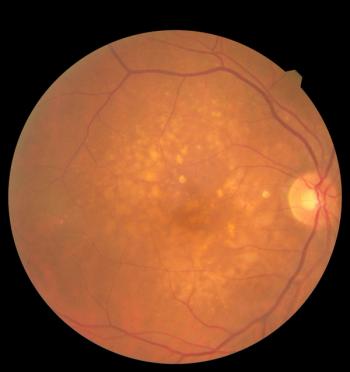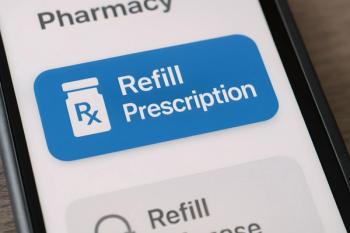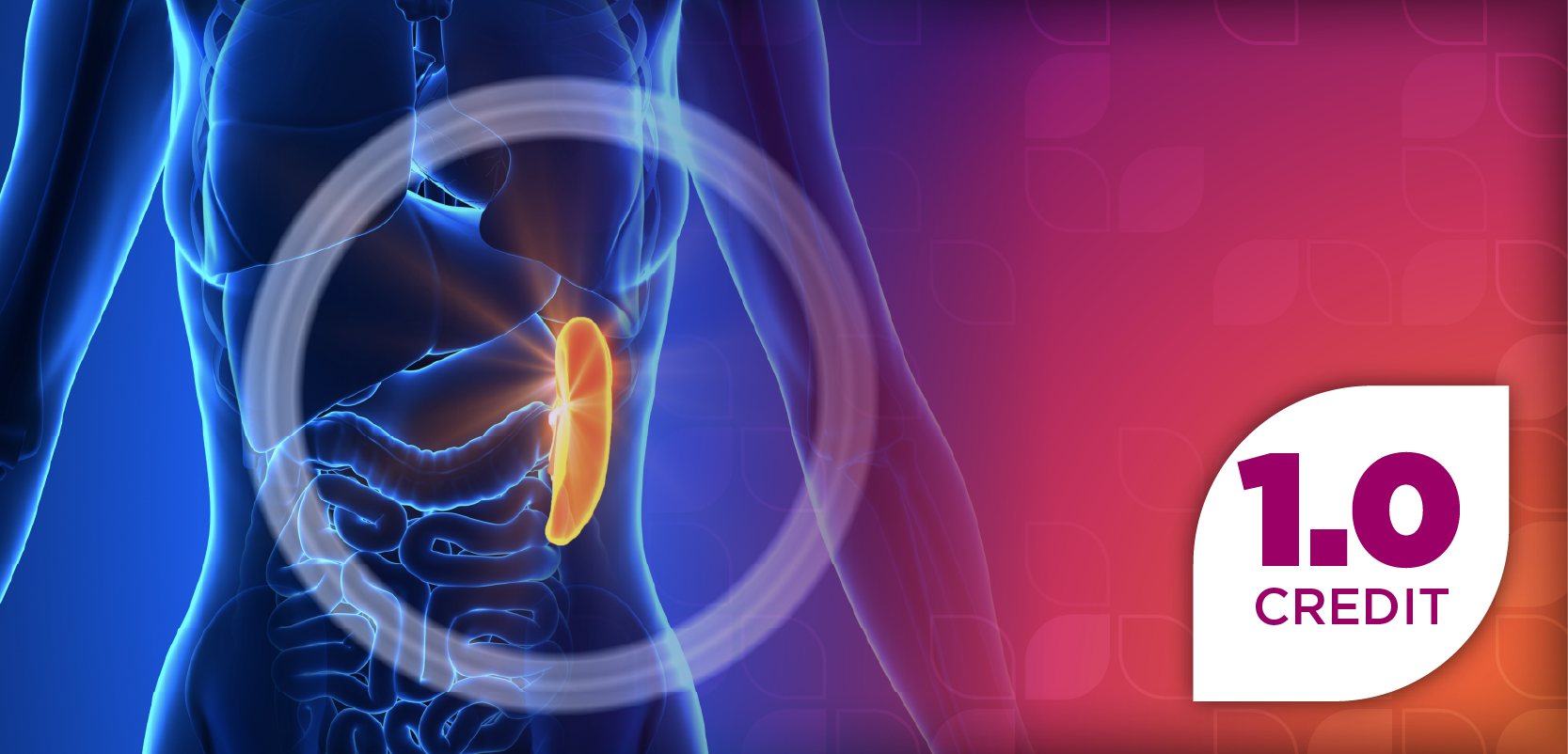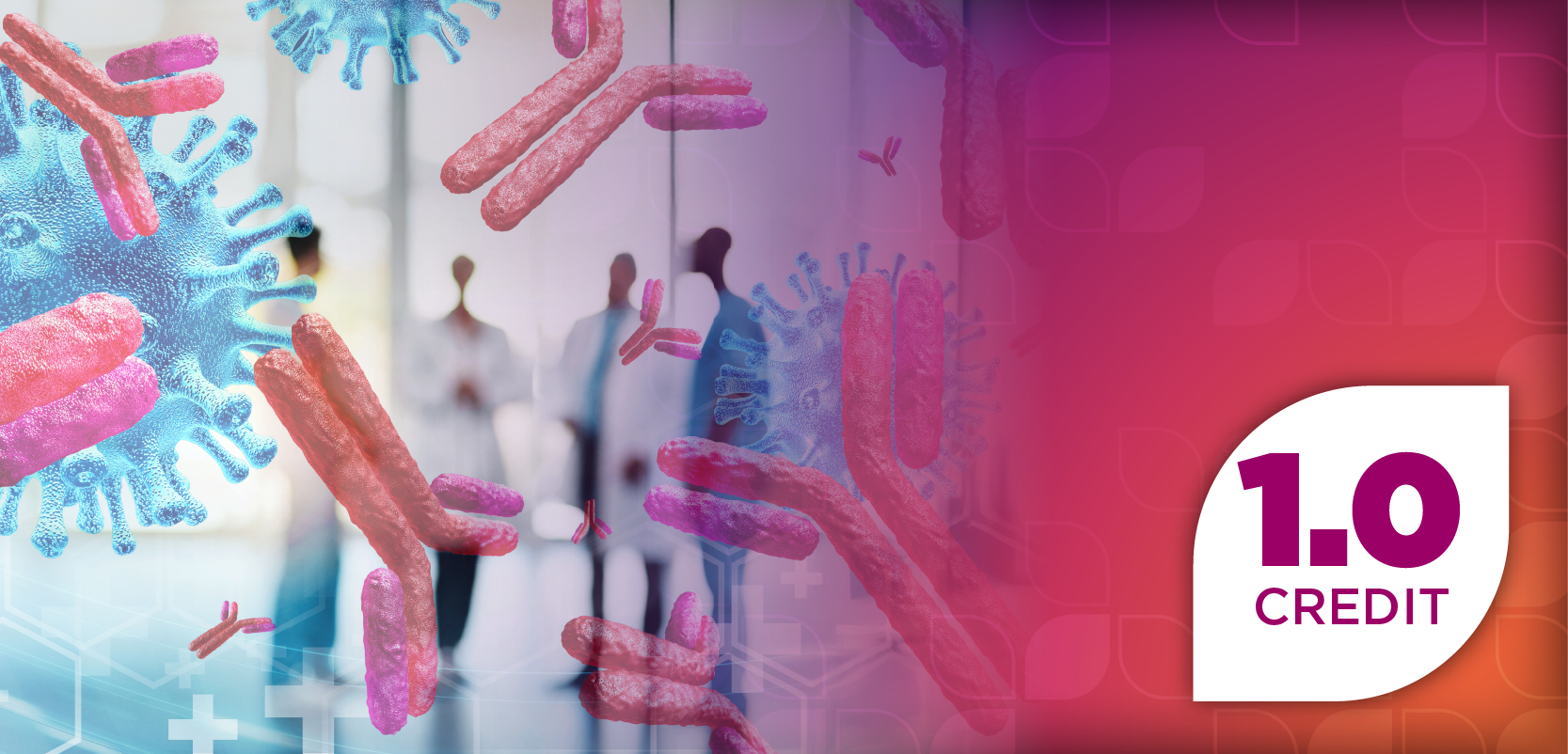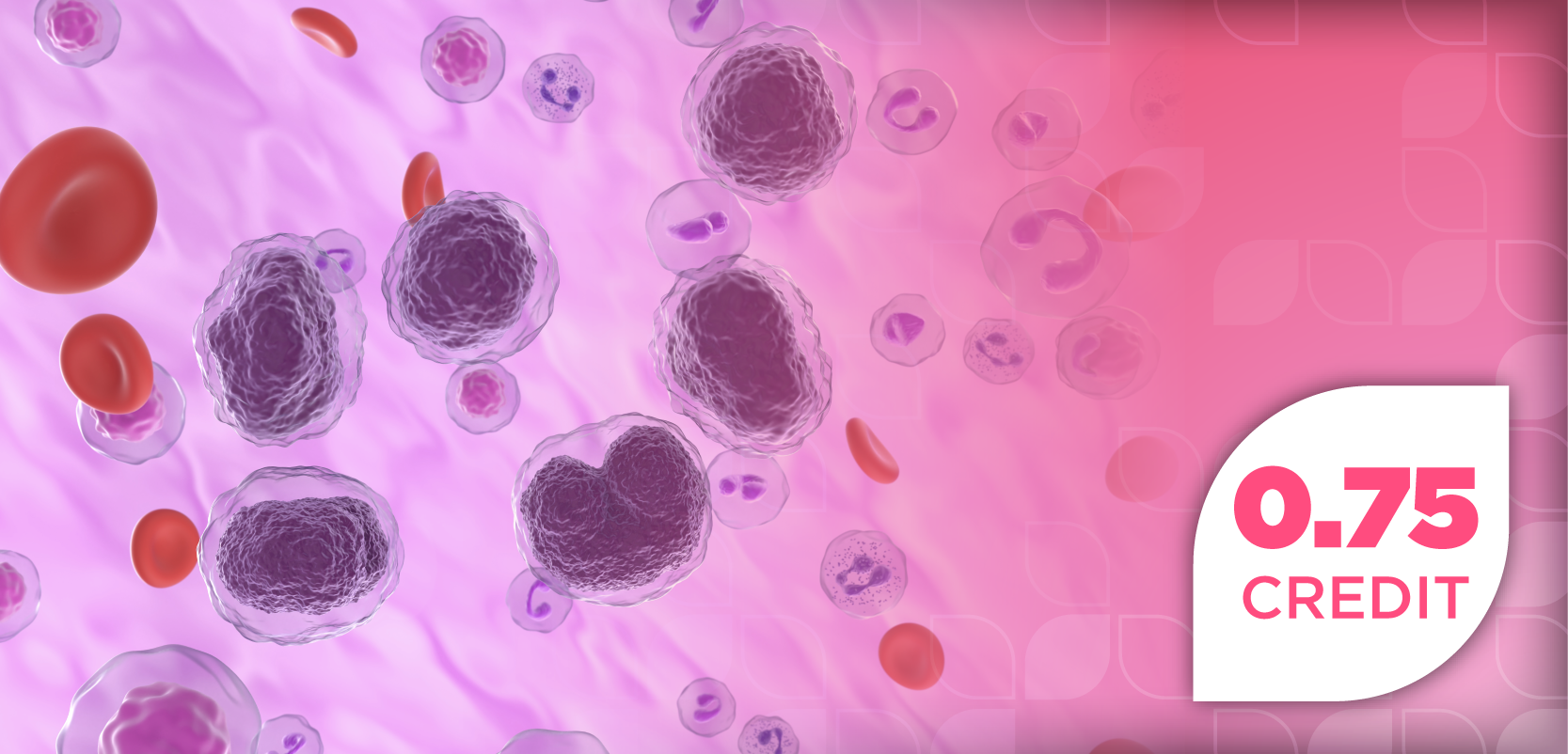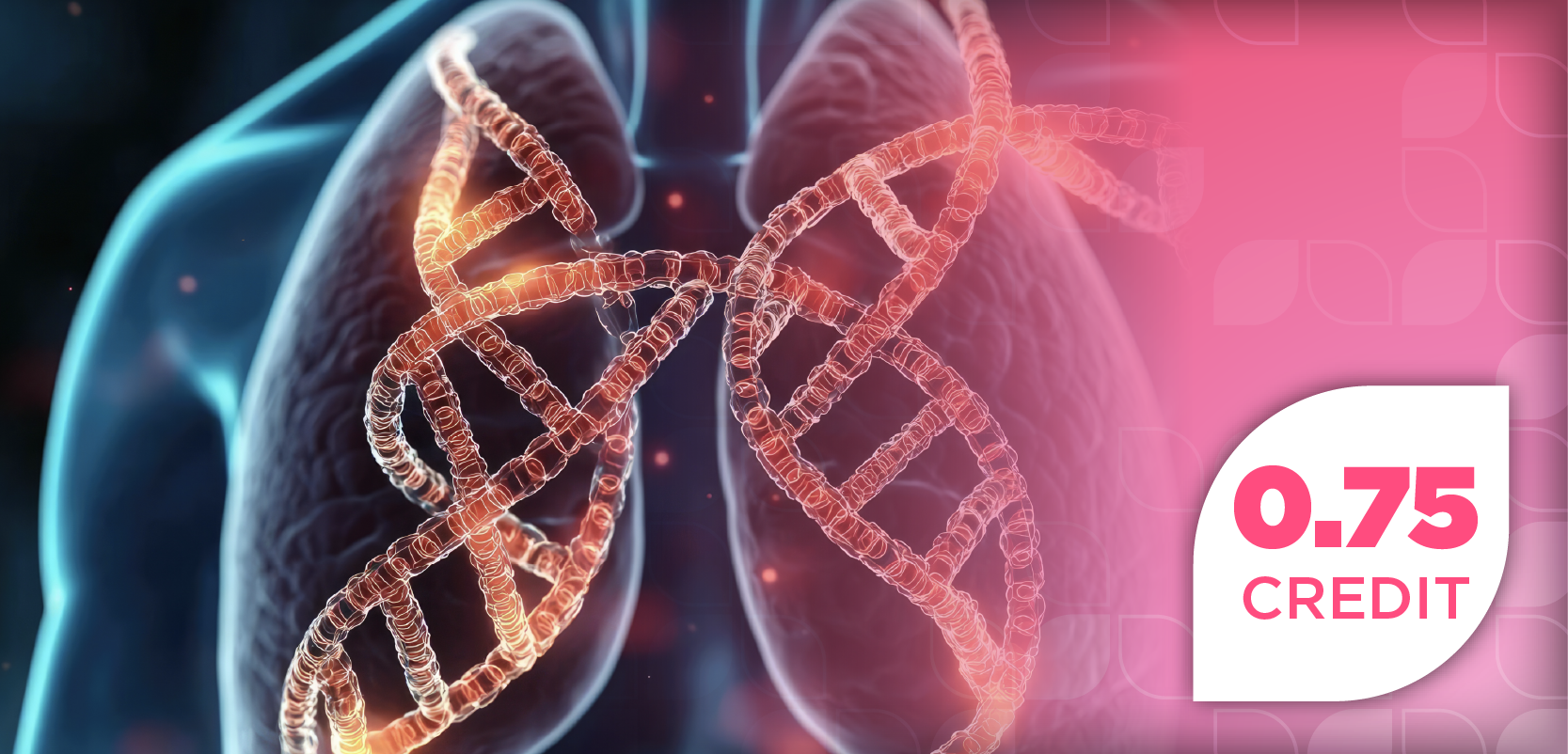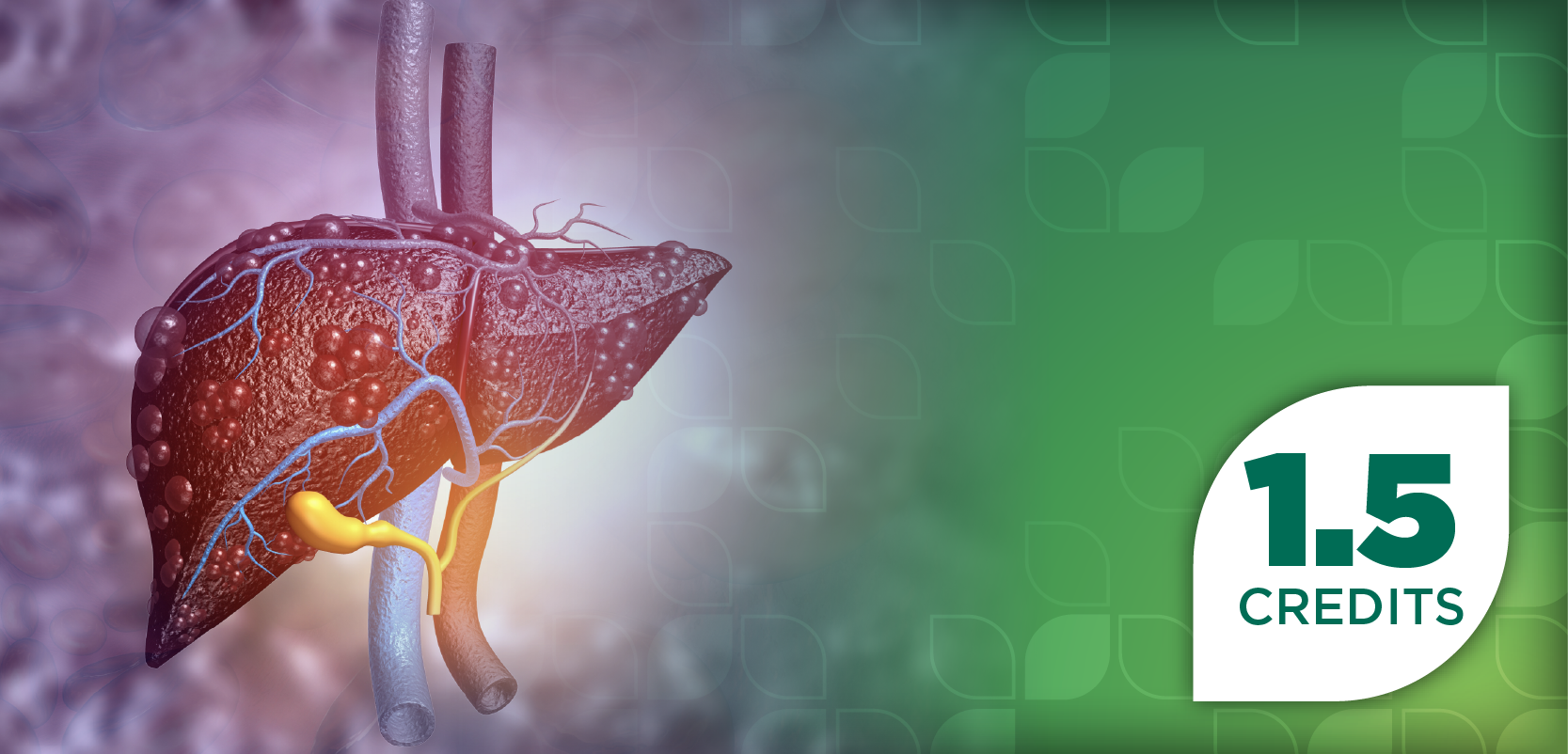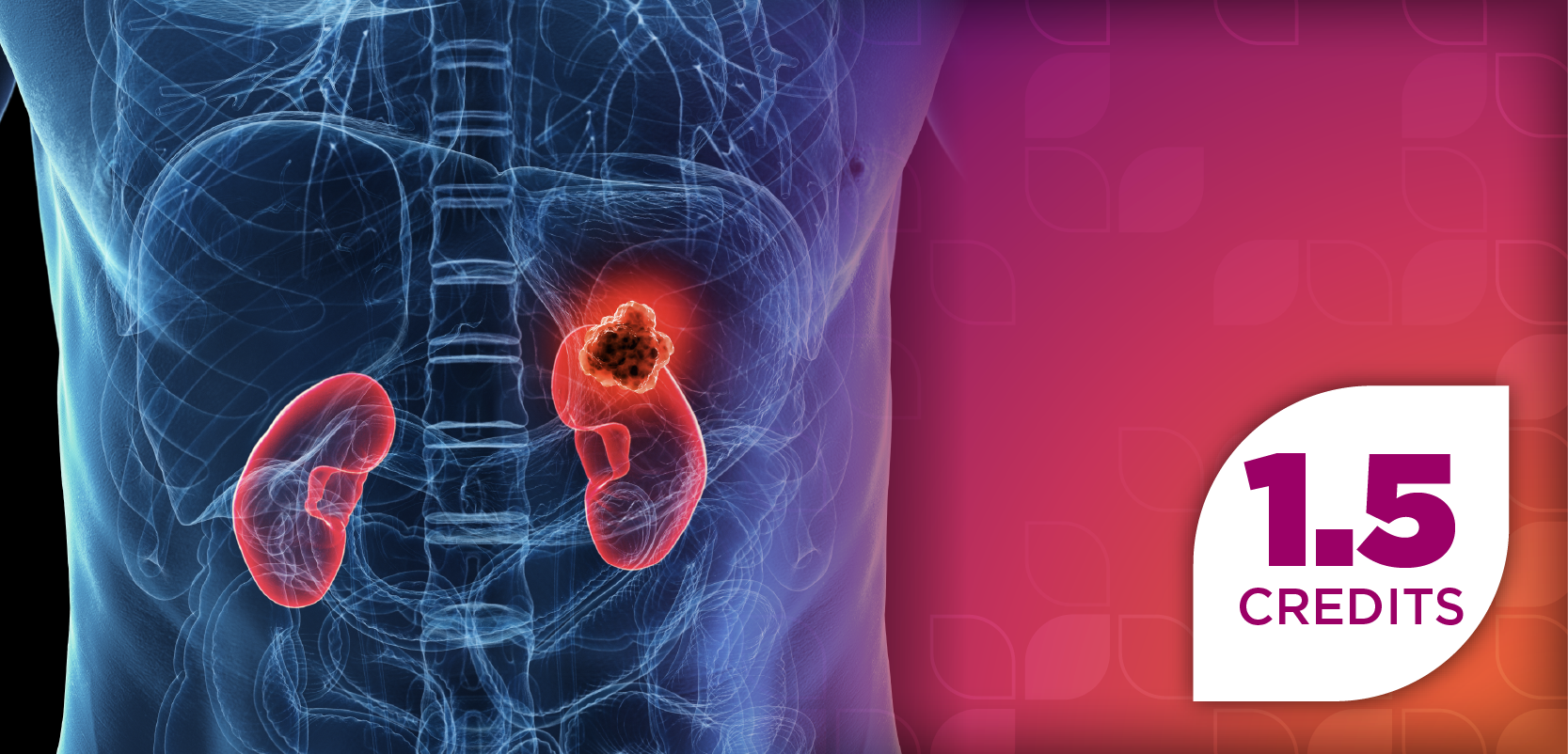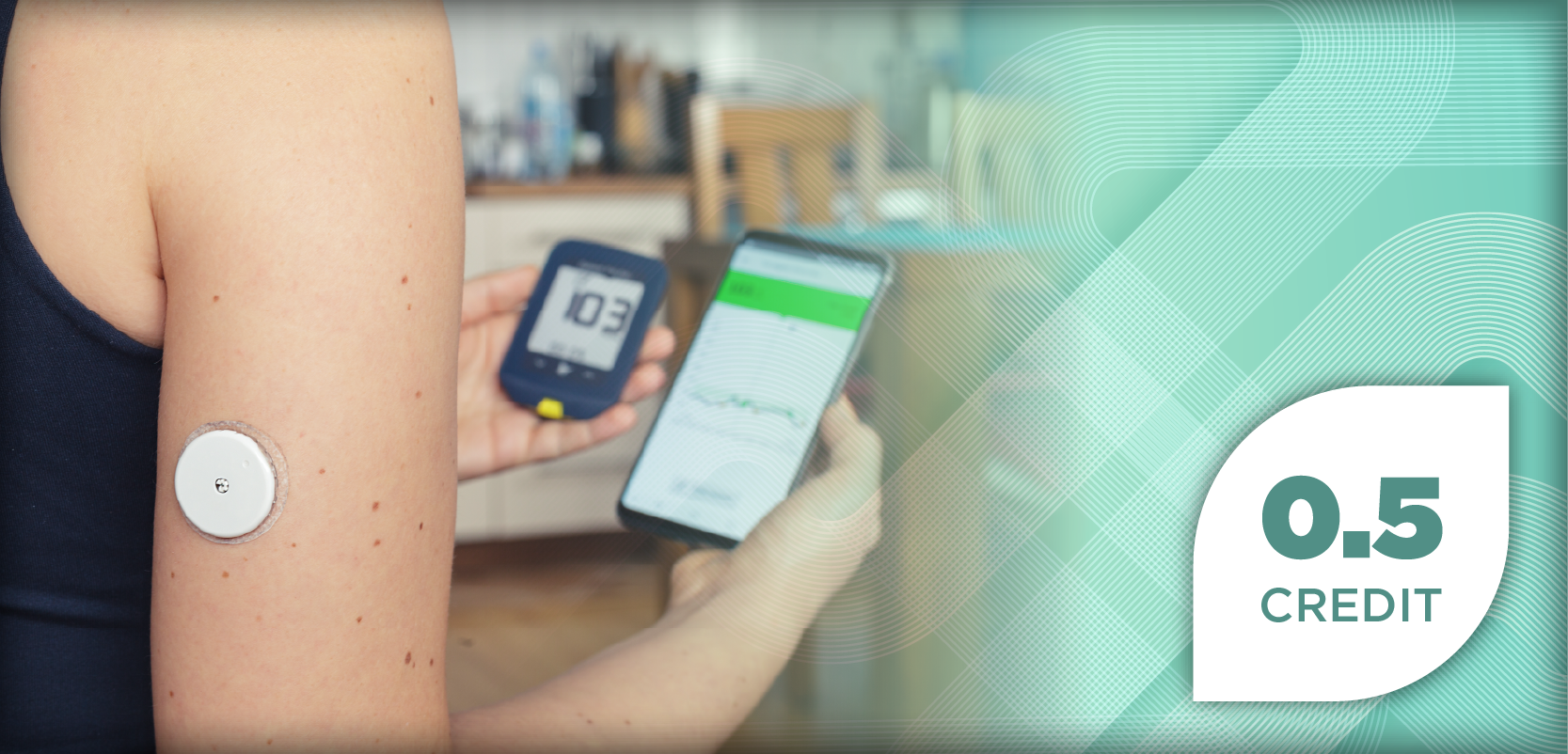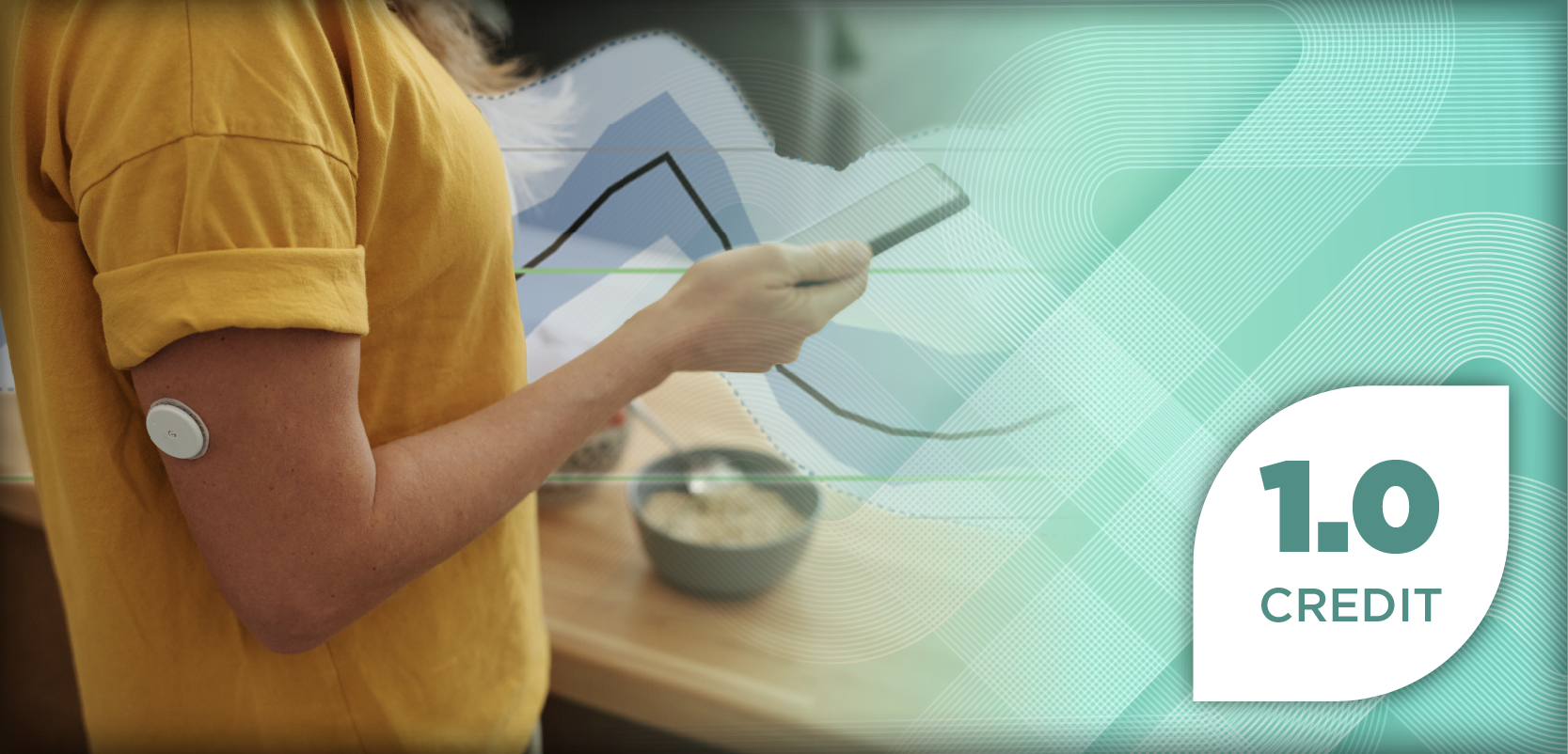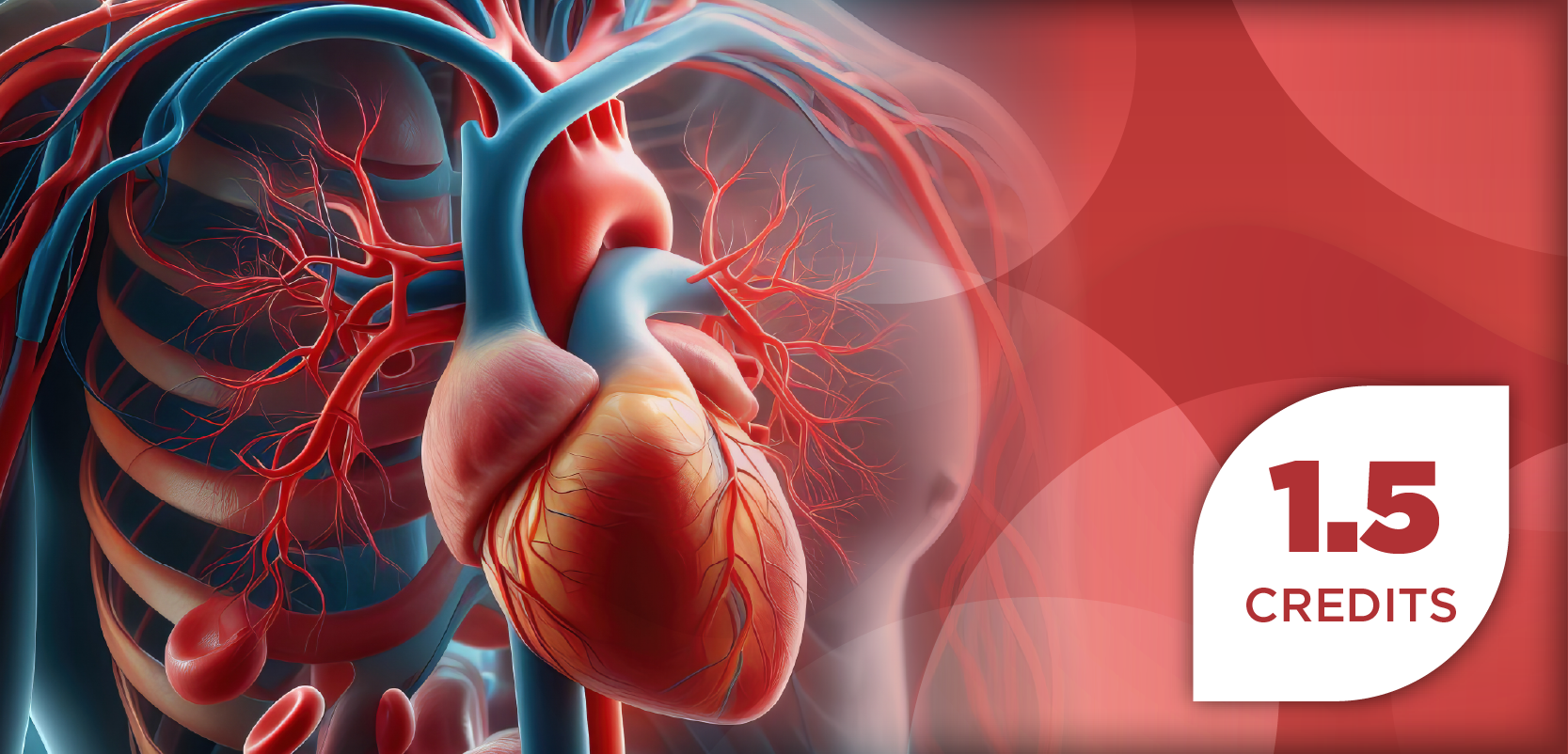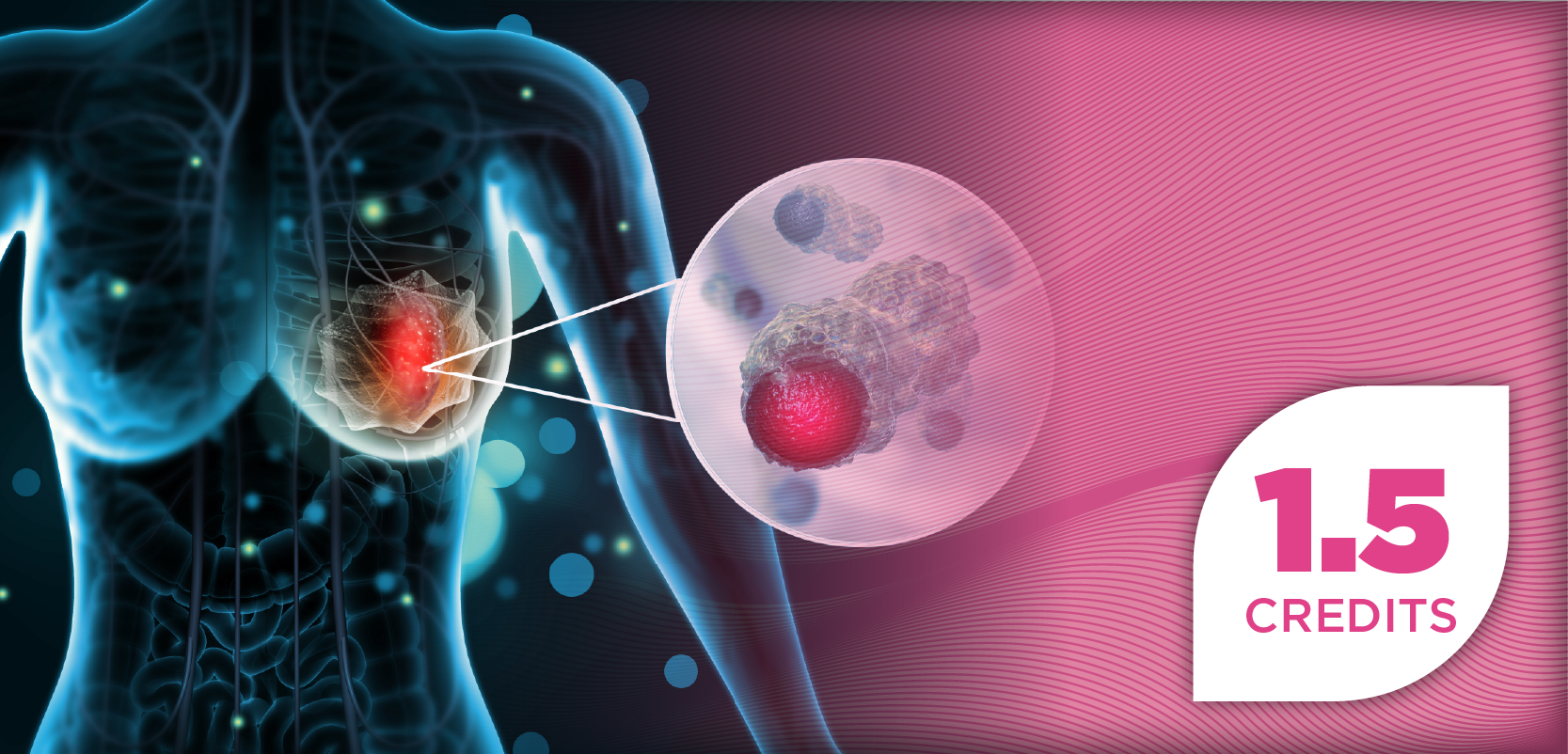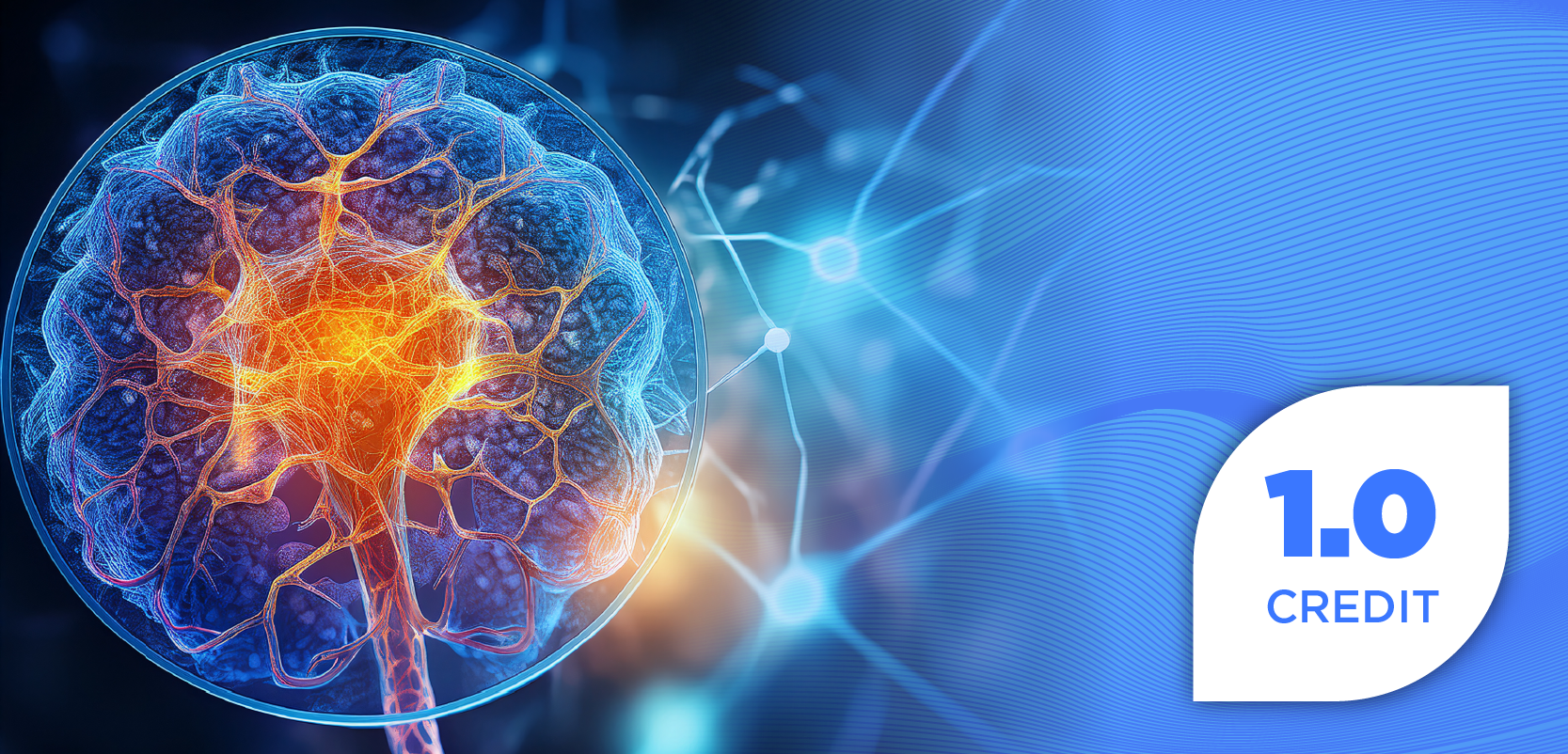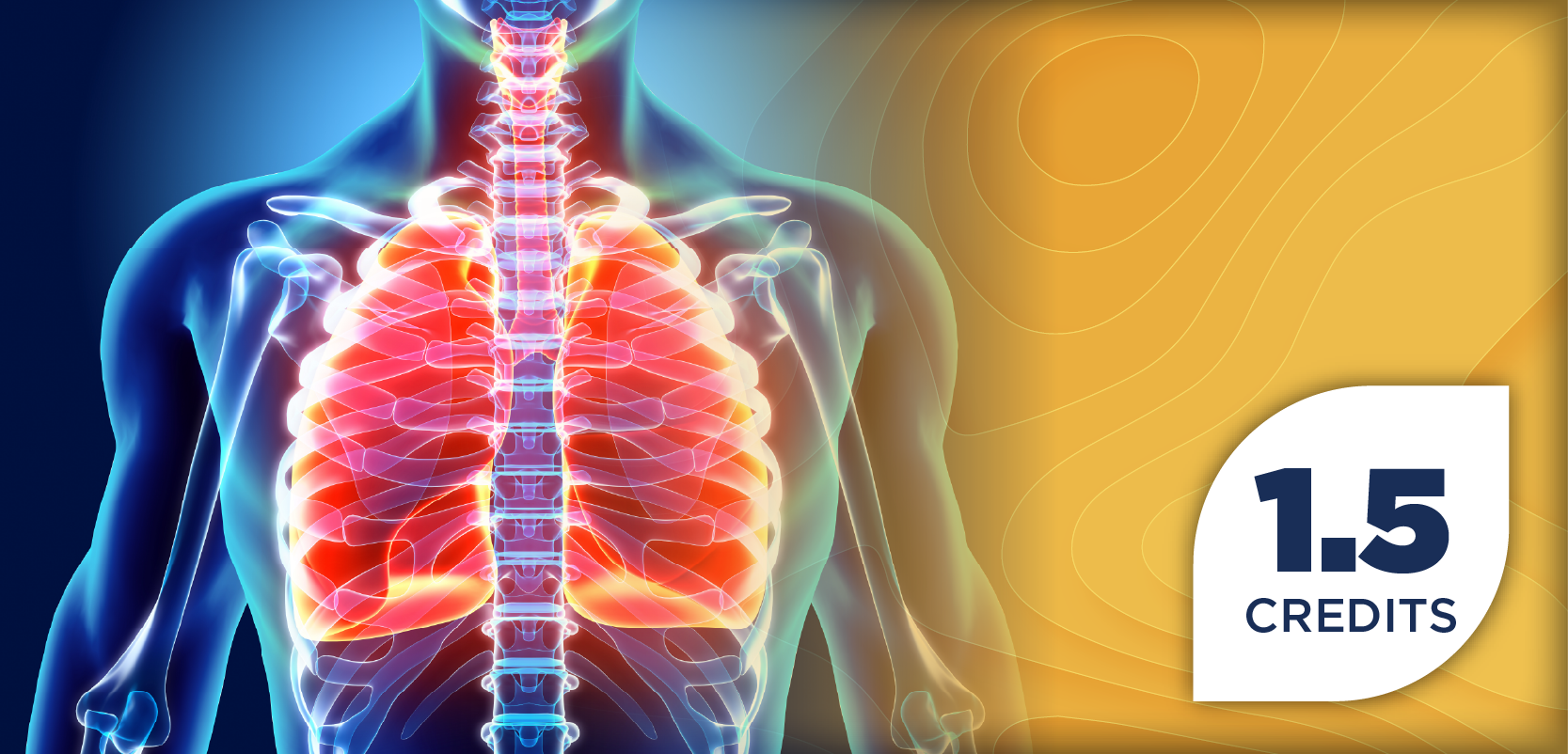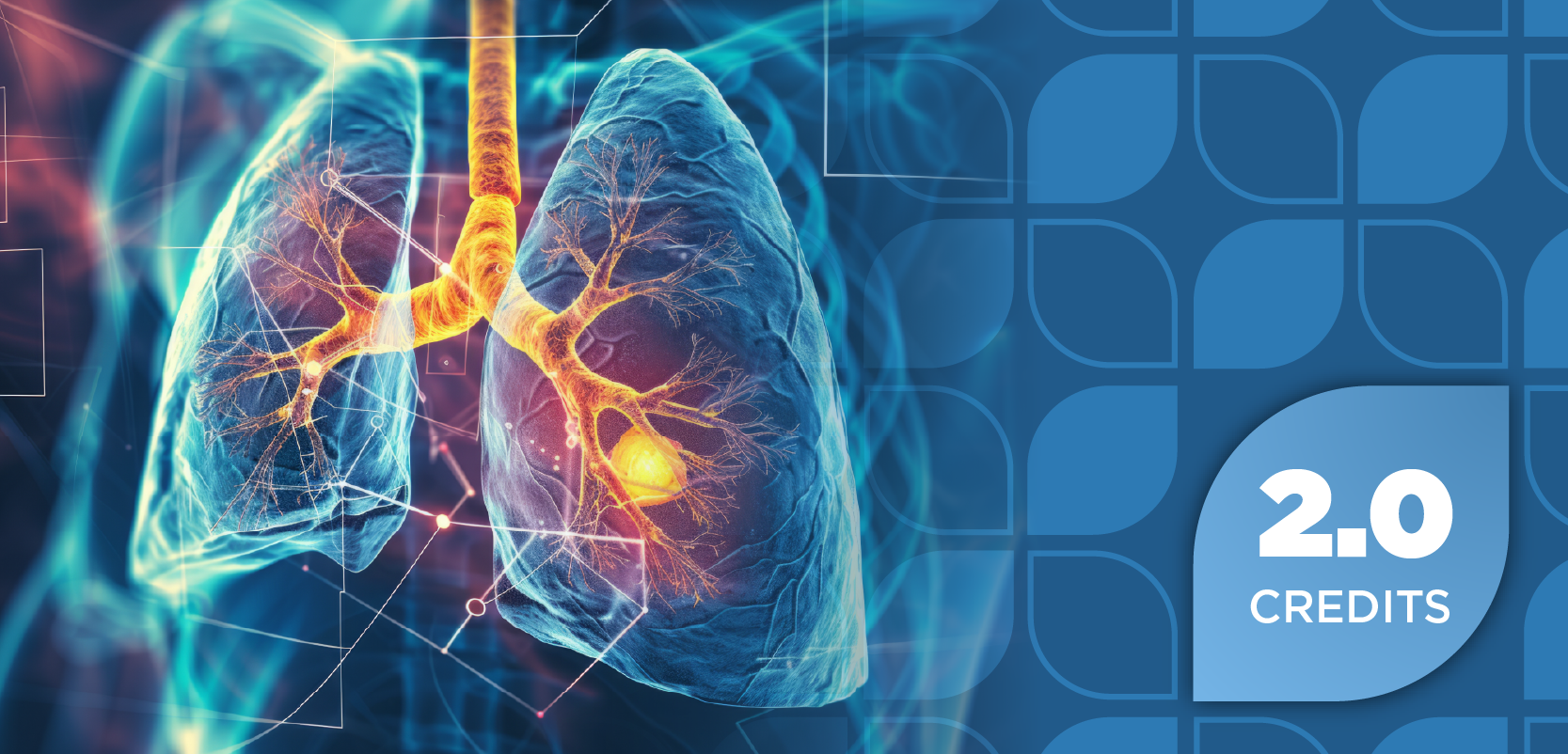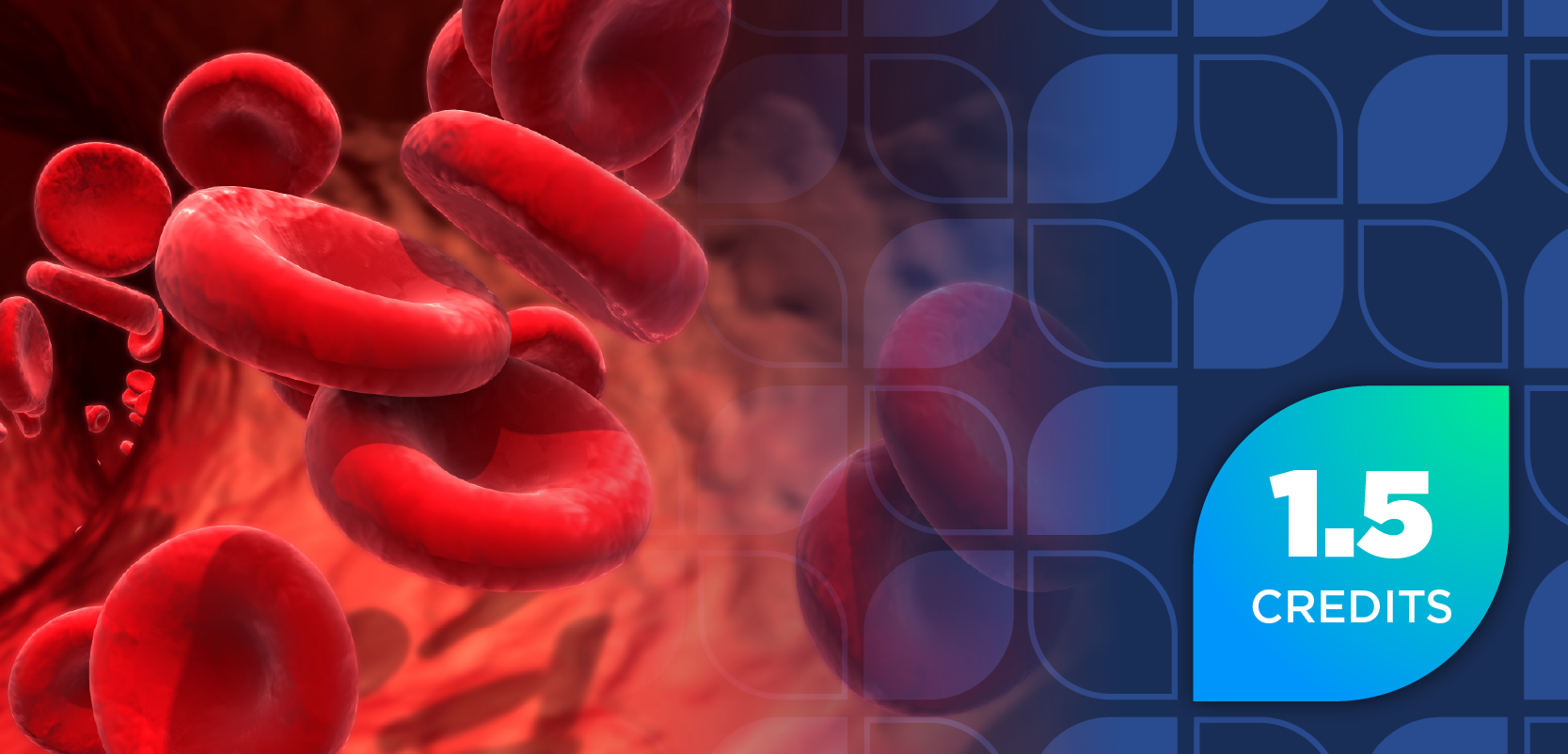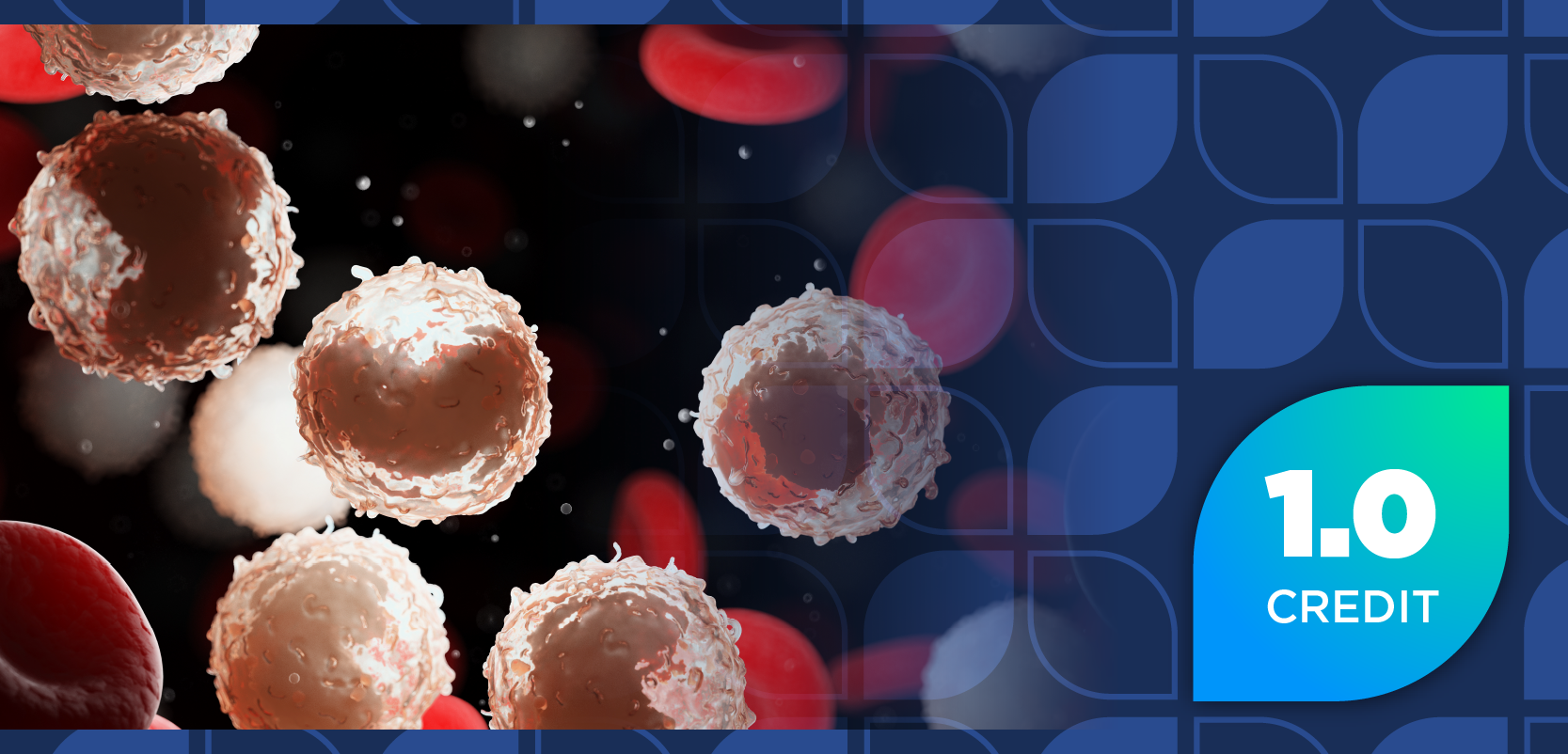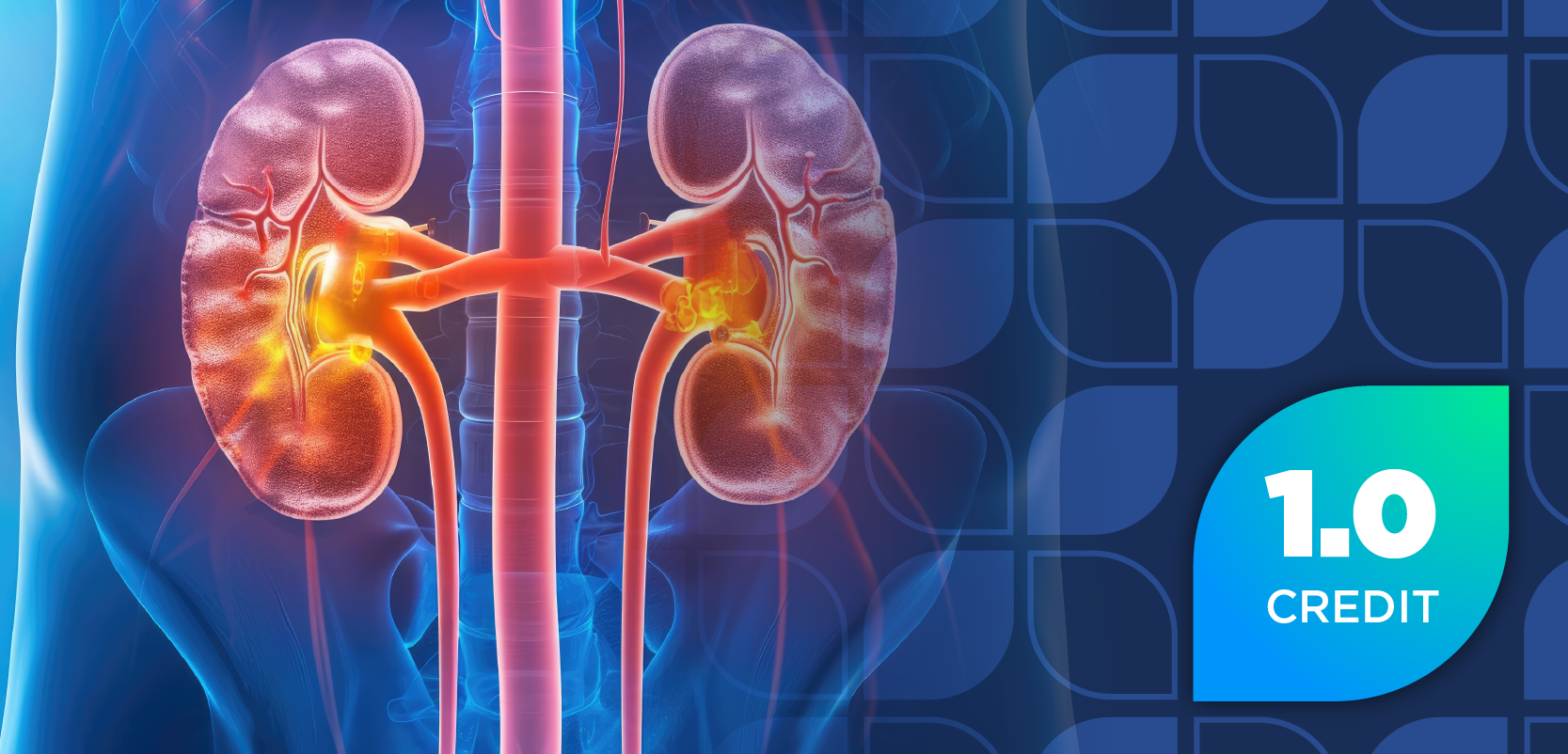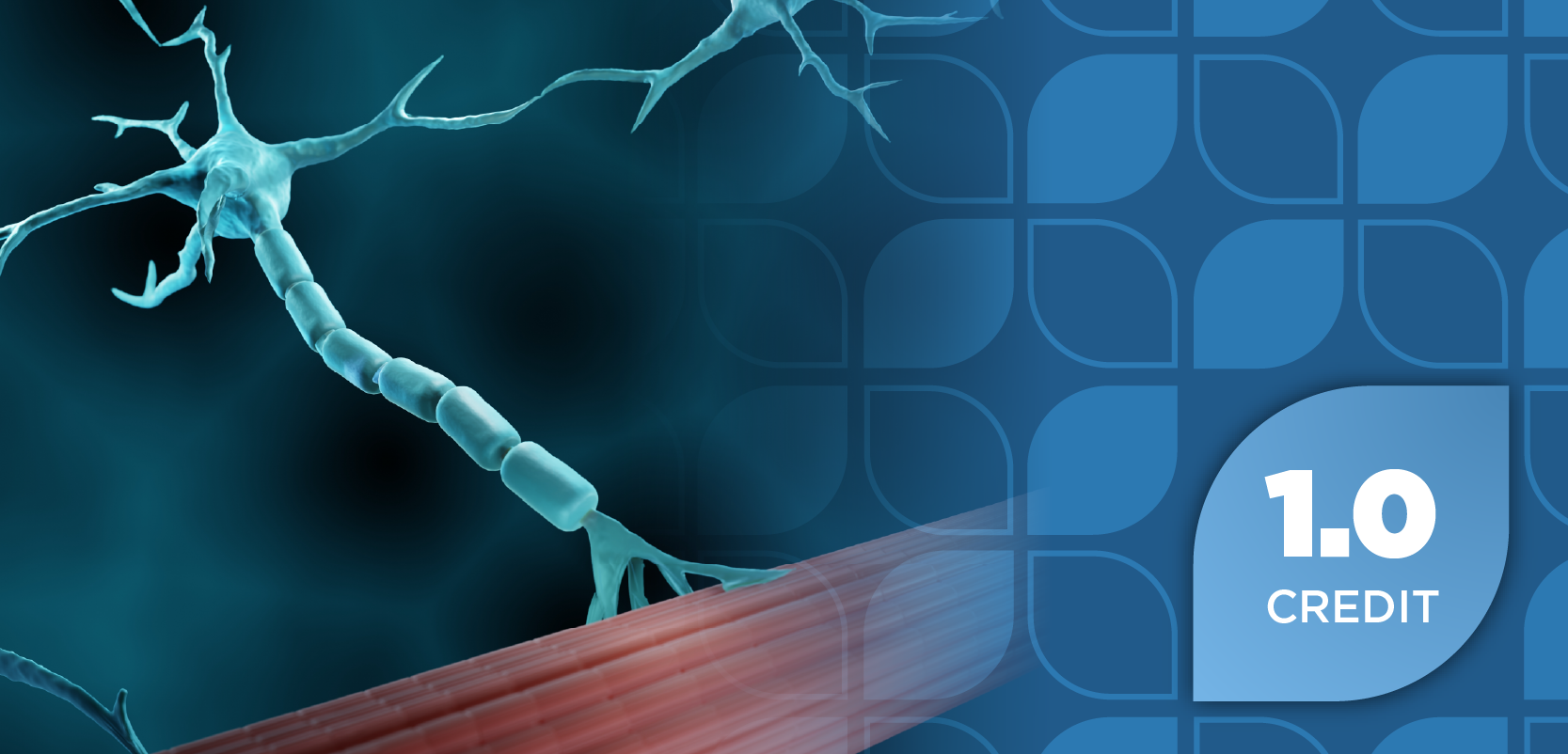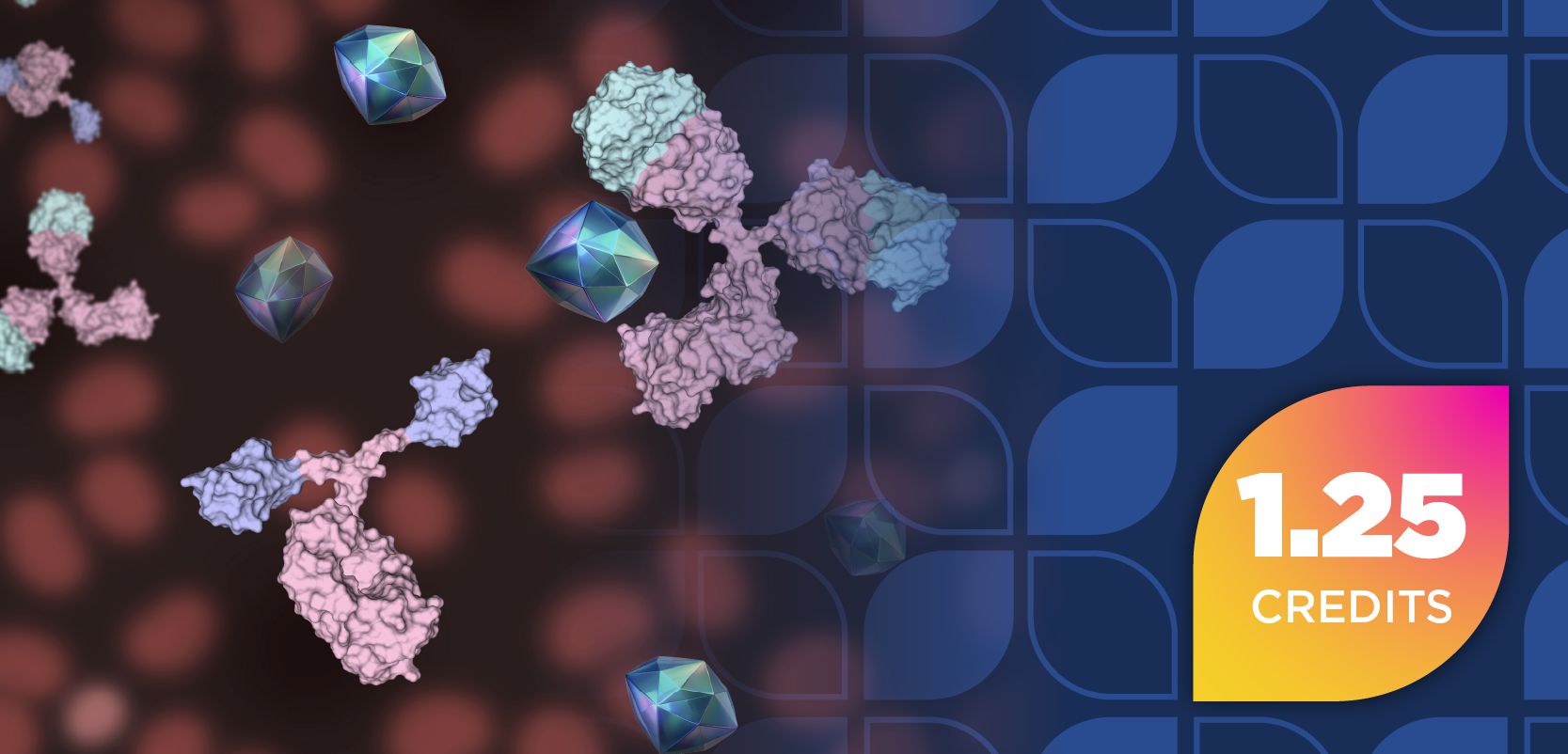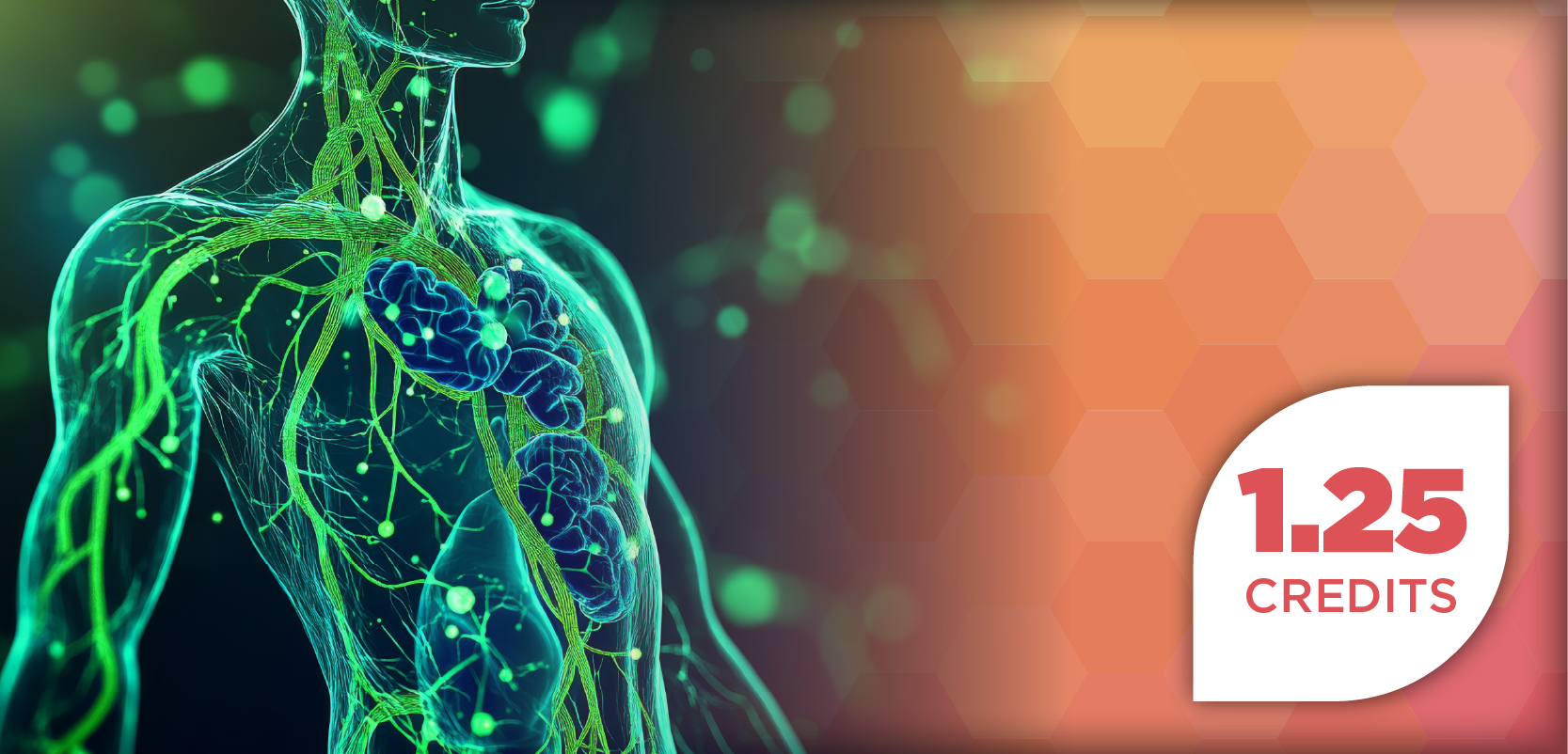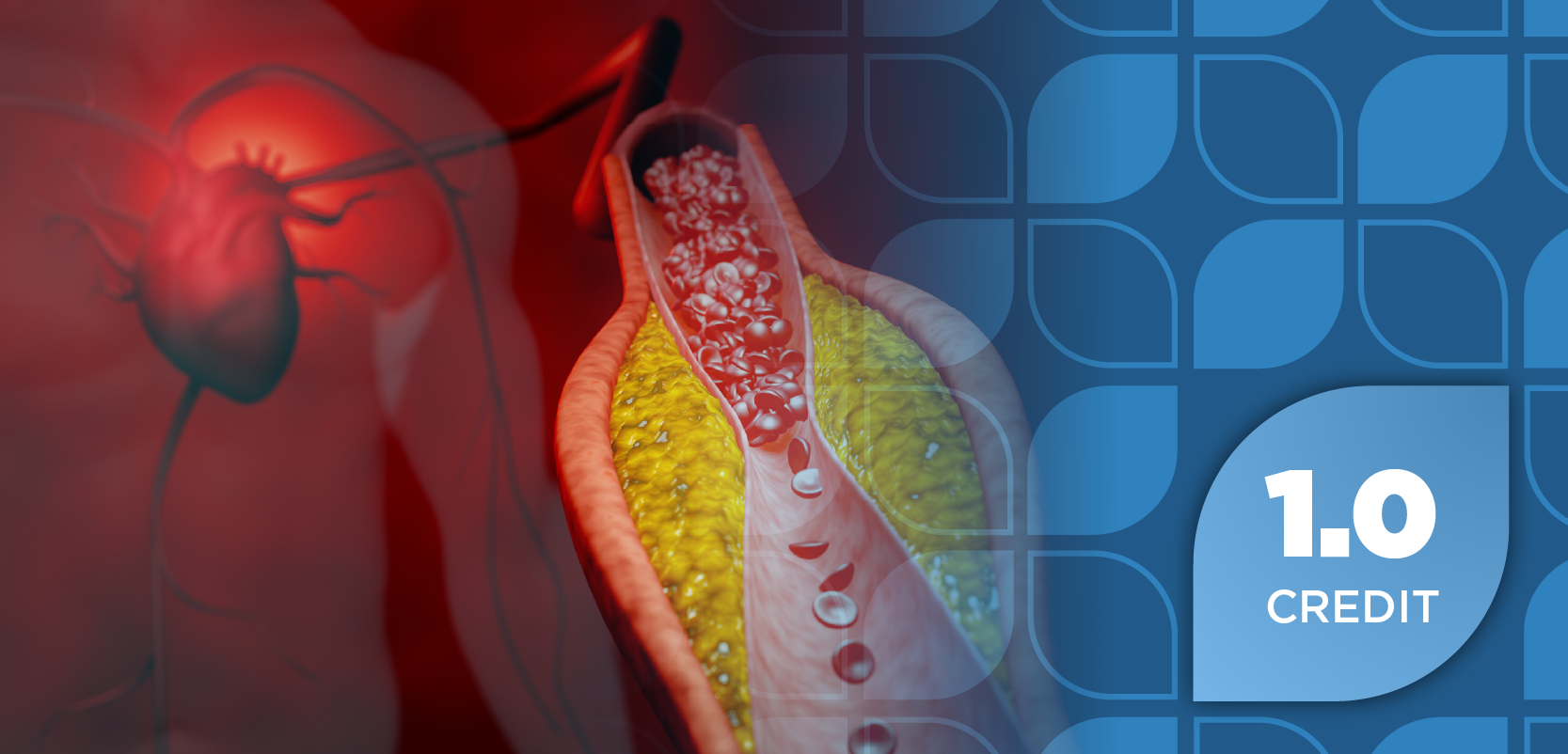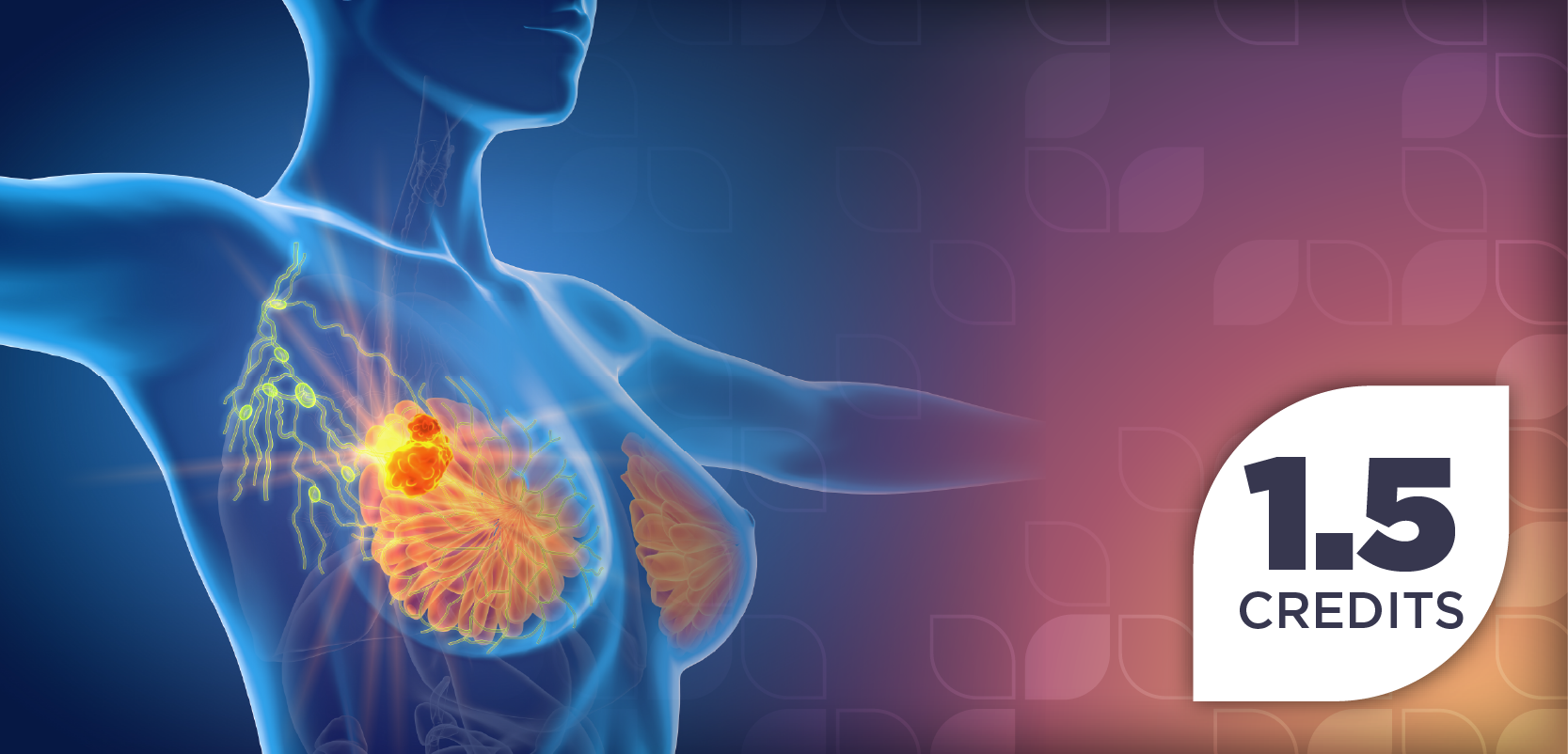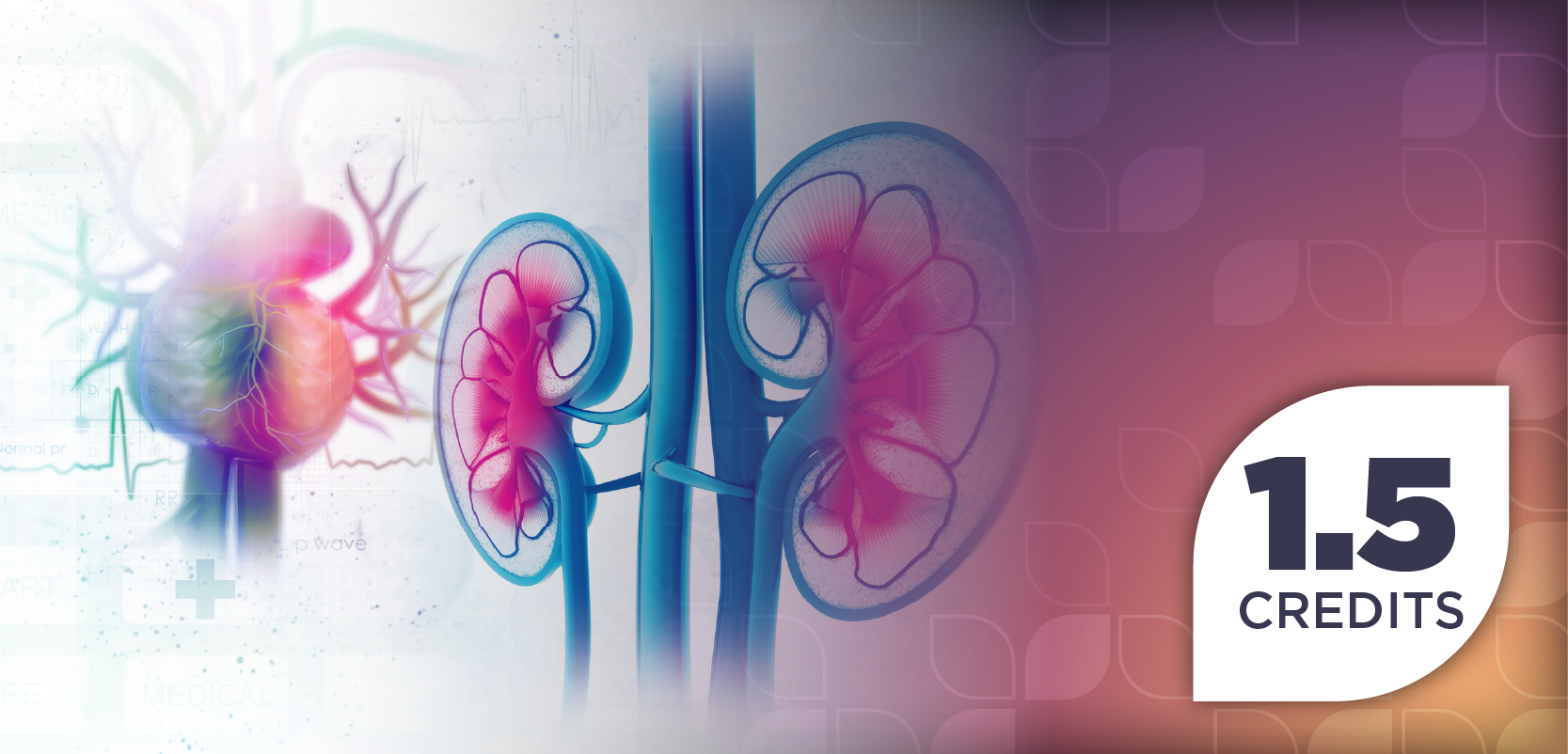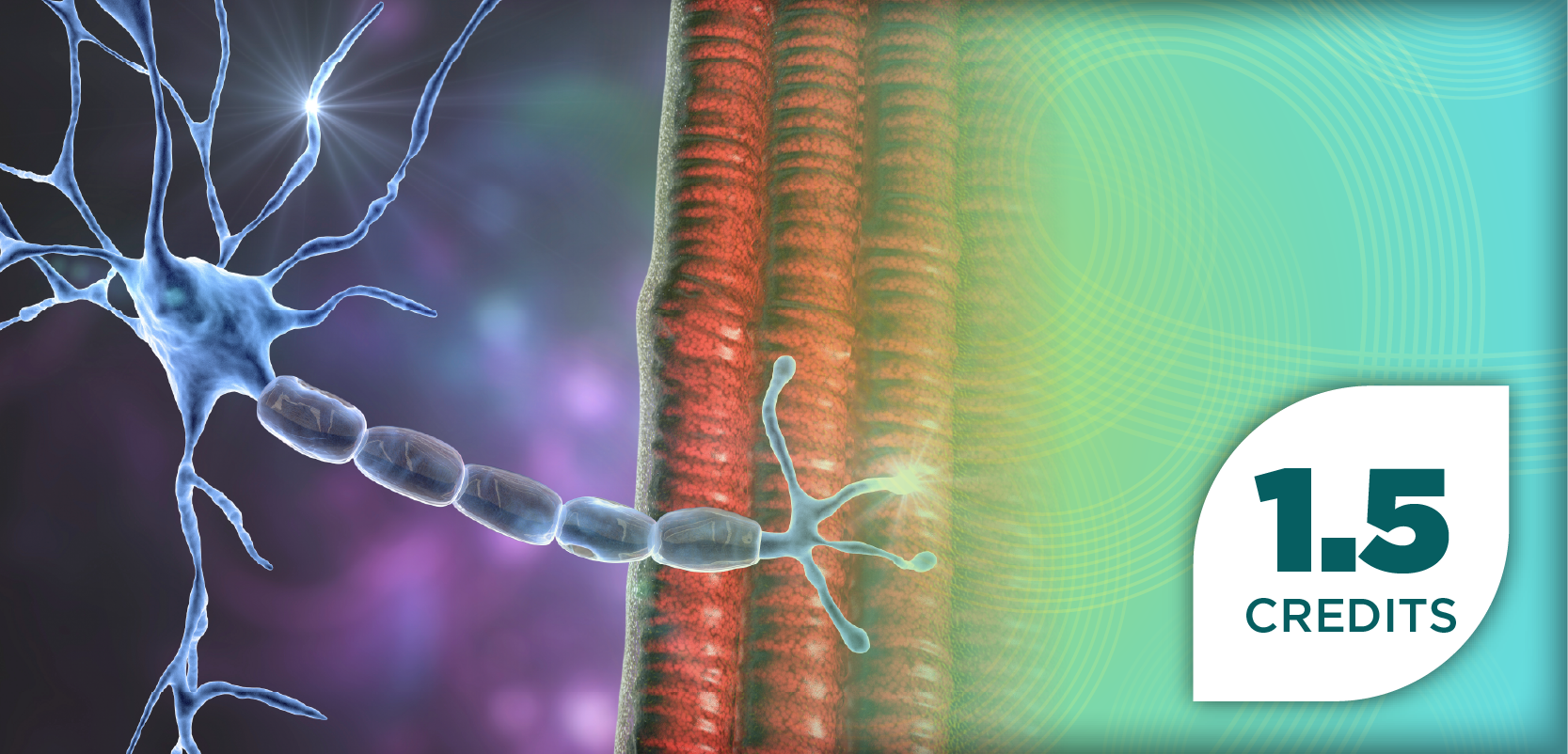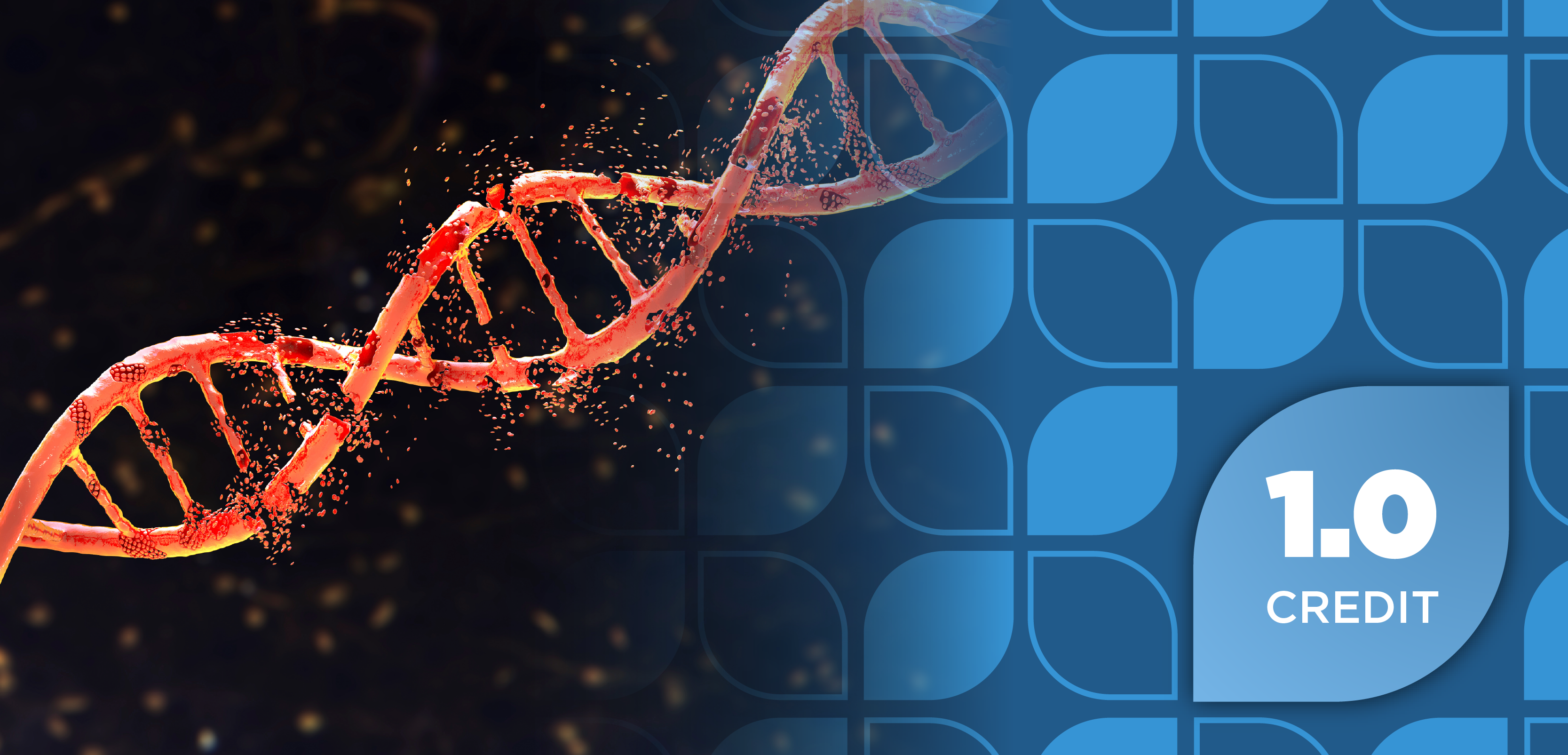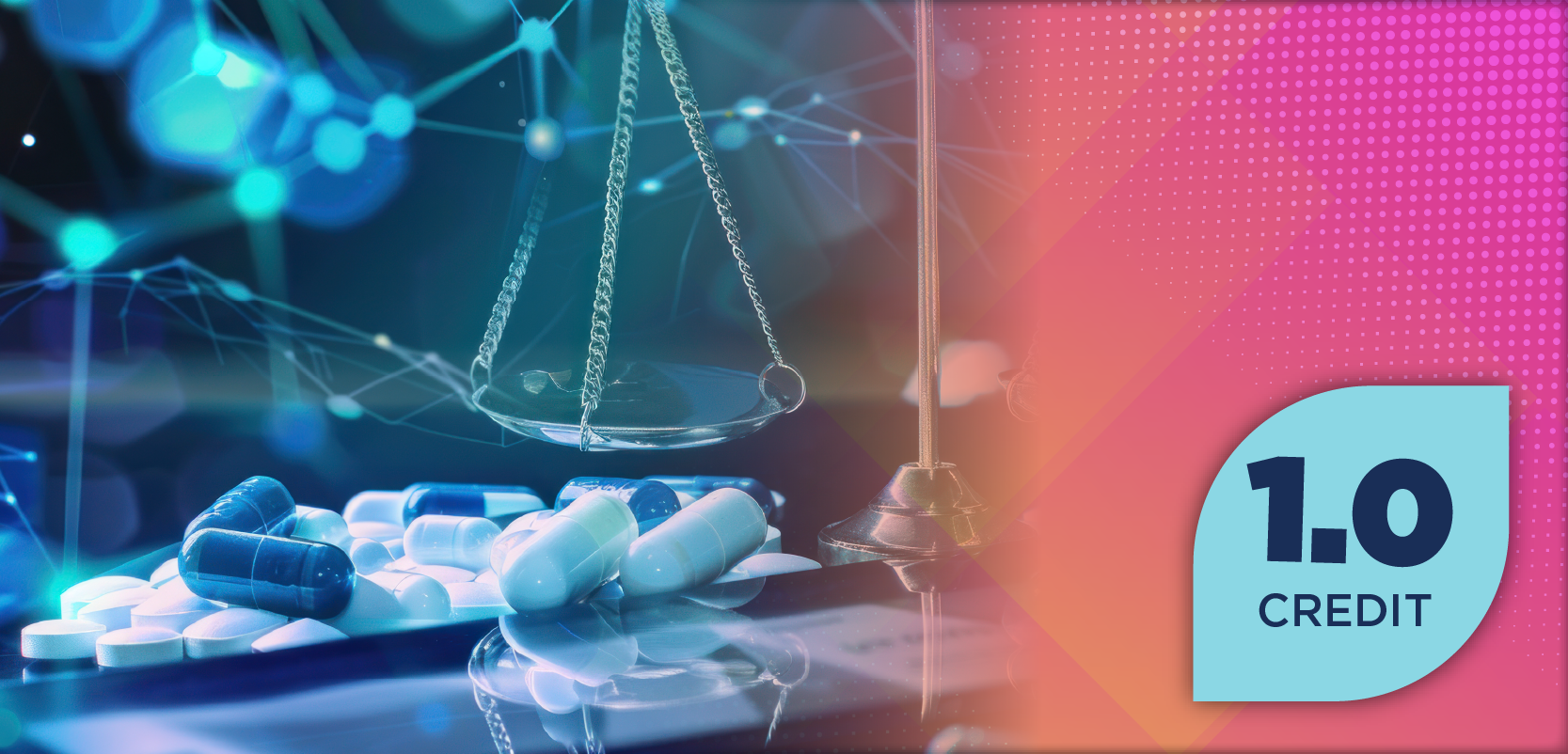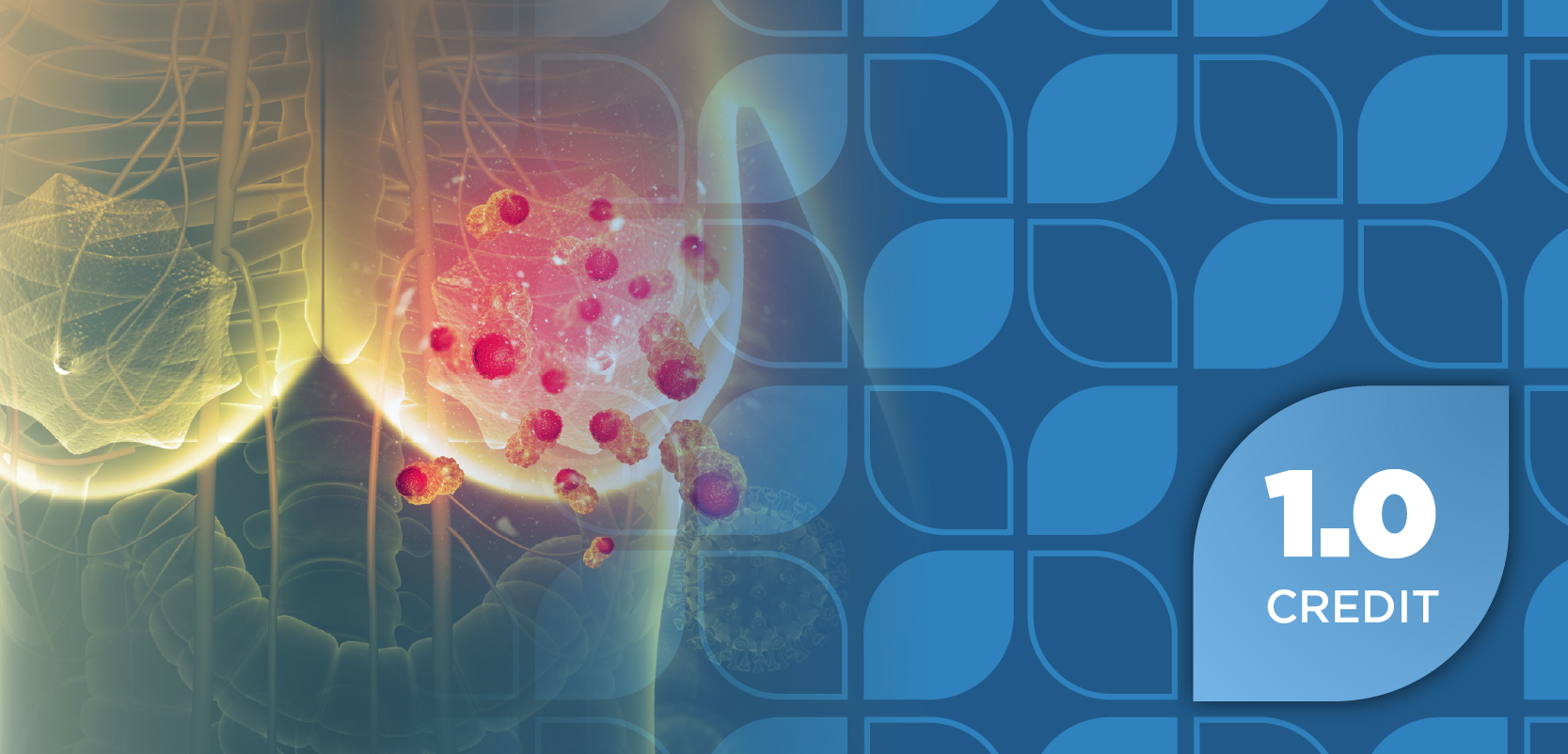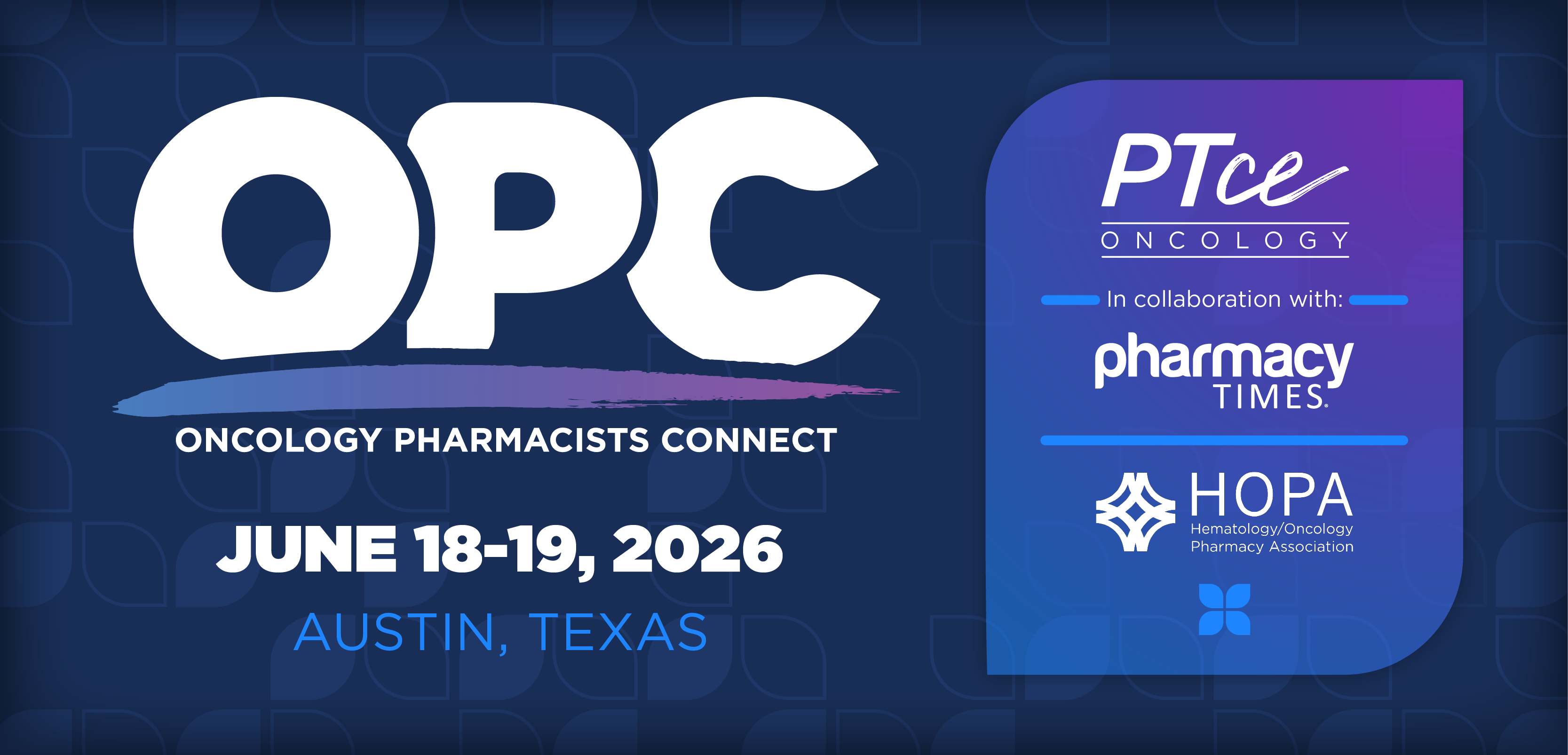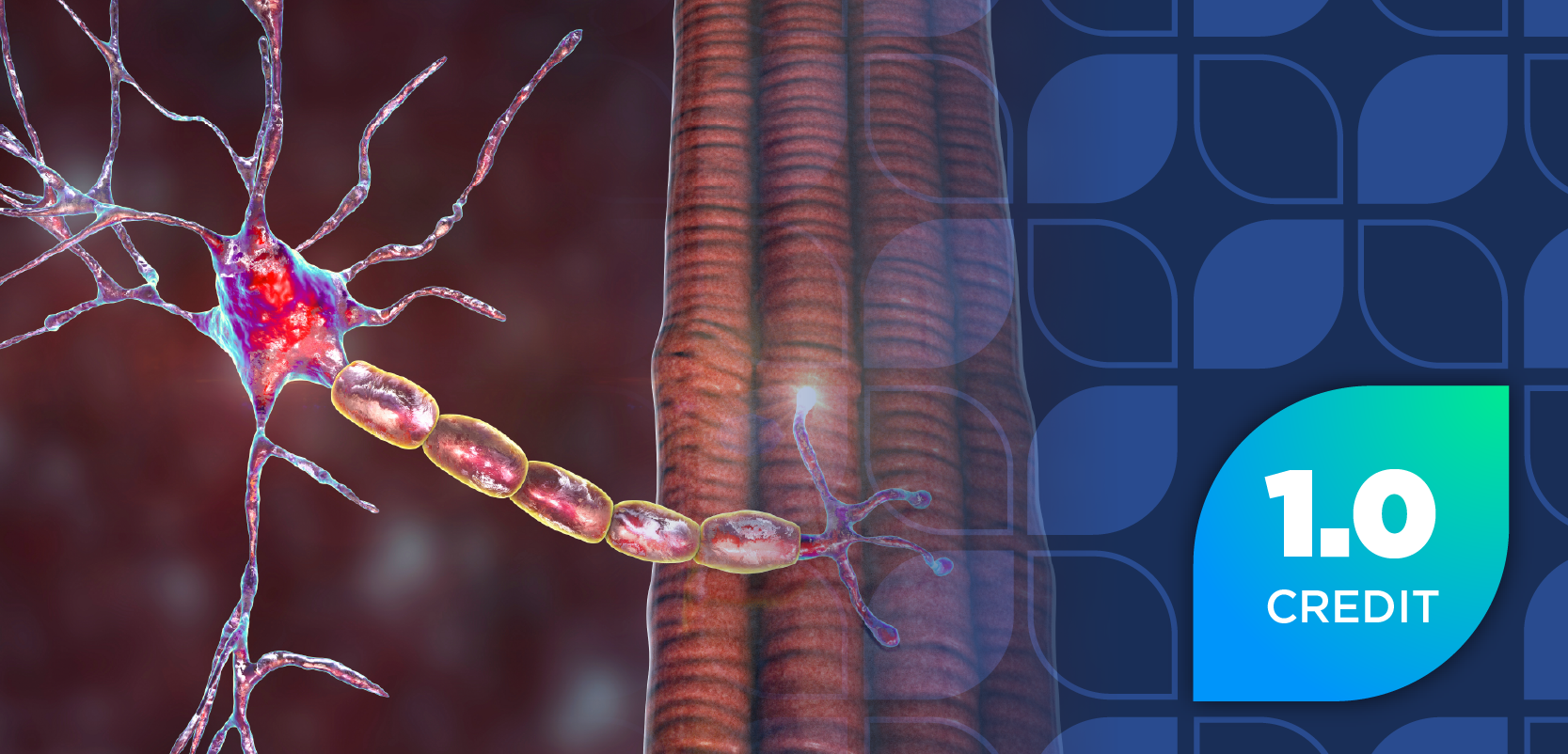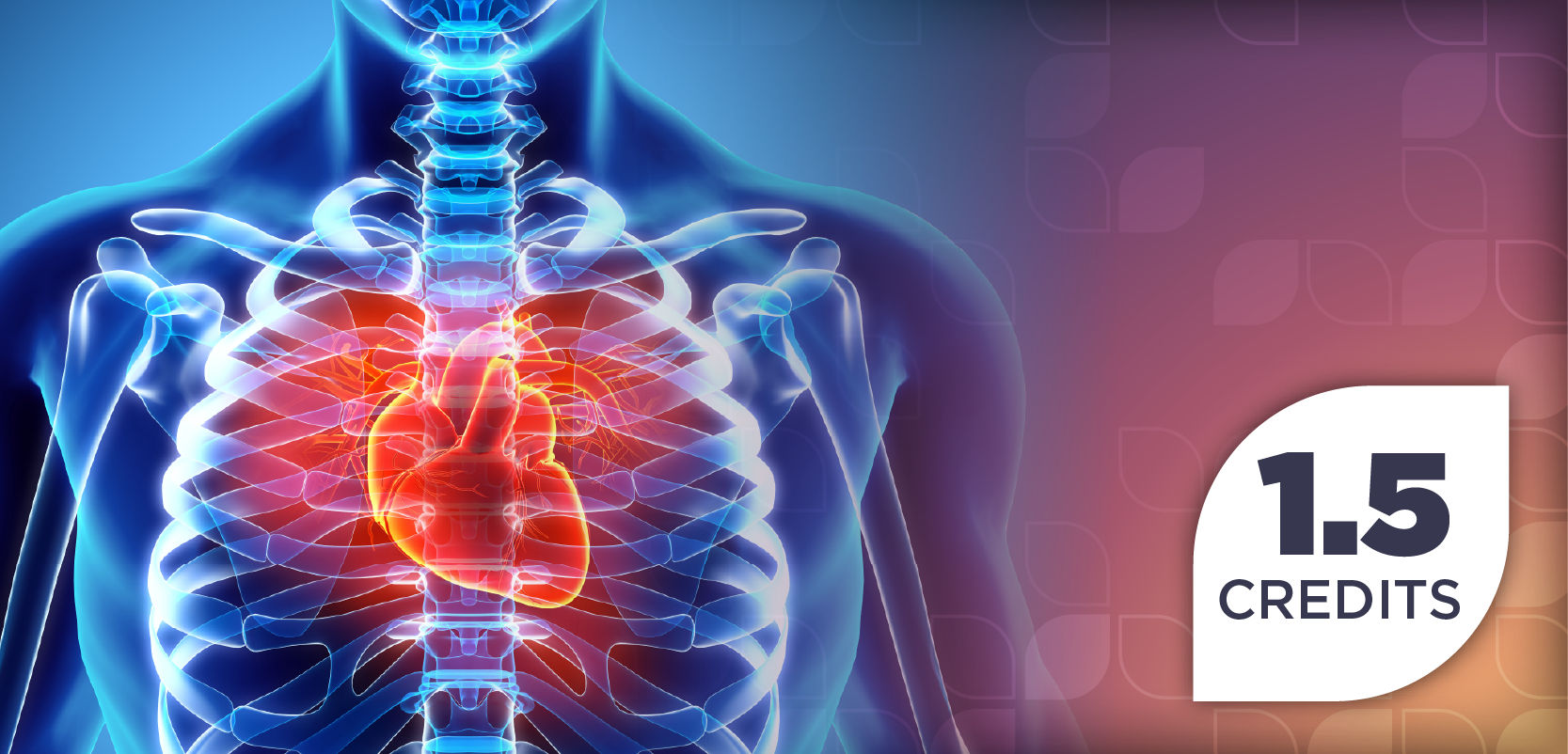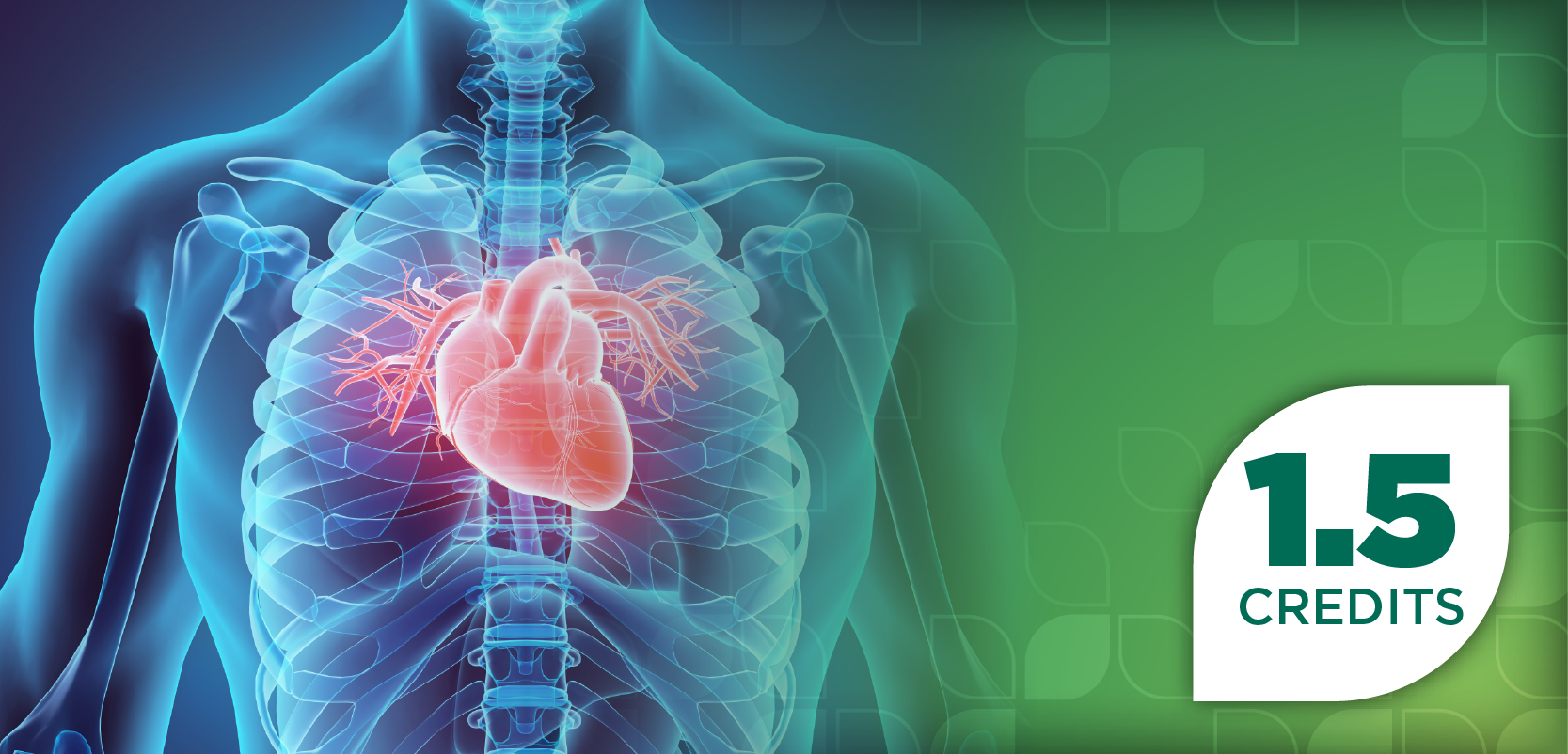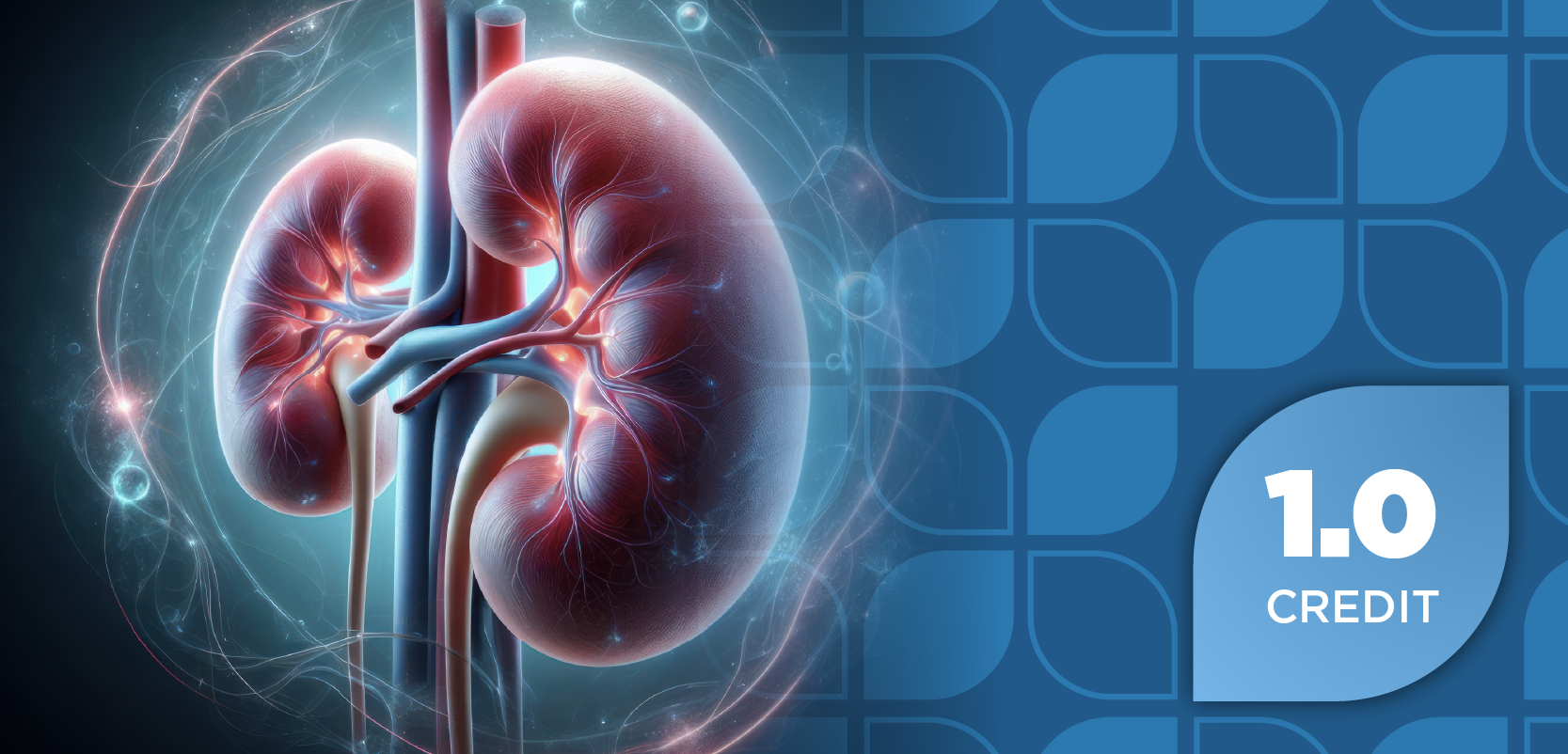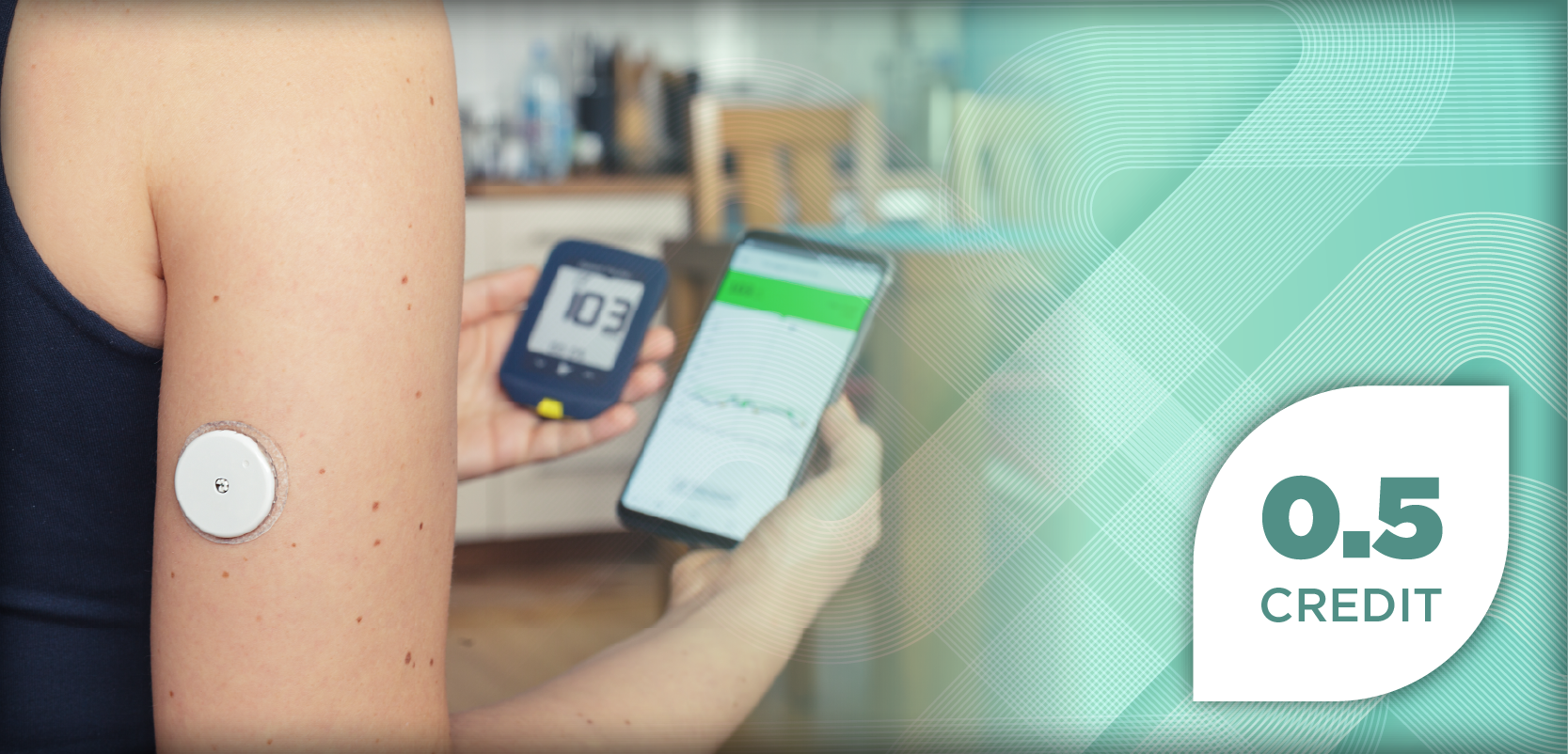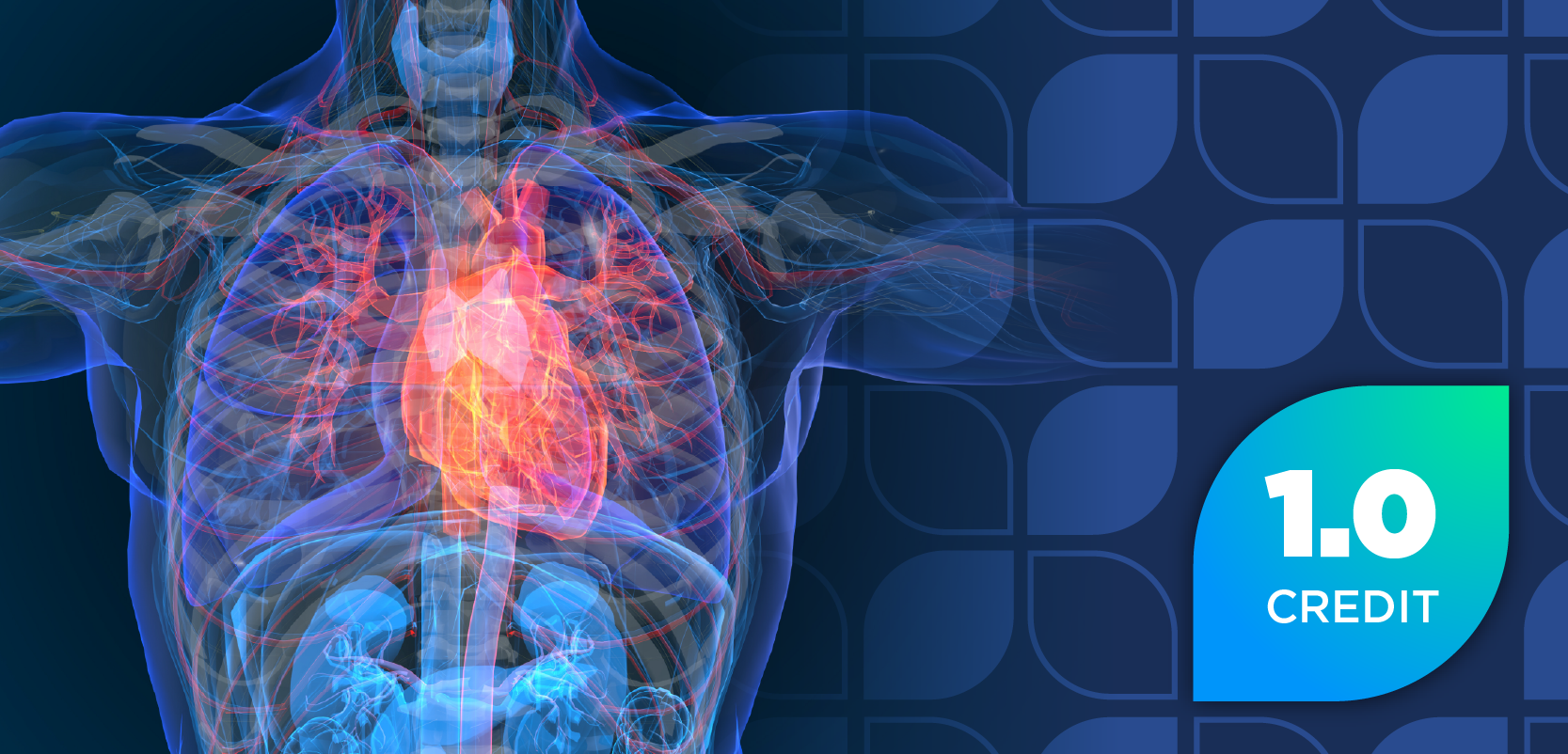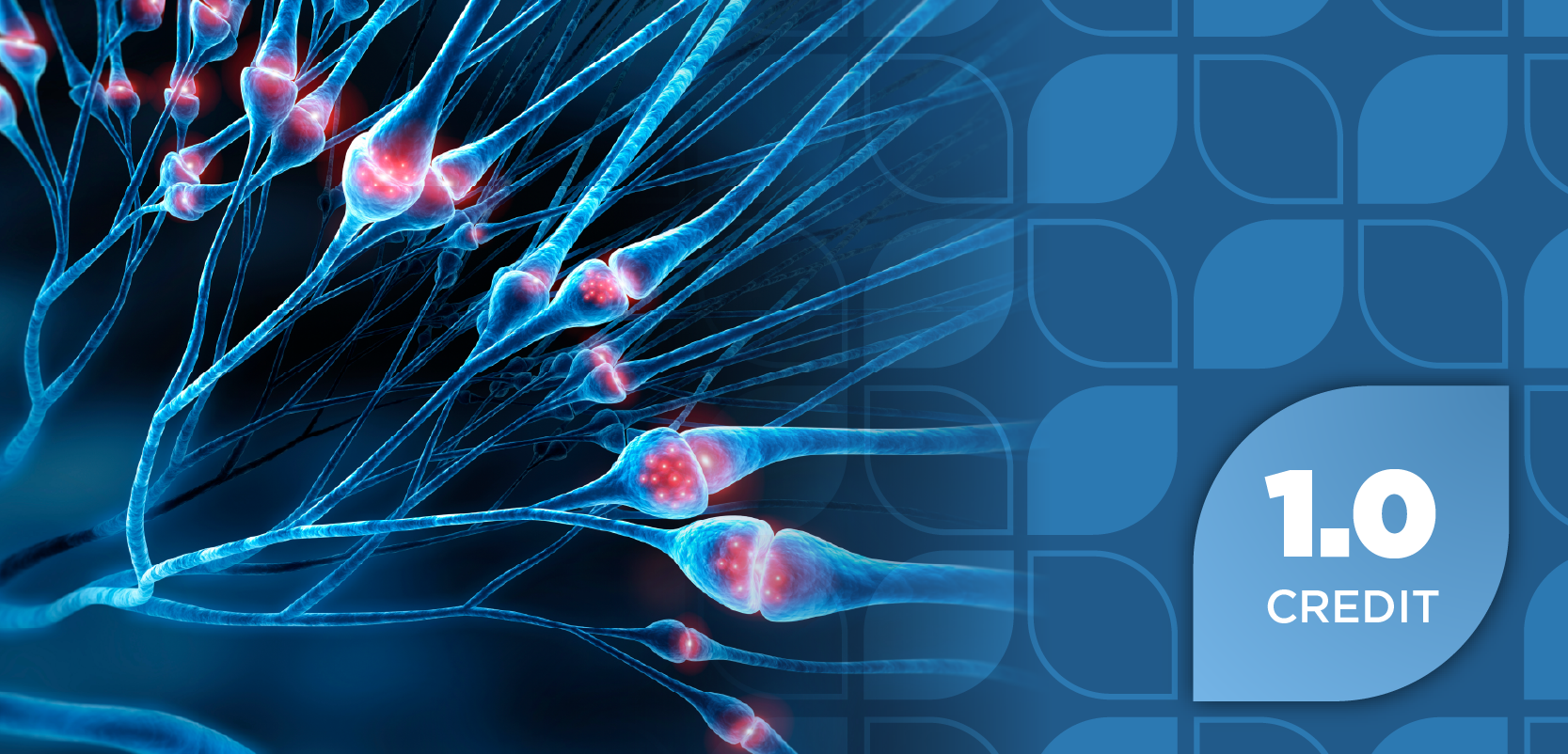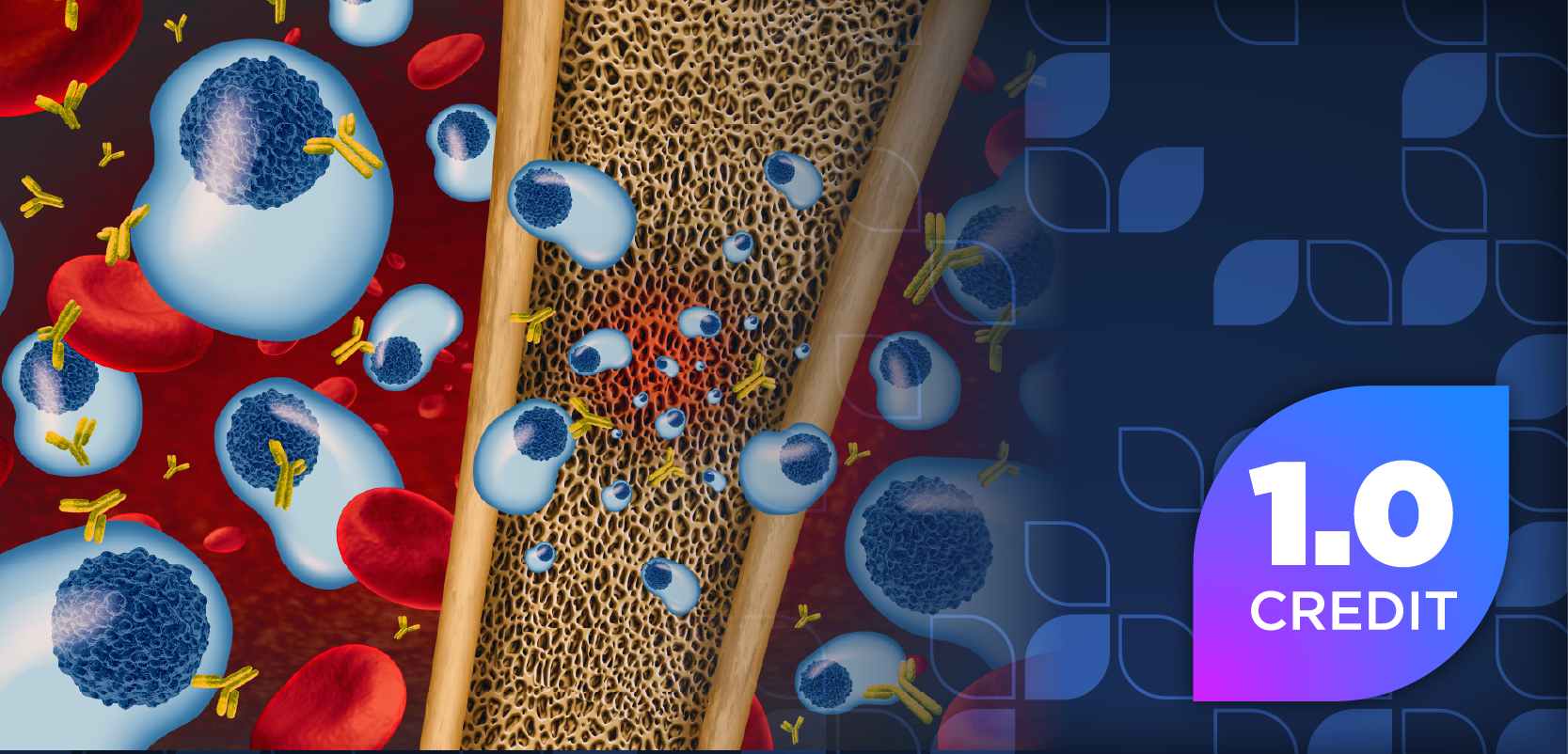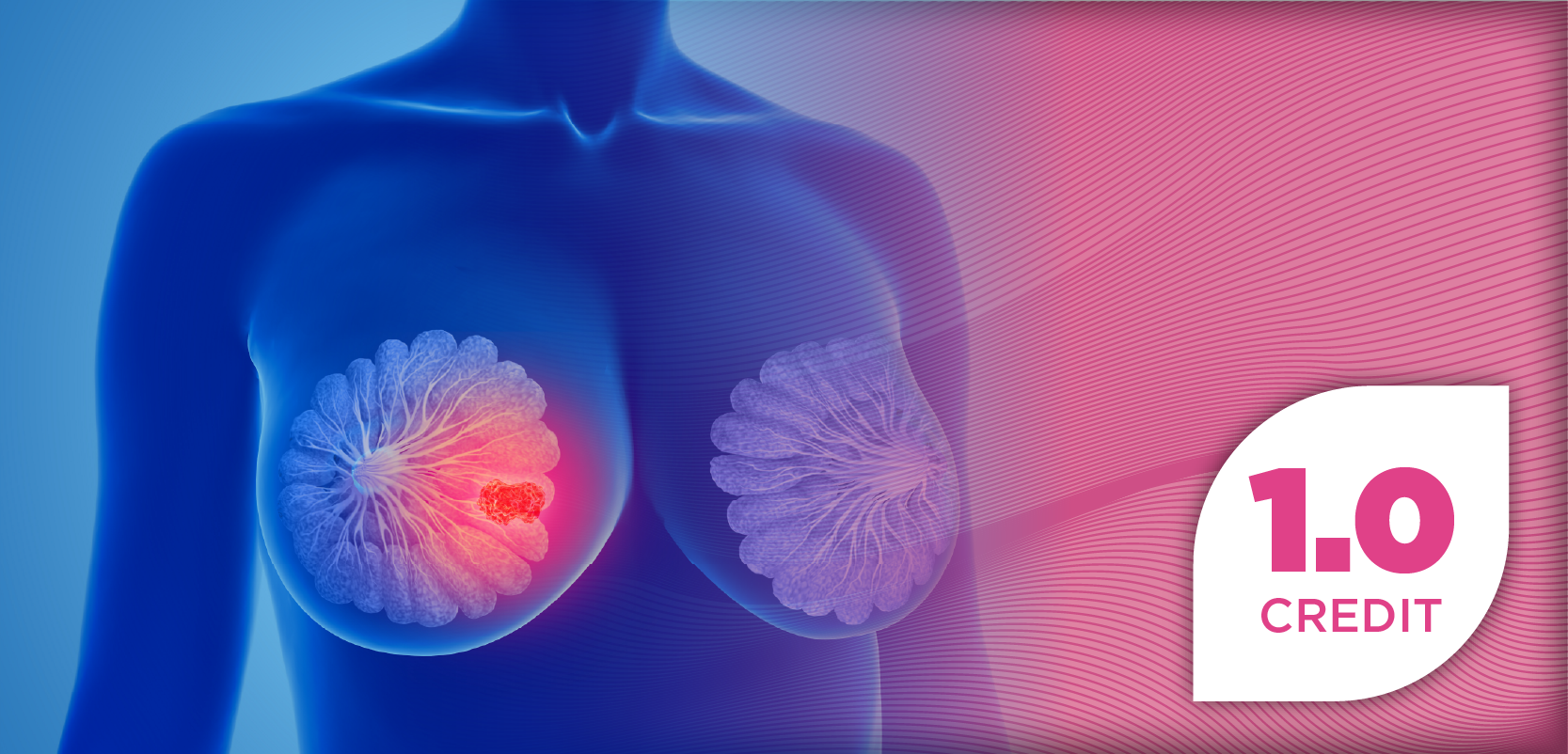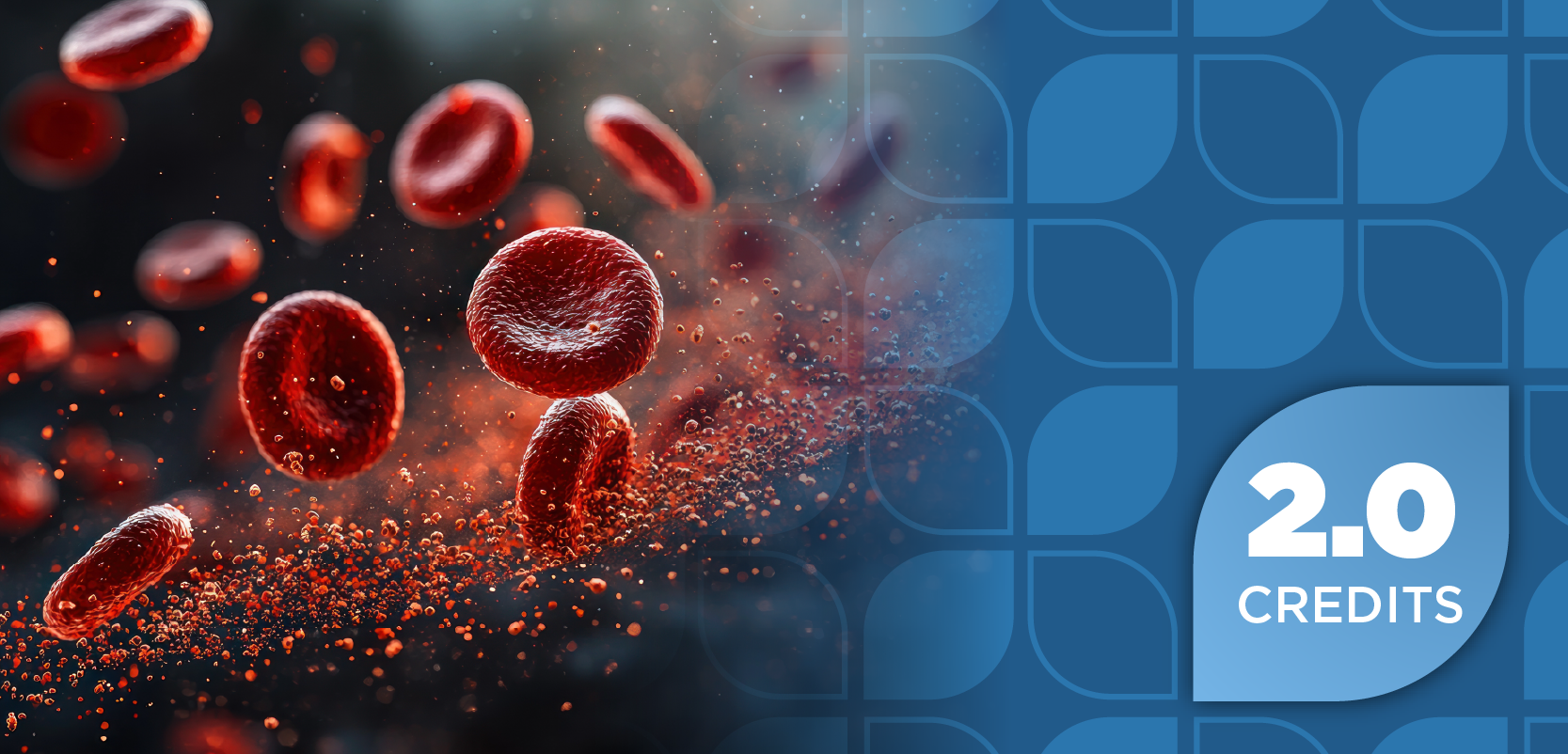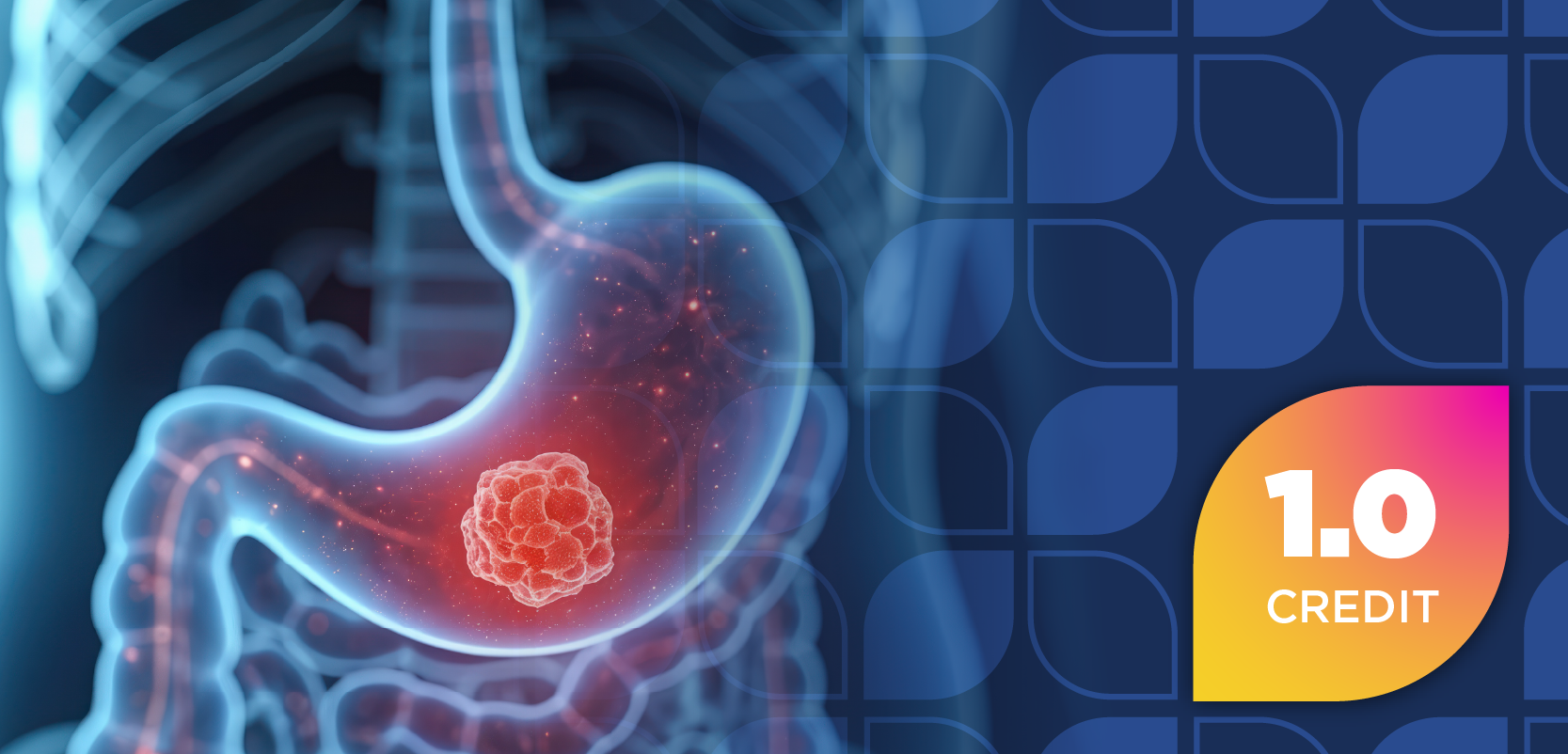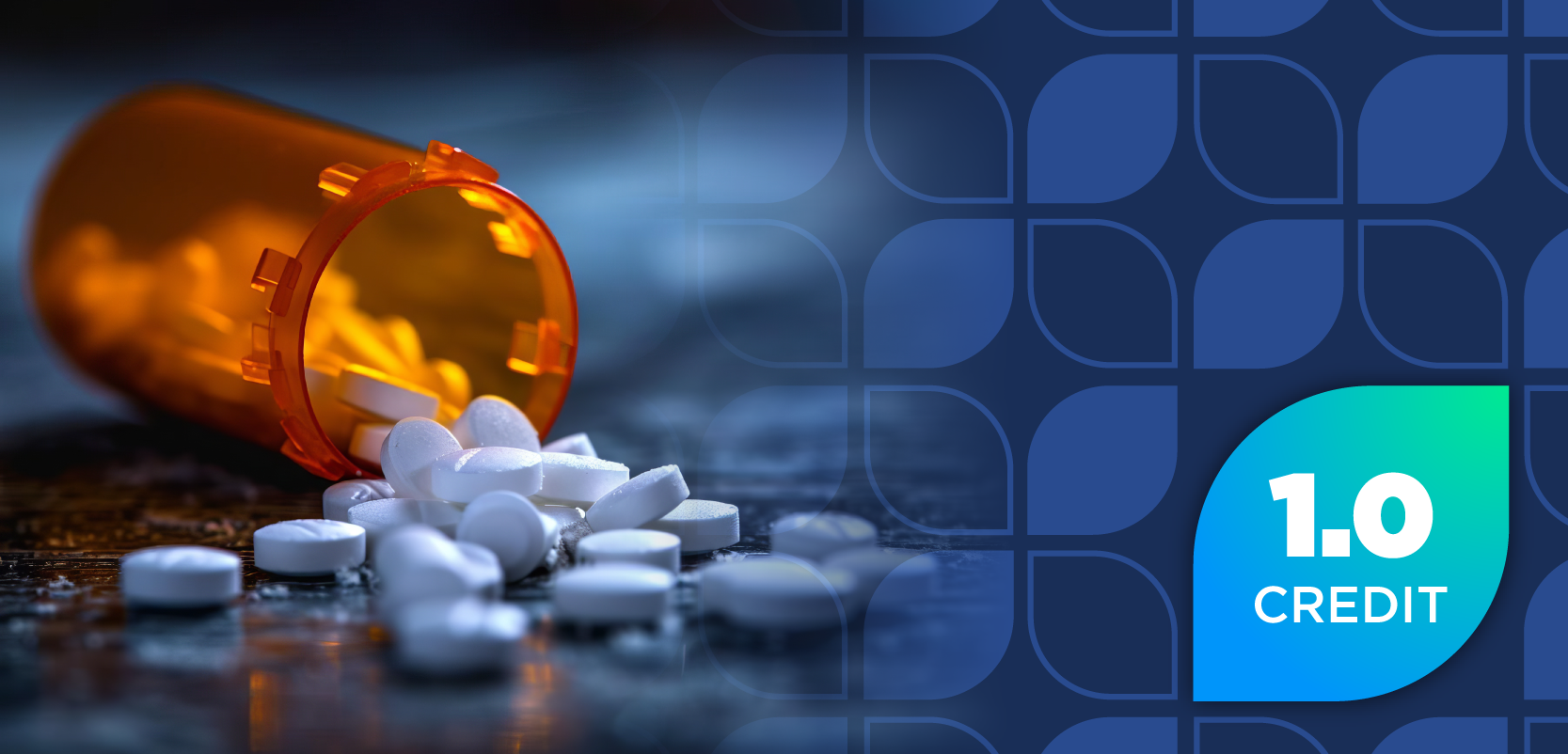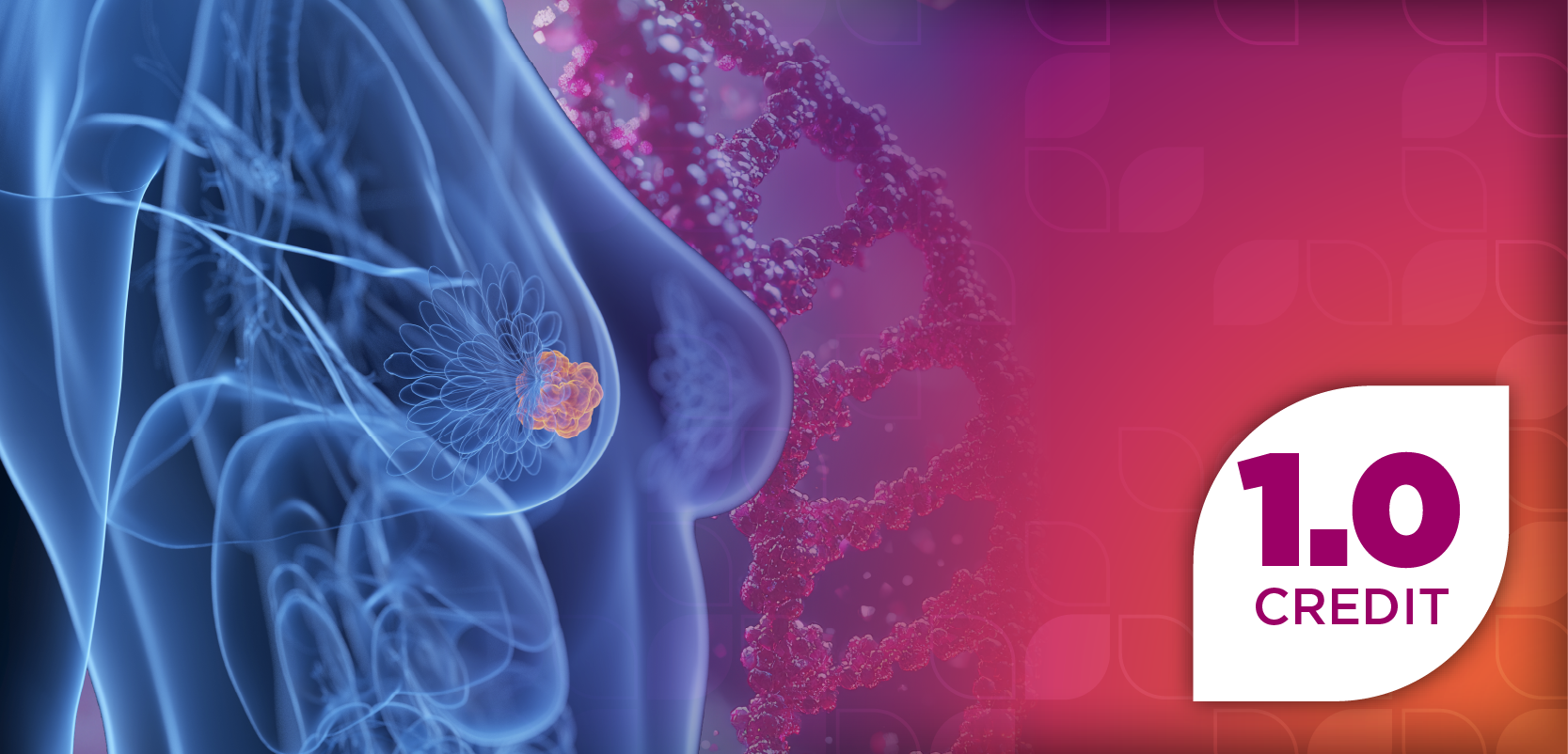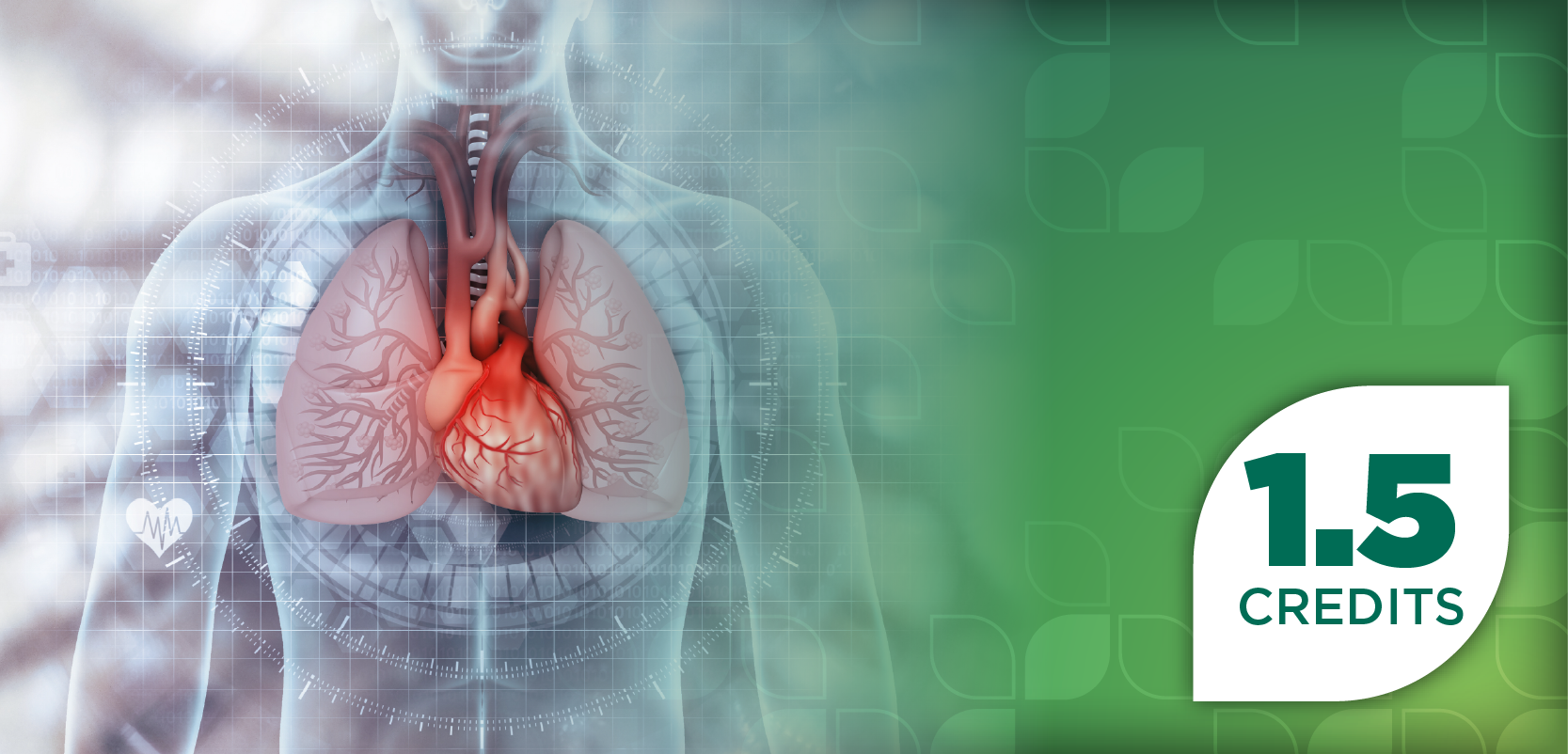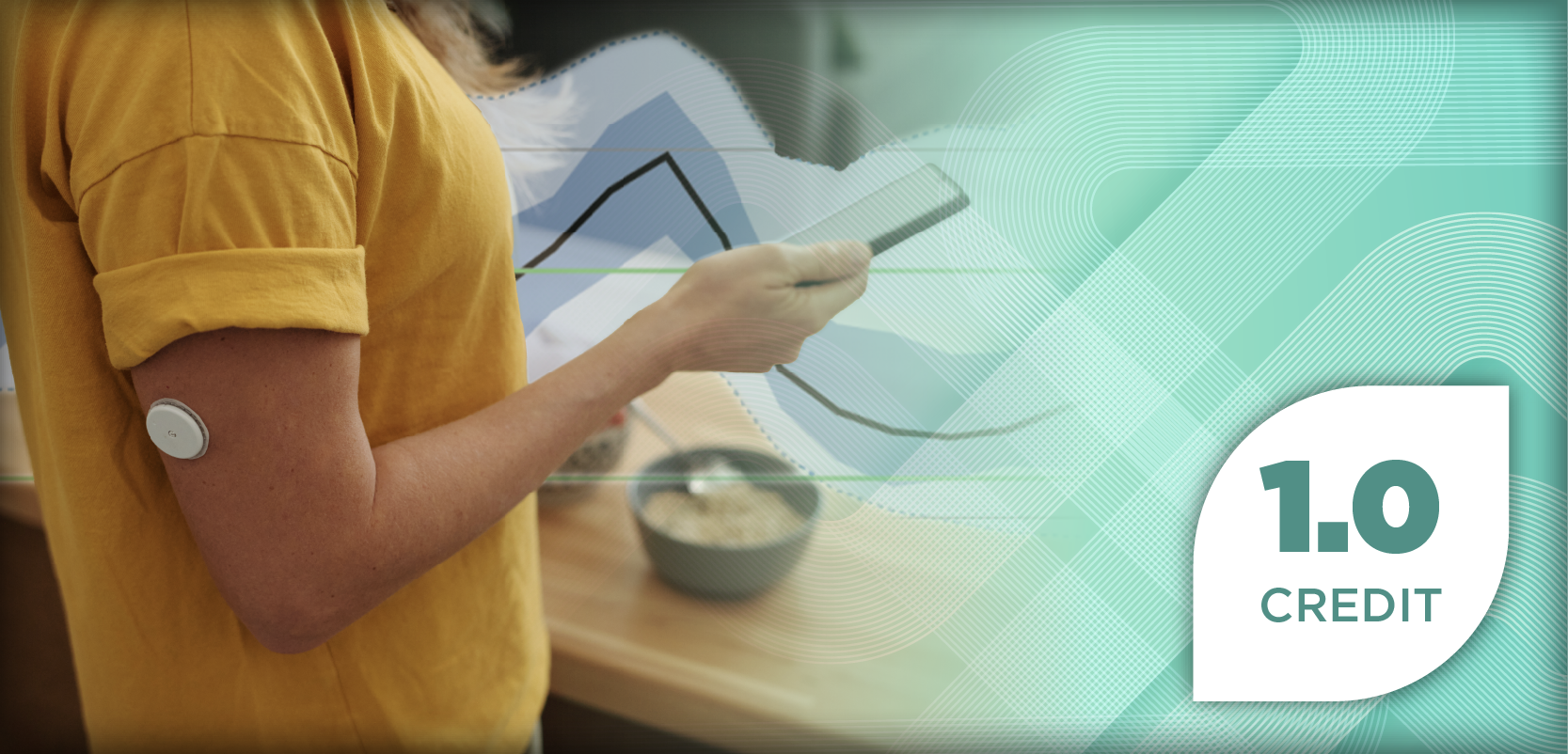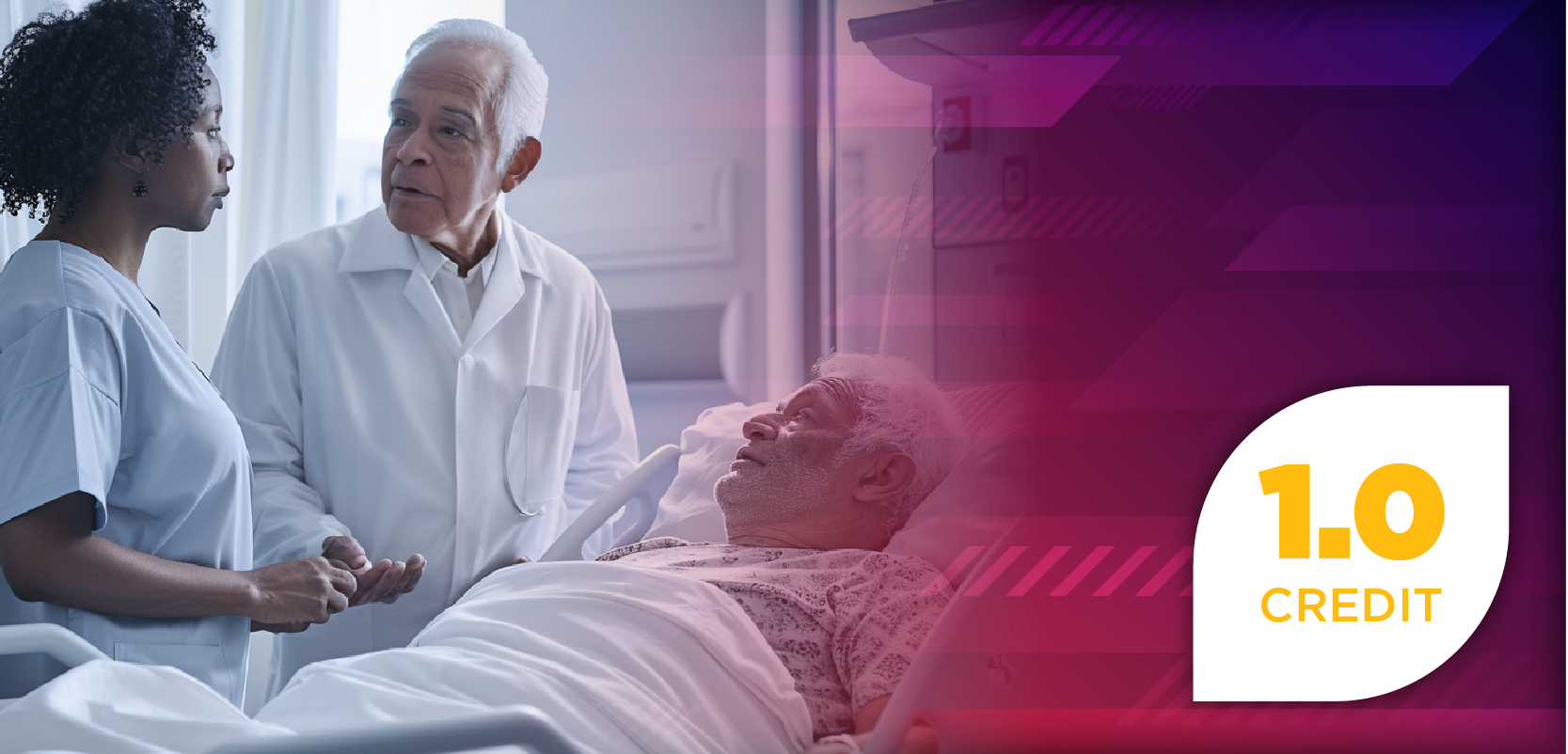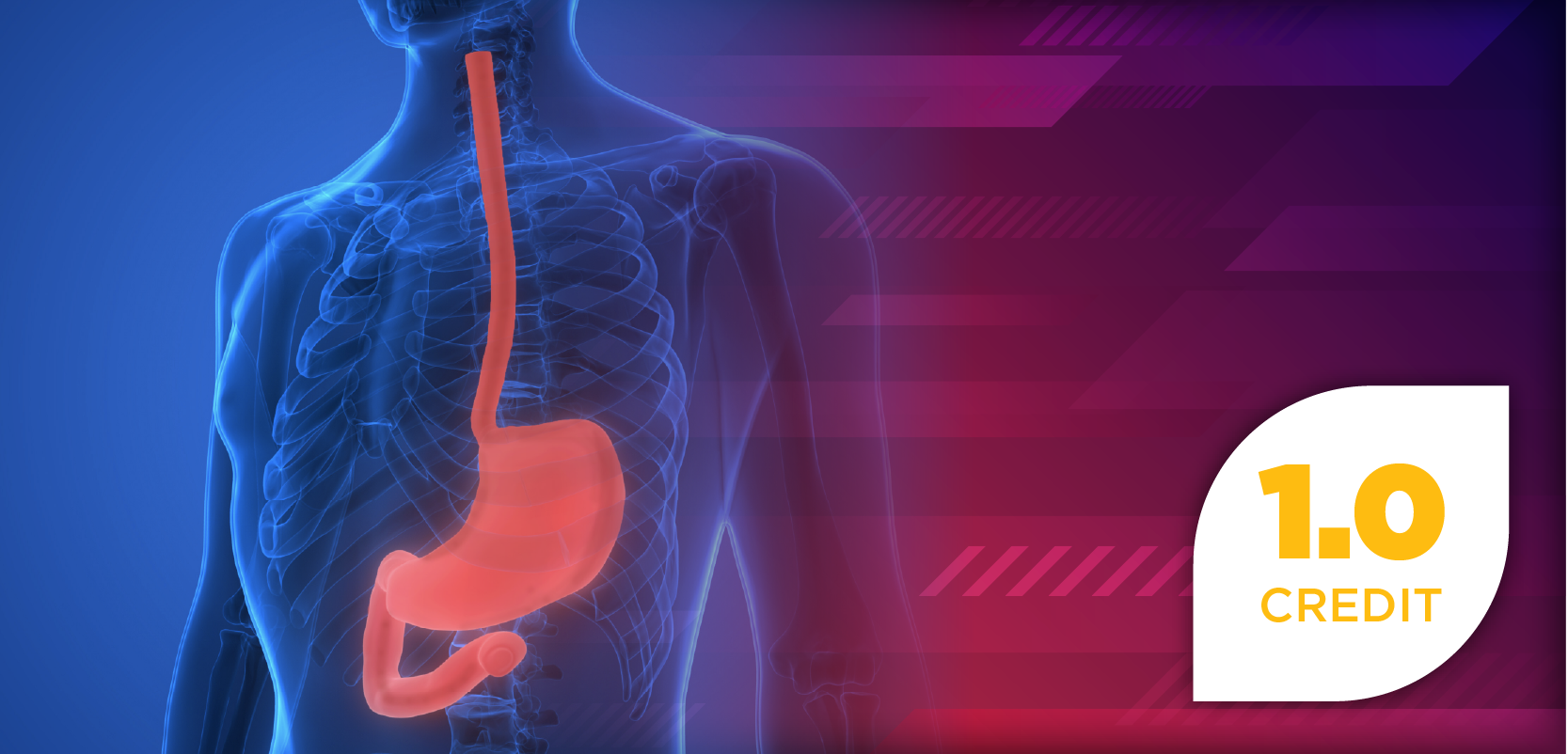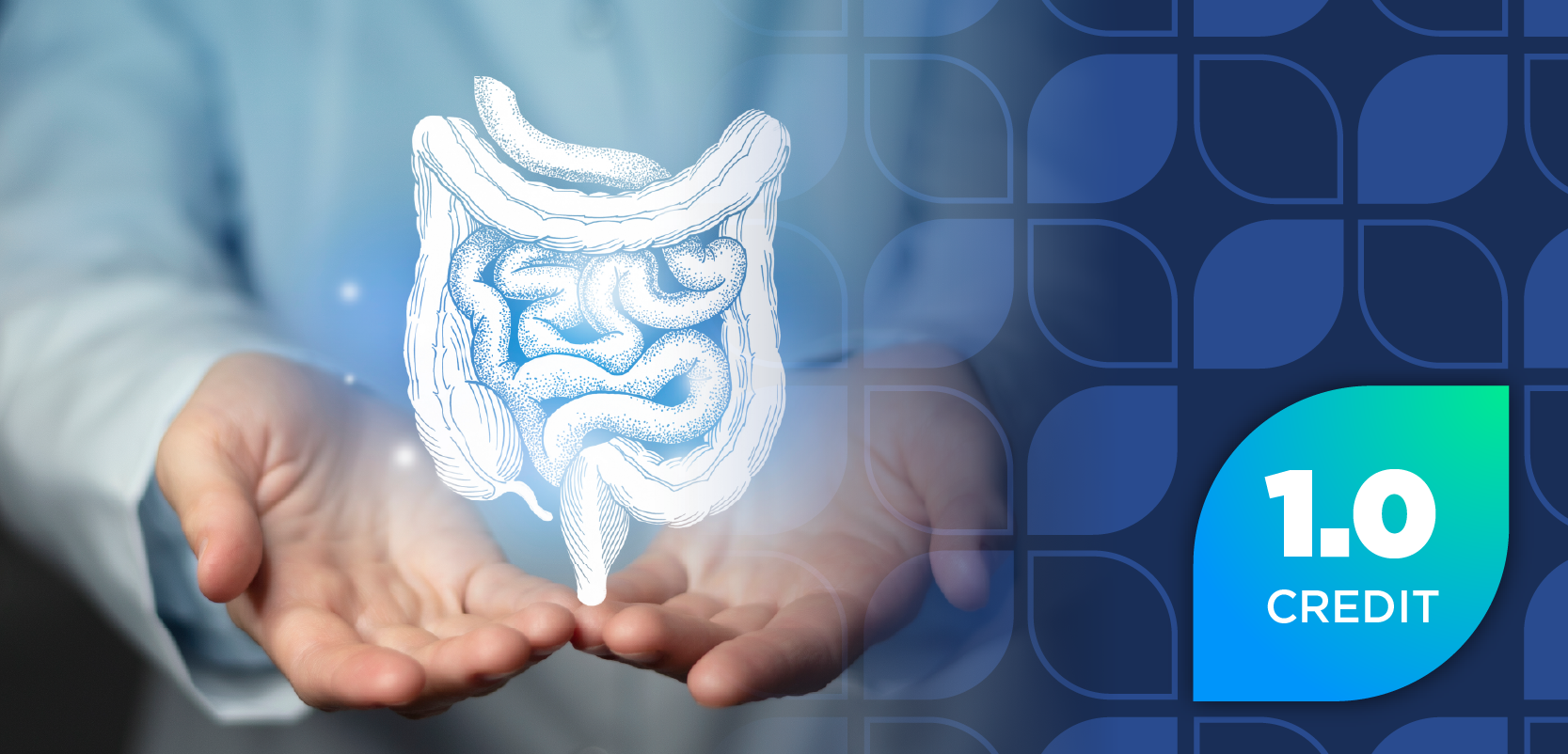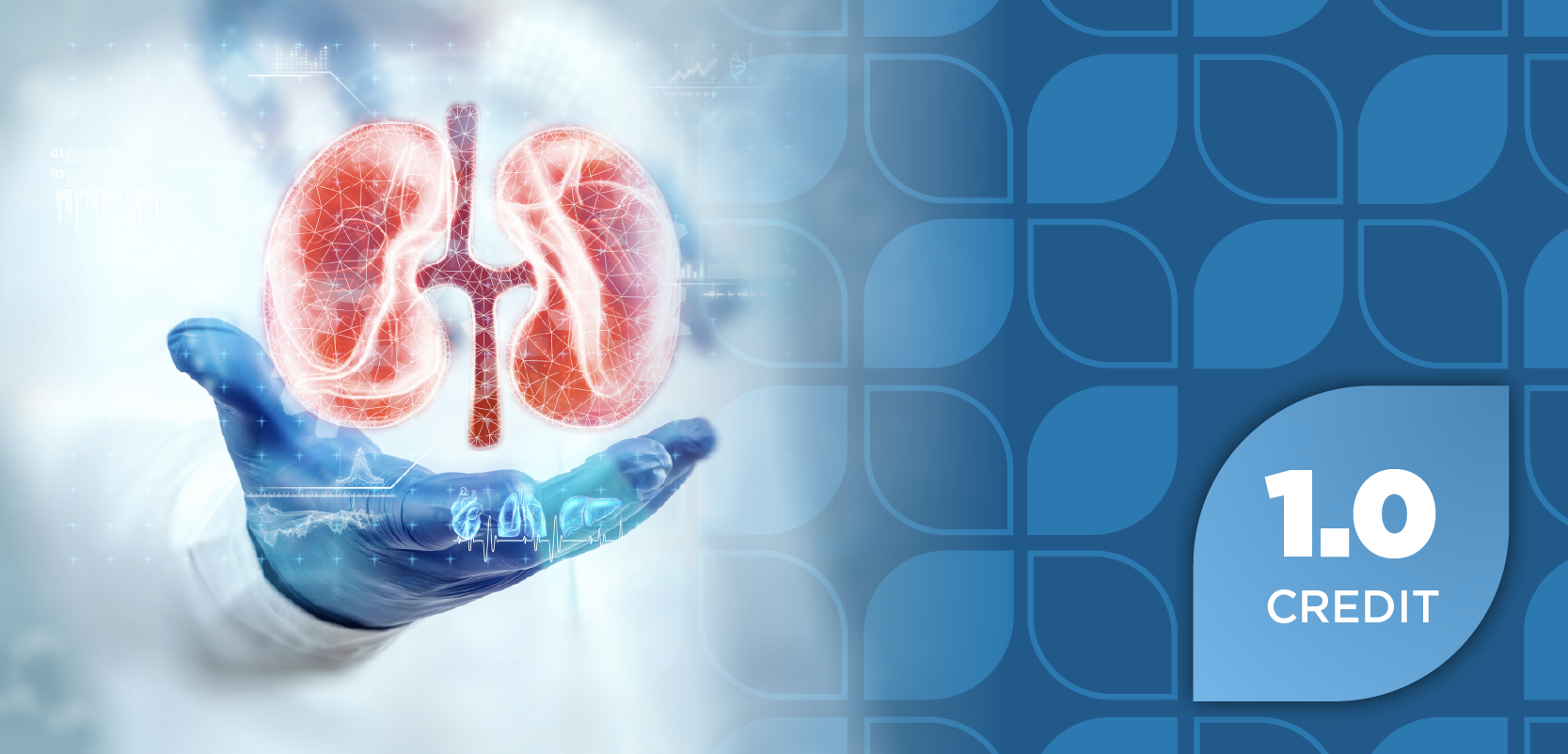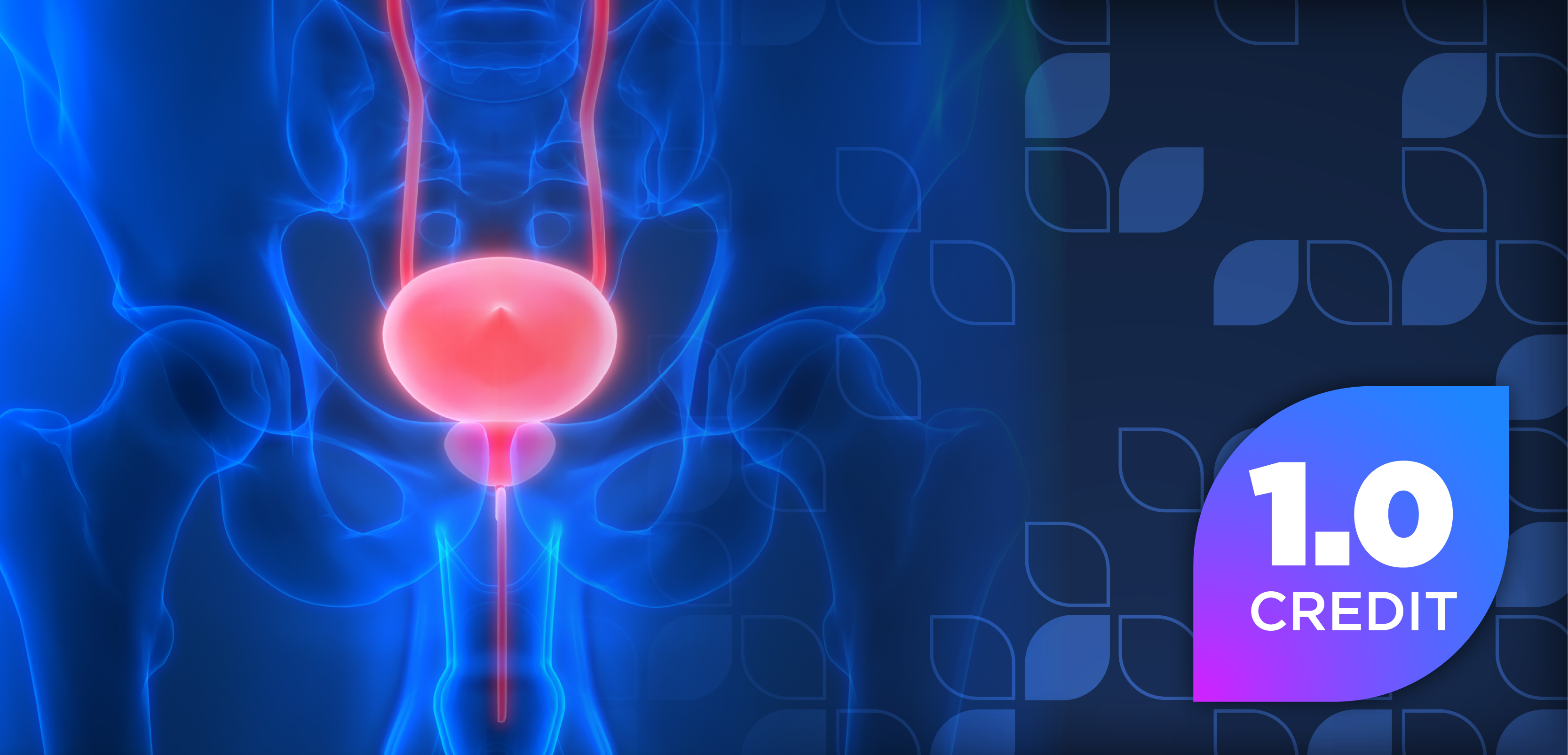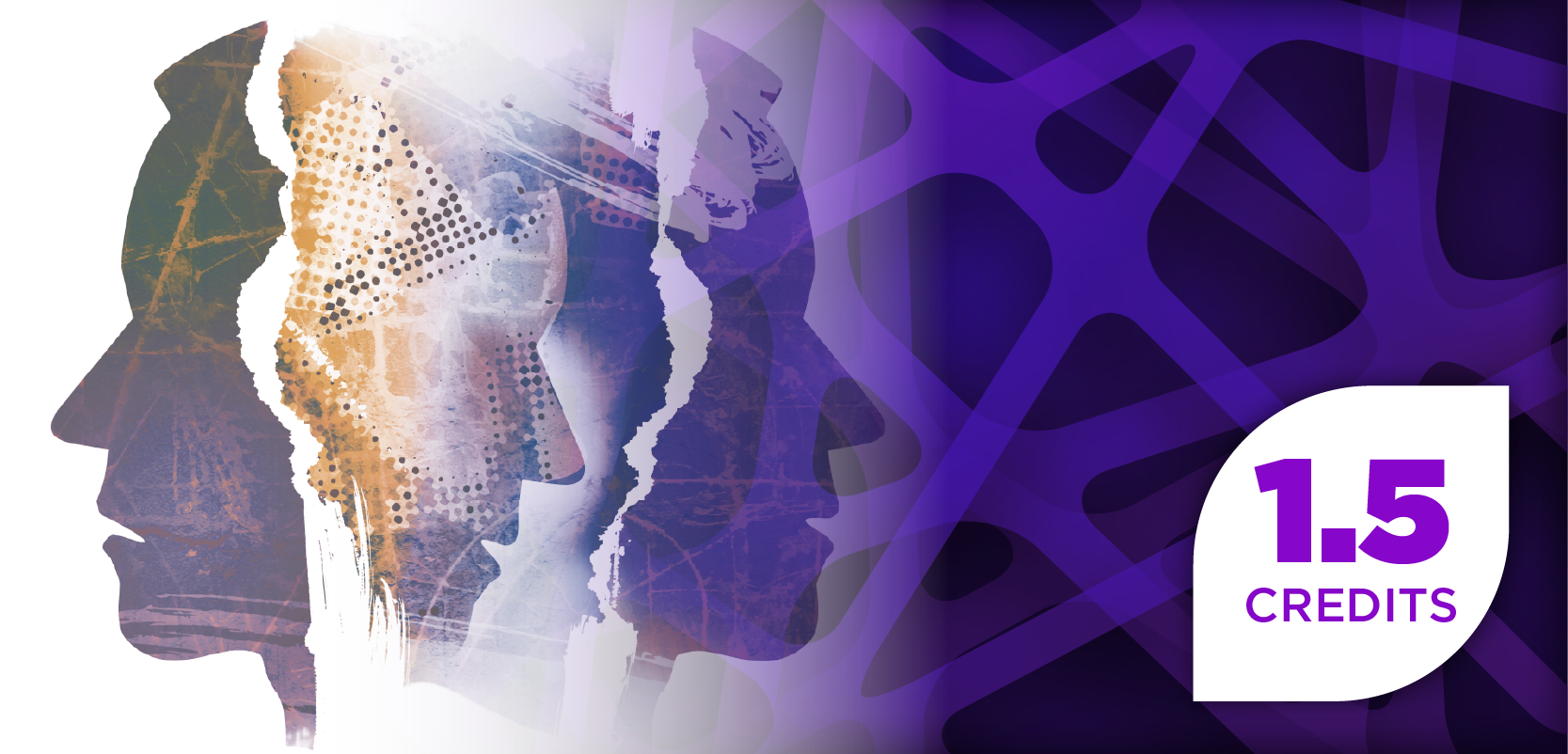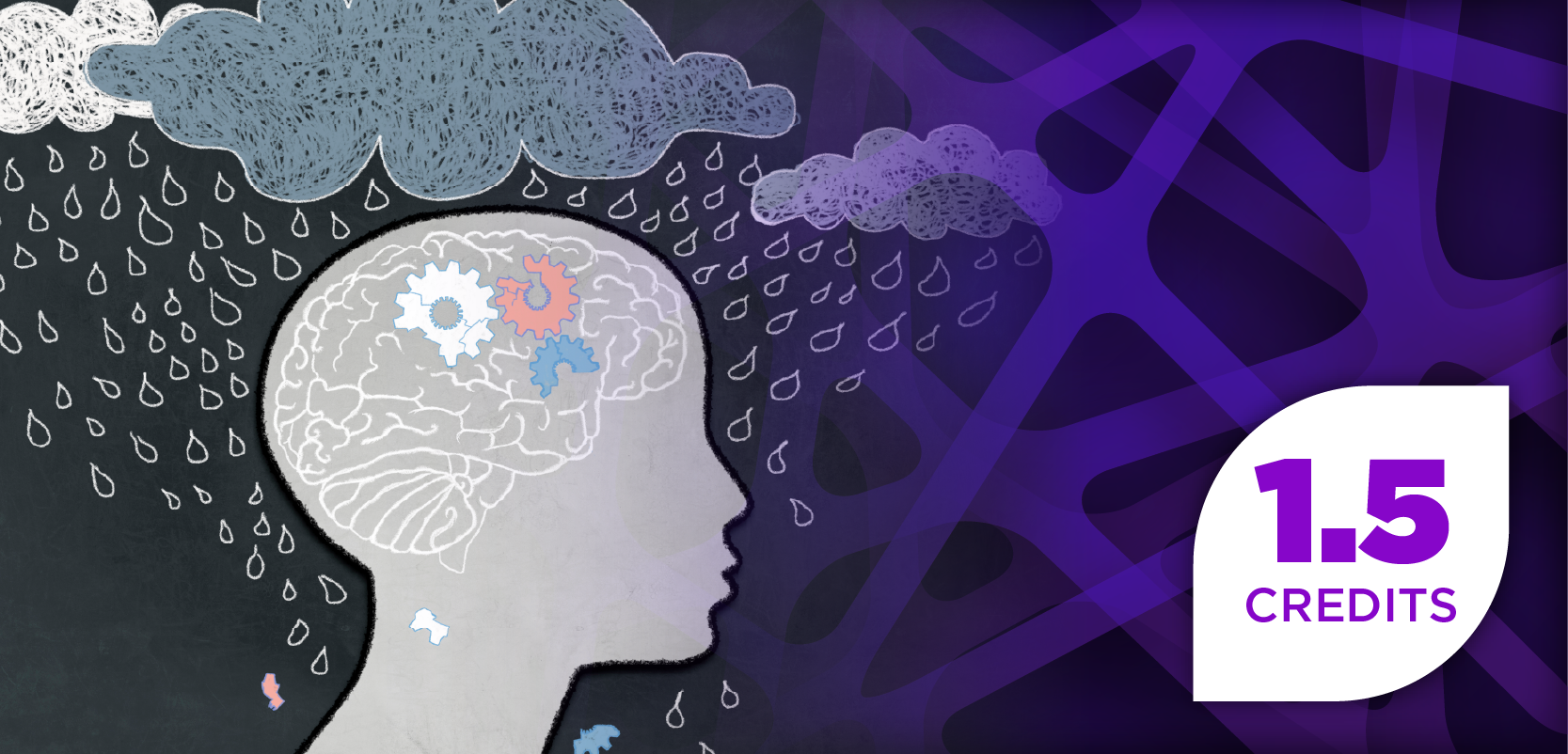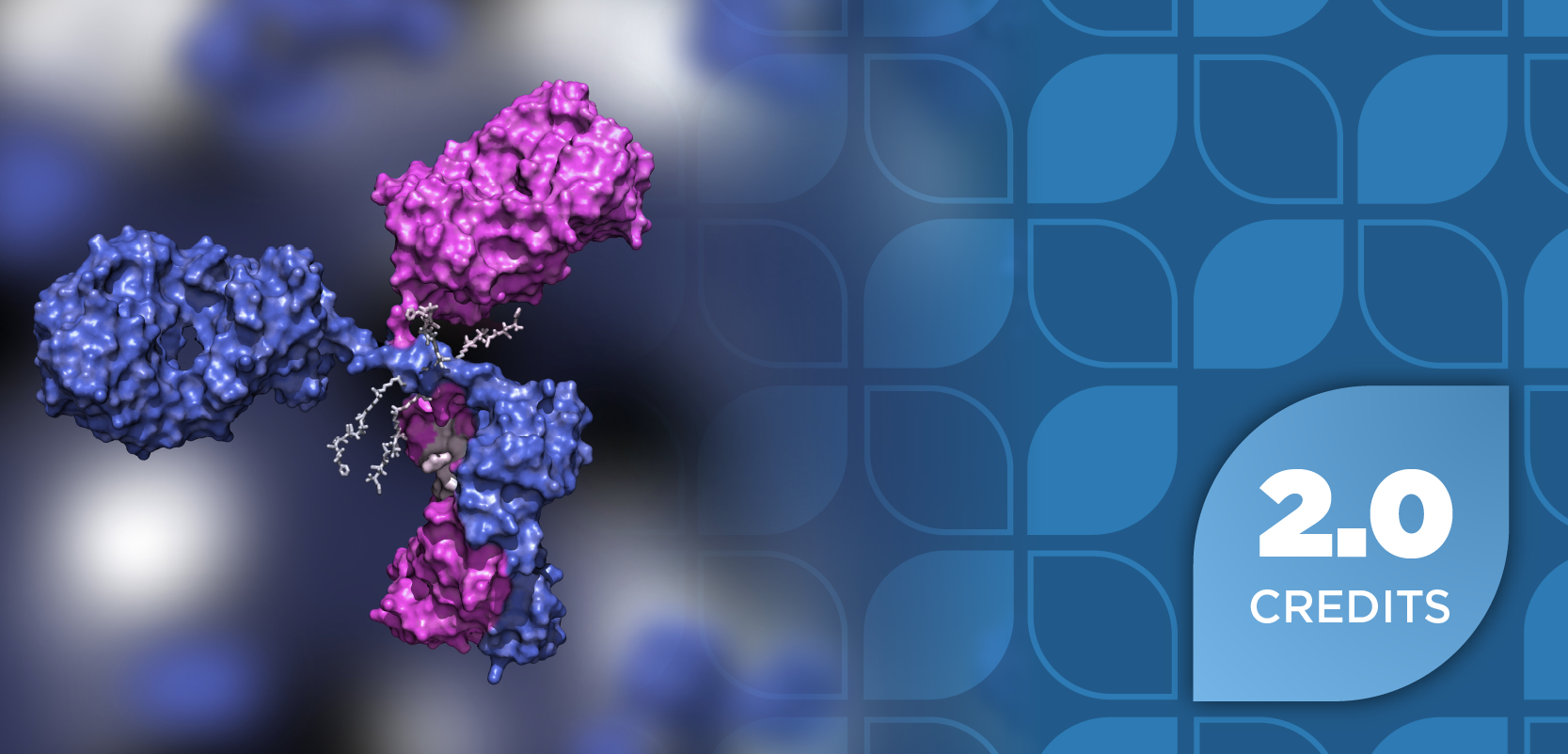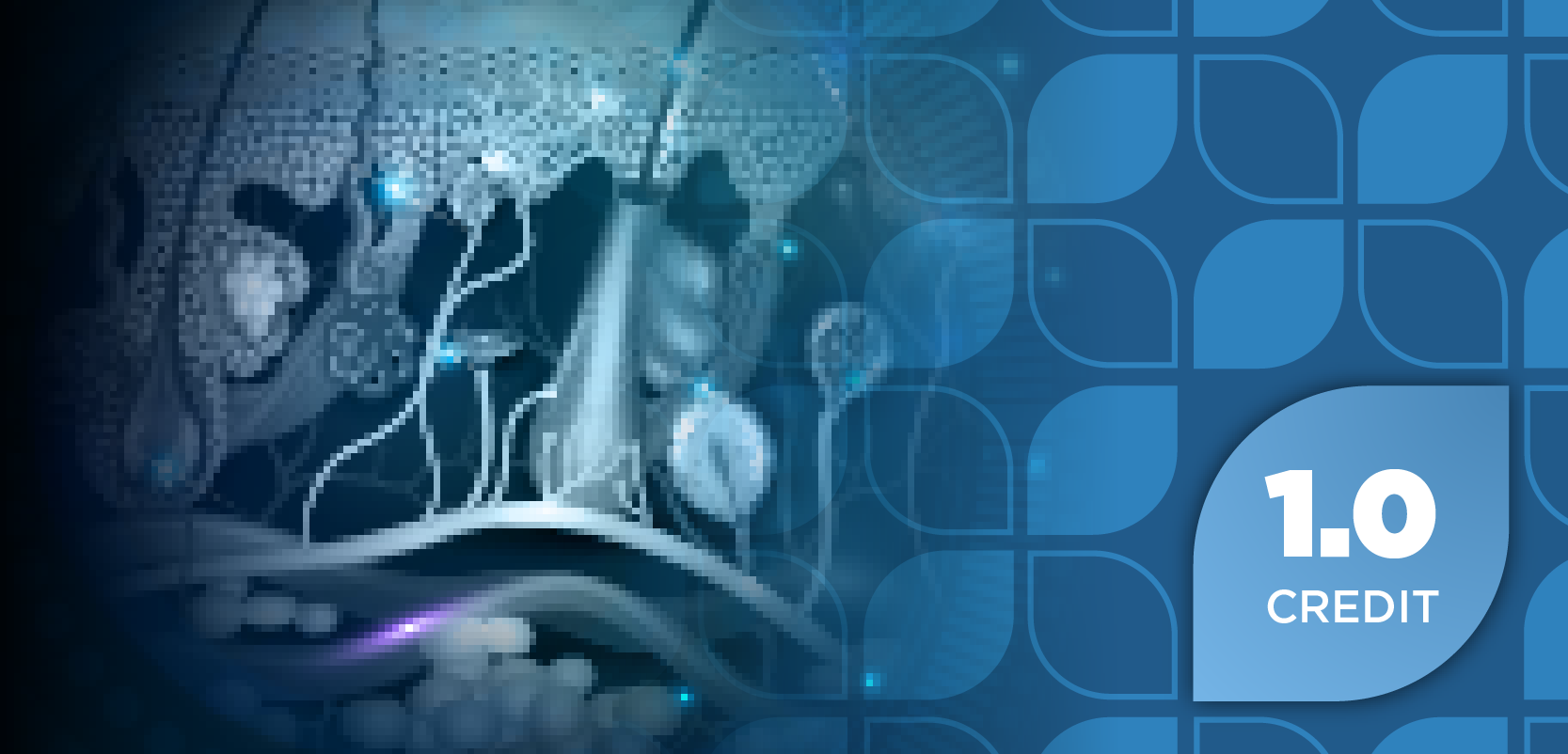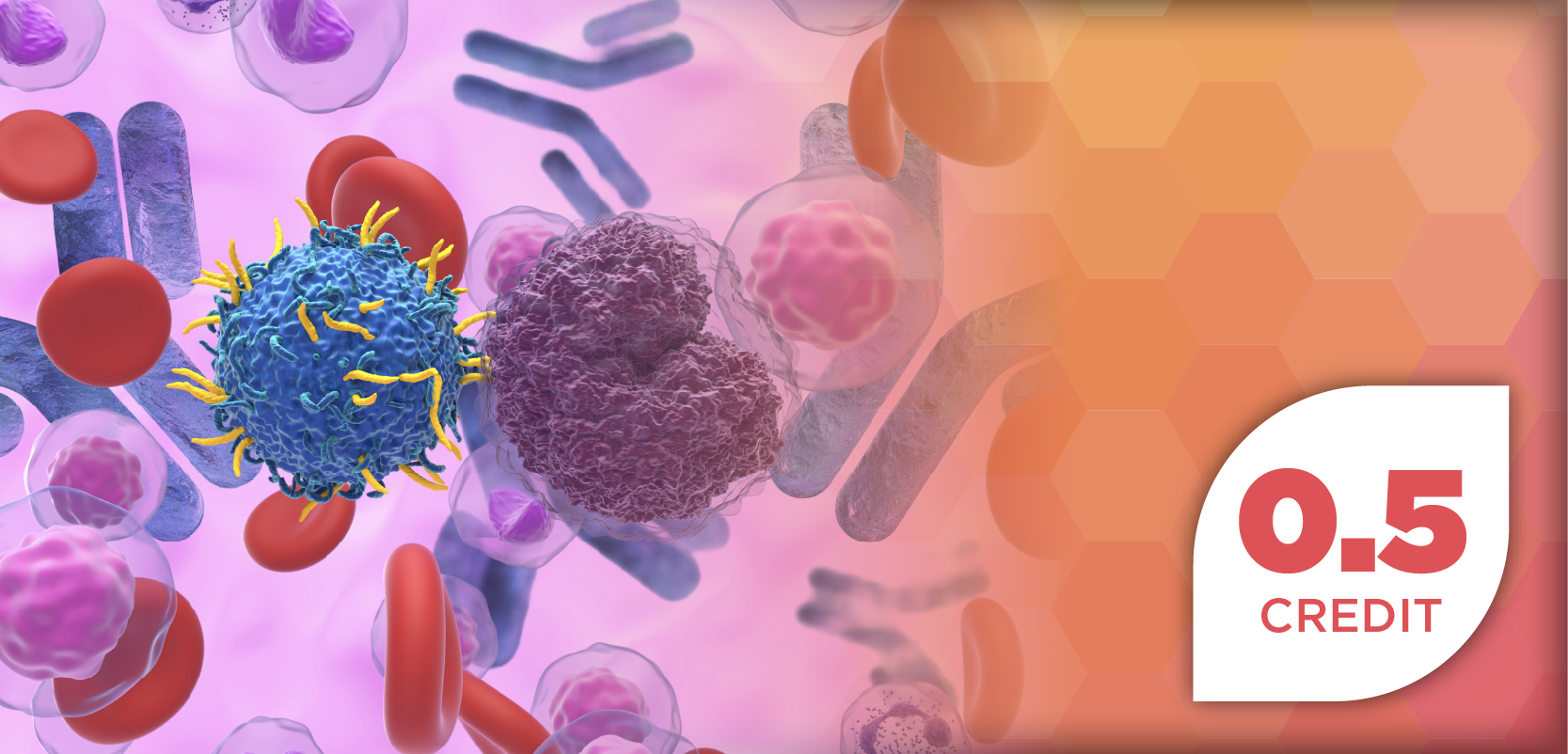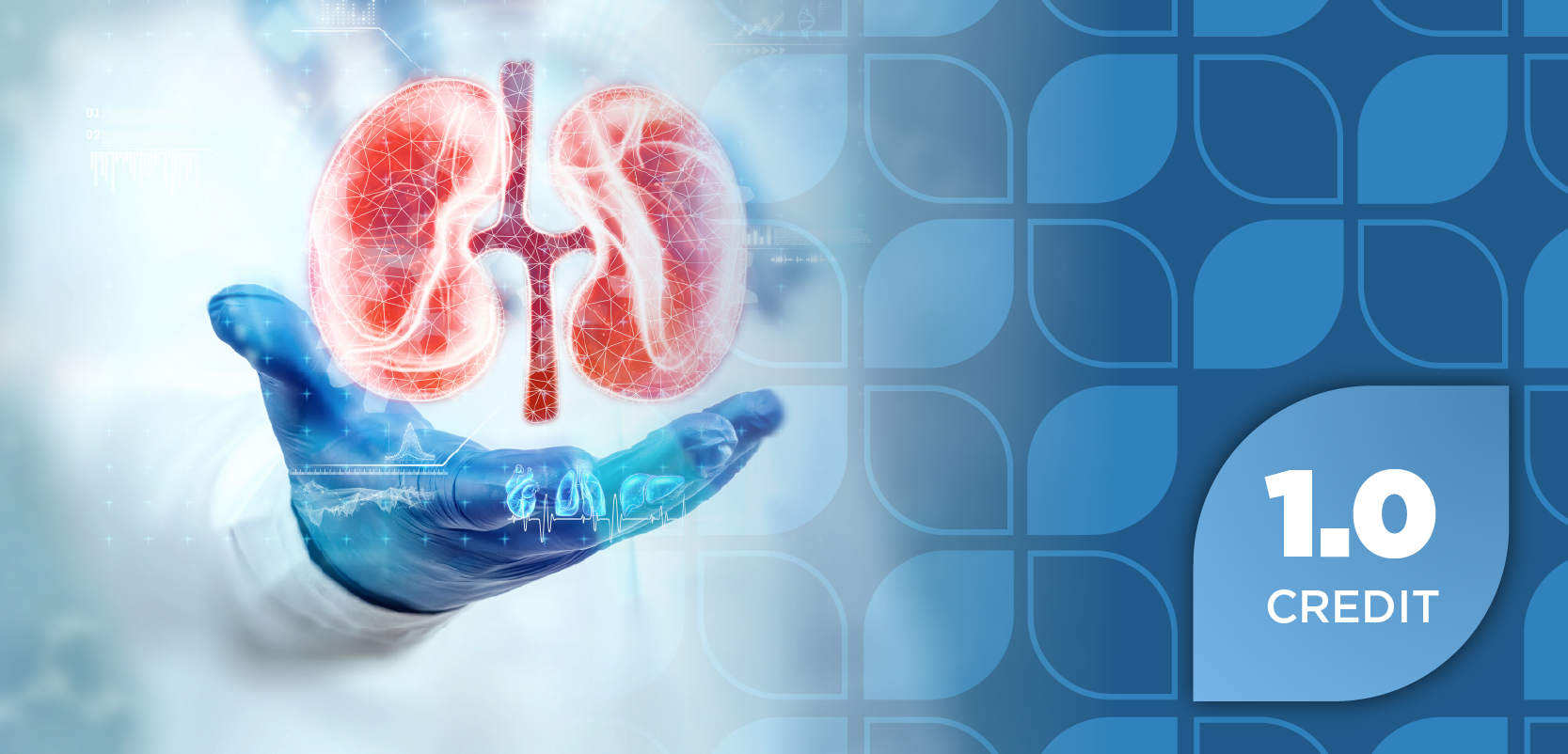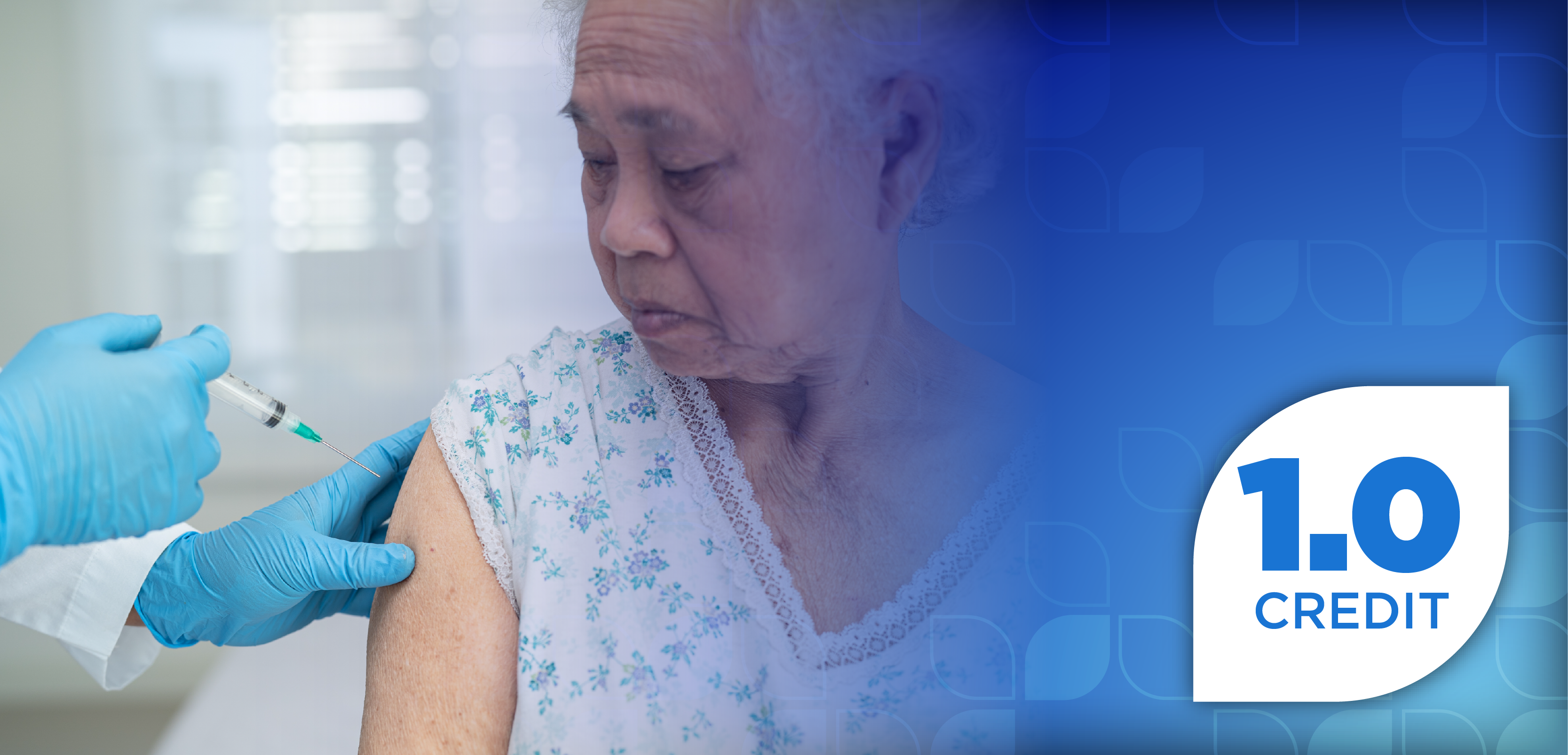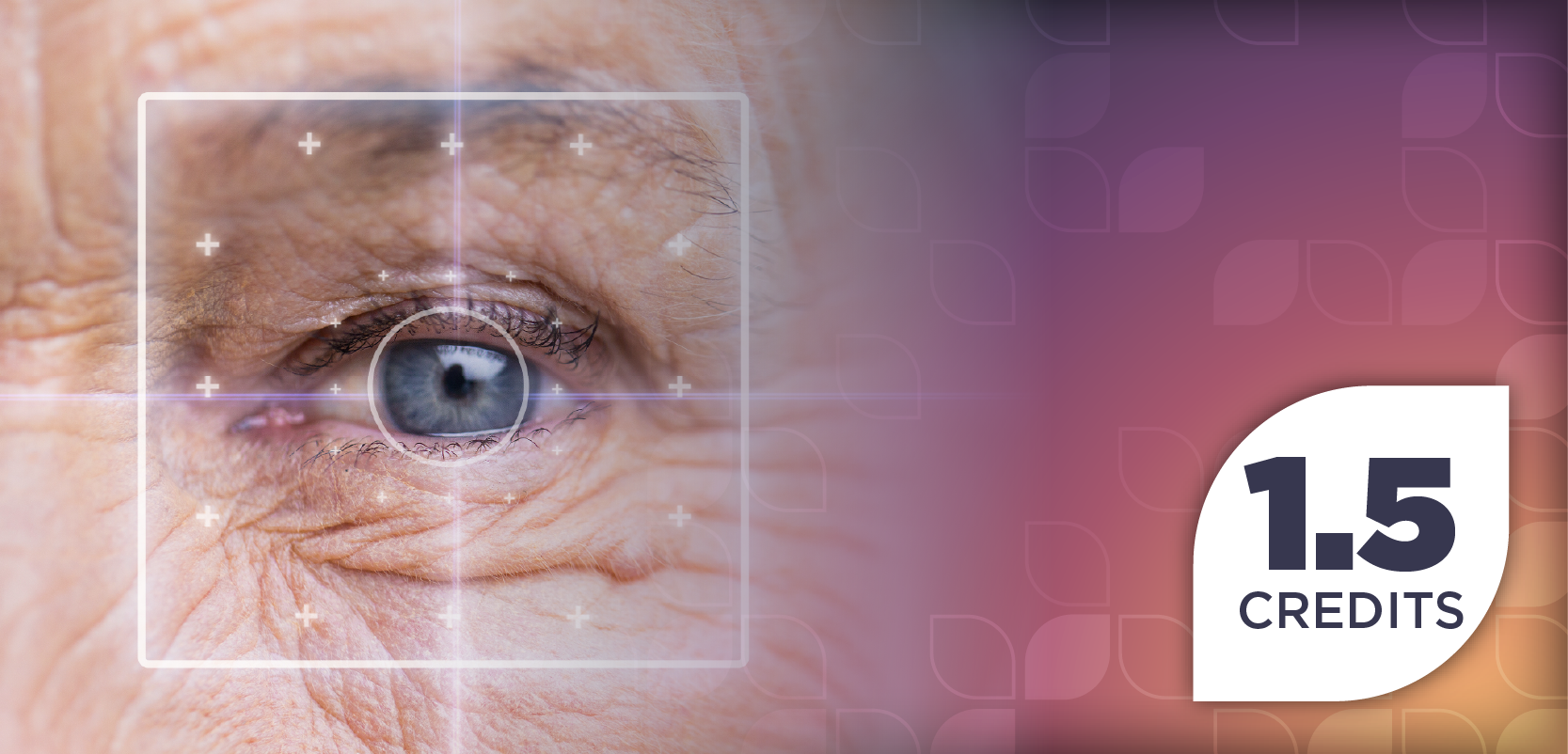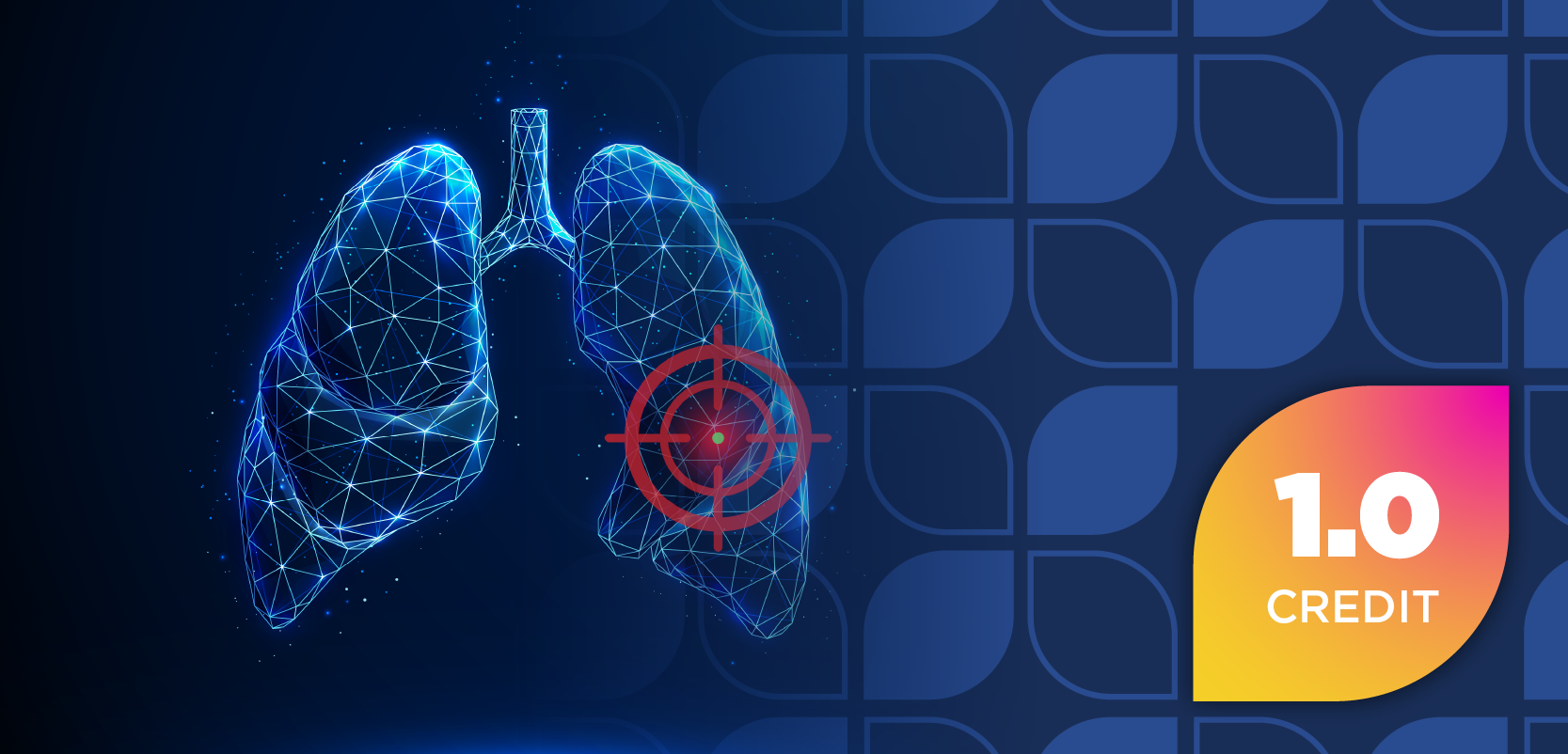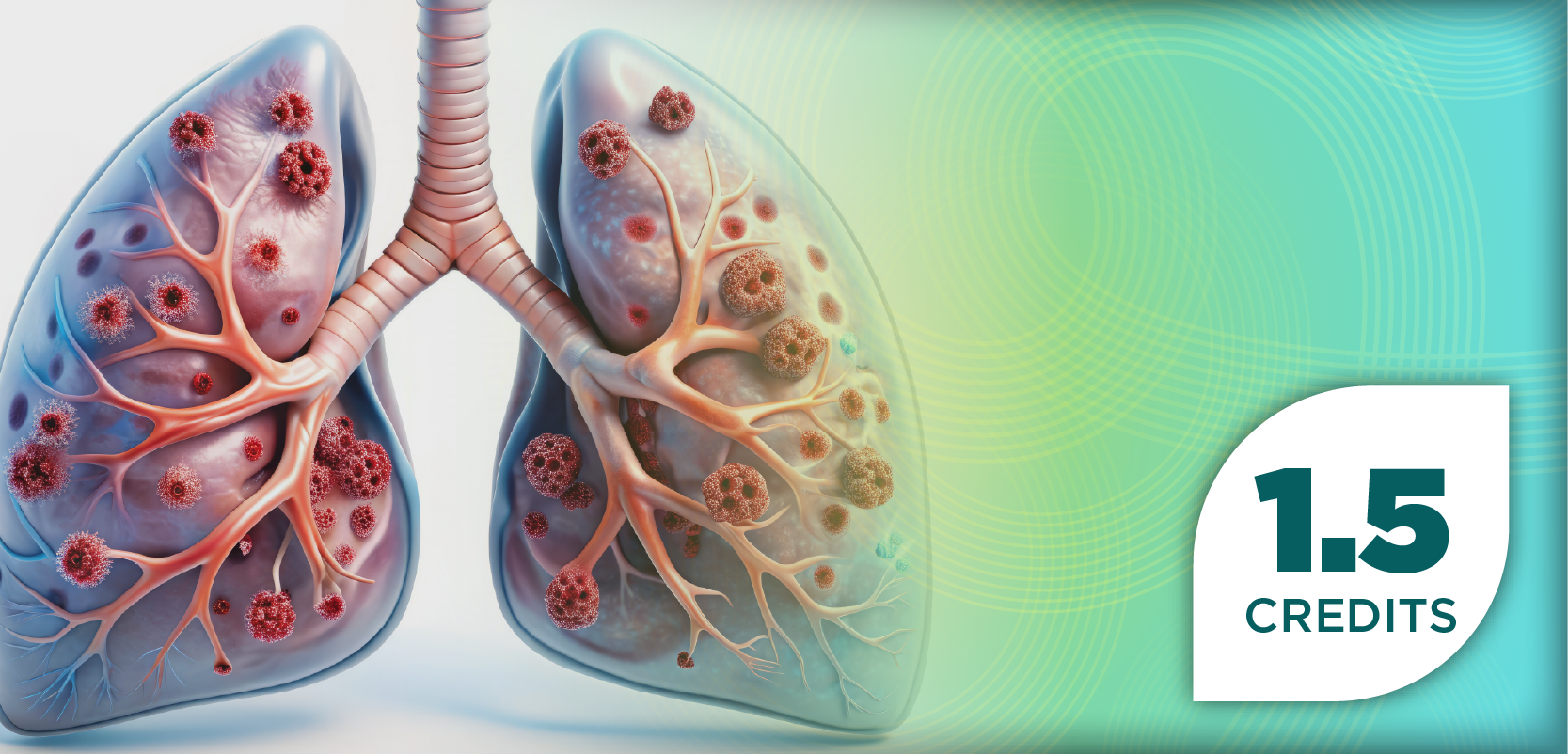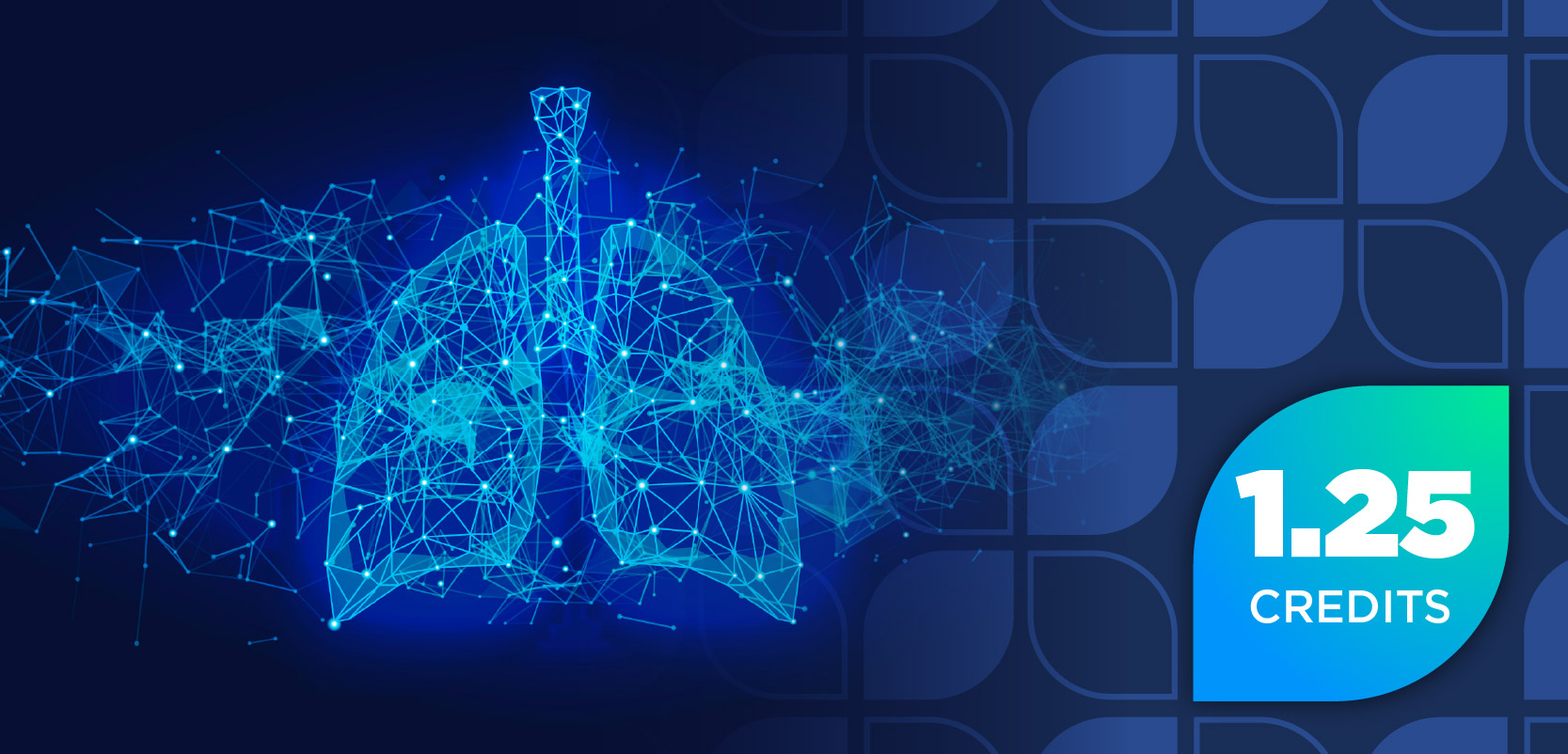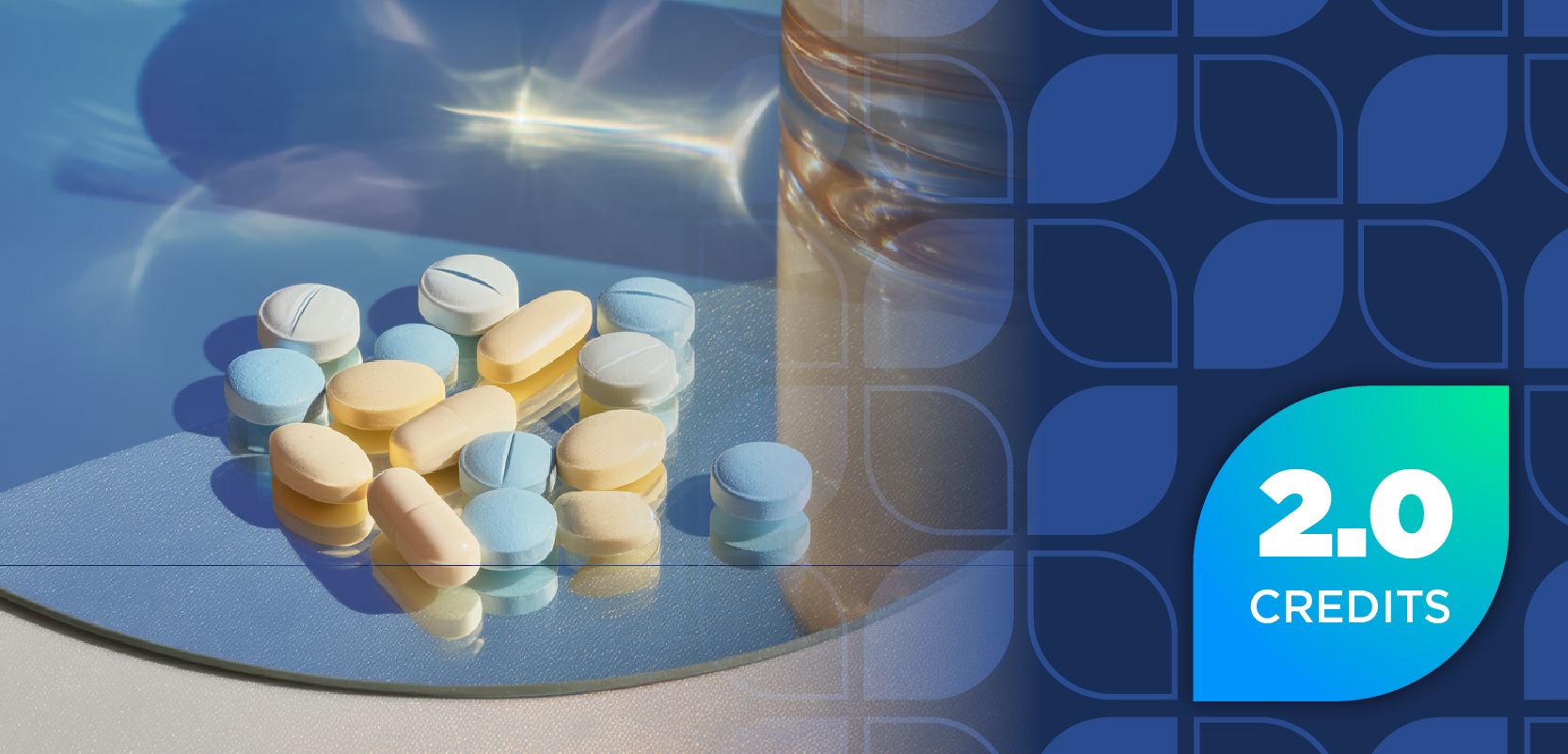Artificial intelligence (AI) extends beyond popular applications such as ChatGPT and into technology that includes computer processing chips and computer cooling fans, explained Andrea Sikora, PharmD, MSCR, BCCCP, FCCM, FCCP, a clinical associate professor at University of Georgia College of Pharmacy, during a presentation at the American Society of Health-System Pharmacists (ASHP) Pharmacy Futures 2024 in Portland, Oregon. Additionally, Sikora explained that the category of AI can include mathematics and statistical modeling, with the latter category including machine learning.
“Machine learning is a computer's ability to learn without being explicitly programmed,” Sikora said. “Before machine learning, you would have a computer program, and you would say, ‘Every time you see red, that means stop.’ So you program red means stop.”
With machine learning, a computer itself will be able to discern the patterns in relation to the stop light, such as whether or not cars stop as a result of a red light or go as a result of a green light. Even with exceptions to this behavior, the computer will be able to discern the existence of these exceptions rather than misapply those exceptions to the rule.
“[With machine learning, the computer is] learning that rule, as opposed to us explicitly telling it that rule,” Sikora said. “This comes through a variety of different mathematical and statistical modeling approaches, such as Random Forest and Bayesian networks; those are all types of machine learning.”
Sikora noted that because of the popularity of artificial intelligence currently, the term gets used a lot without clarity on exactly what it is referring to.
“I think AI is so hot and exciting that you'll hear, ‘Oh, it's AI-based this, or it's machine learning–based that,’ and I think it's important that we all kind of take a step back and say, ‘What do you really mean?’ Underpinning that, I saw a funny comment the other day that one of the best rebrands that's ever happened is linear algebra is now called machine learning,” Sikora said. “[For example,] logistic regression is, in a very technical sense, machine learning, but logistic regression has been around for a very long time. I think understanding what people mean by [AI] is helpful, because [it could be referring to] machine learning that is really new and fancy, and the techniques were made in the last decade, or you can also have something like logistic regression, which has been around for quite a lot longer than that.”
Specifically, Sikora defined AI as the science and engineering of creating intelligent machines that have the ability to achieve goals like humans via a constellation of technologies. Additionally, Sikora defined machine learning as a computer’s ability to learn without being explicitly programmed to do so, with a myriad of different approaches (eg, Random Forest and Bayesian networks) that allow computer algorithms to learn from examples and experiences (datasets) rather than pre-defined, hard rules-based methods.
Additionally, AI is being used in health care in a multitude of ways, including diagnosis and treatment (ie, clinical decision support and symptom analyzer), computer vision (ie, radiologic image analysis of electrocardiogram [ECG] and electroencephalogram), workflows (ie, patient flow optimization and process inefficiency detection), predictive modeling risk stratification (ie, readmission rates, hospital acquired infections, and emergency of complication), mobile apps (ie, wellbeing, mental health, and chronic disease management), precision medicine (ie, genomics), discover (ie, clinical trials, hypothesis generation, and proof of concepts), and matching engines (ie, patients with similar profiles and treatments with similar cost-benefit ratios).
“What's interesting about AI in a health care setting is that it can be so impressive in a very narrow activity and then be so aggressively bad in another area. I think we see things like its ability to potentially diagnose [ST segment elevation myocardial infarction] better than a cardiologist on what it reads in an ECG, and that is super impressive, and it is potentially going to redefine radiology right now,” Sikora said. “I think that is really, really cool, but I think in our head immediately, we can transfer that to mean [more].”
Key Takeaways
- AI's Expanding Role in Health Care. AI is significantly impacting health care through diverse applications such as diagnostics, treatment planning, workflow optimization, and drug discovery, demonstrating its potential to enhance patient outcomes and operational efficiency.
- Machine Learning Capabilities. Machine learning, a subset of AI, enables computers to learn from data without explicit programming by using advanced statistical methods, allowing for the identification of patterns and prediction of outcomes in complex health care scenarios.
- Importance of Clarity and Impact Assessment. Understanding the specific definitions and applications of AI is crucial for effective implementation, and it is essential to assess the real-world clinical impact of AI models to ensure they translate into meaningful patient care improvements.
With the tasks and skillsets that we know AI is particularly adept with, there are areas where AI is grossly unable to accomplish such tasks, according to Sikora.
“There's a possibility right now that [if you tried using an AI for a new task] it may actually be quite bad at that particular task,” Sikora said. “Again, trying to balance what [AI] is and what it isn't [capable of], I think, is an important takeaway.”
Sikora noted that currently, AI has been found to be particularly advantageous for use within the field of pharmaceutical discovery.
“One of the areas that I am particularly excited about is the concept within discovery. The idea that we can have AI-based algorithms that are basically looking at how proteins are structured, and then different chemical molecules and trying to find different drugs [that would be] a good idea,” Sikora said. “When you look at the funnel of all chemical compounds [in relation] to what becomes FDA approved, it's a pretty narrow funnel. Machine learning may be able to help us with that.”
Within clinical pharmacy, Sikora explained that AI models excel in their ability to do large scale prediction tasks, because they can discover patterns within data quite efficiently.
“One of the issues with more traditional regression modeling is that it struggles at some point with having too many variables in the equation,” Sikora said. “I have been working with some biostatisticians, and they keep saying, ‘Your data is so high dimensional,’ and all of what the data [are] is just a medication administration record for an [intensive care unit (ICU)] patient, and I only limited it to 24 hours, and they're like, ‘Okay, well, that still is like 40 drugs that were given. What about the dose? What about the frequency?’ These models can't necessarily handle that, whereas AI is showing this ability that it could actually look at all the drugs that were given to a patient in an ICU stay, and not just the drug, but also the dose, also the frequency, the route, all of those types of different features or variables within the system. So, this is very exciting.”
Sikora noted that these AI models are also helping with disease prediction, particularly in complex data sets.
“With something like sepsis prediction, you have different early warning systems that are AI-based that are finding sepsis patients hours before clinical recognition. But then I was just working out a proposal with a computer scientist who was really interested in heart rate variability, and he thinks his heart rate variability machine learning–based models can predict even 24 hours prior to that,” Sikora said. “The idea that we can maybe know of sepsis [for a] patient a day early is a pretty incredible concept.”
AI can also develop relatively novel variables from variables humans had not yet recognized existed.
“Again, heart rate variability is a great example of this,” Sikora said. “Generally, we think of vital signs as heart rate, diastolic, systolic, and that kind of thing. Heart rate variability has to do with the space in between the beats of your heart, and there's like 27 different variables within that. That's pretty crazy to think about. The type of analytics that are needed to calculate those variables from the various waveform data, and then put it all together in a meaningful way, those are the kinds of things that I think AI is opening up that we just didn't have the capability for 20 years ago.”
Sikora explained that the clinical impact of these models is an important takeaway when learning about new AI models in development, as it has a direct impact on patient care. With all of the interest in AI currently, Sikora noted that not all AI models in development within health care are looking at clinical impact for patients.
“You're going to hear a lot of folks that have a really neat AI-based this or that, and maybe that even [applies to] me by the end of this talk,” Sikora said. “But then you should ask the question, what did [this AI] actually do for patients? It's a ton of effort to clean the data, process the data, train your algorithm, and make sure the algorithm does what you said it's going to do. But a lot of times right now, we're struggling with actually bringing that product into the clinical space and seeing an impact on patient outcomes.”
During a presentation at the Society of Critical Care Medicine's (SCCM) 2024 Critical Care Congress, Sikora noted that the SCCM presenters discussed using an AI in a patient population of approximately 50,000 patients with 100 different variables to predict mechanical failure of extubation. According to Sikora, the presenters were enamored with the AI’s ability to predict who fails extubation more than they were becoming acquainted with how the AI would actually be applied in the clinic.
“I happened to be in the crowd, and I was like, ‘Well, did you compare that data against the Tobin index? And they were like, what's the Tobin index? I explained, well, the Tobin index is the current clinical standard of predicting extubation failure, and it's actually just one number divided by another number. You can do it in your head [with] division,” Sikora said. “They were like, ‘Oh.’ And I was like, ‘Yeah, so we probably need to compare it against that clinical standard, which is a benchmark, right?’”
Further, Sikora noted that, it was unclear what the AI actually accomplished and how it could be used and provide benefit in clinical practice. Specifically, Sikora learned during the presentation that the extubation failure prediction model presented at SCCM, for example, had not been assessed for practicality of its use in a clinical setting.
“I think, right now, there's so much excitement on what [AI] can do that we haven't necessarily translated that into the clinical space,” Sikora said. “There's a lot of interest right now in what can AI do in terms of operations. So, things like inventory management, diversion analytics, automation of different operations, and all of that is pretty exciting.”
At ASHP Midyear 2023, Sikora noted that she attended a talk where the presenters explained that they could find diversion by a nurse or a physician the first time they did it using AI. For Sikora, this was an important tool that has immediate, practical use in the clinical setting.
“That was really cool, that you could see they did such a good job learning the patterns of routine use of narcotics vs diverting use of narcotics that even the first time someone diverted, the AI could find that,” Sikora said. “Isn't that cool that before that person goes too far down that pathway, you can maybe intervene and maybe help that person? Very exciting. But that type of analytical power is just totally new, and I think it is redefining the field. With that, great power comes great responsibility.”
Reference
Sikora A. Infrastructure Needs for Applying Artificial Intelligence to Clinical Pharmacy. American Society of Health-System Pharmacists Pharmacy Futures 2024; June 8-12; Portland, Oregon.

